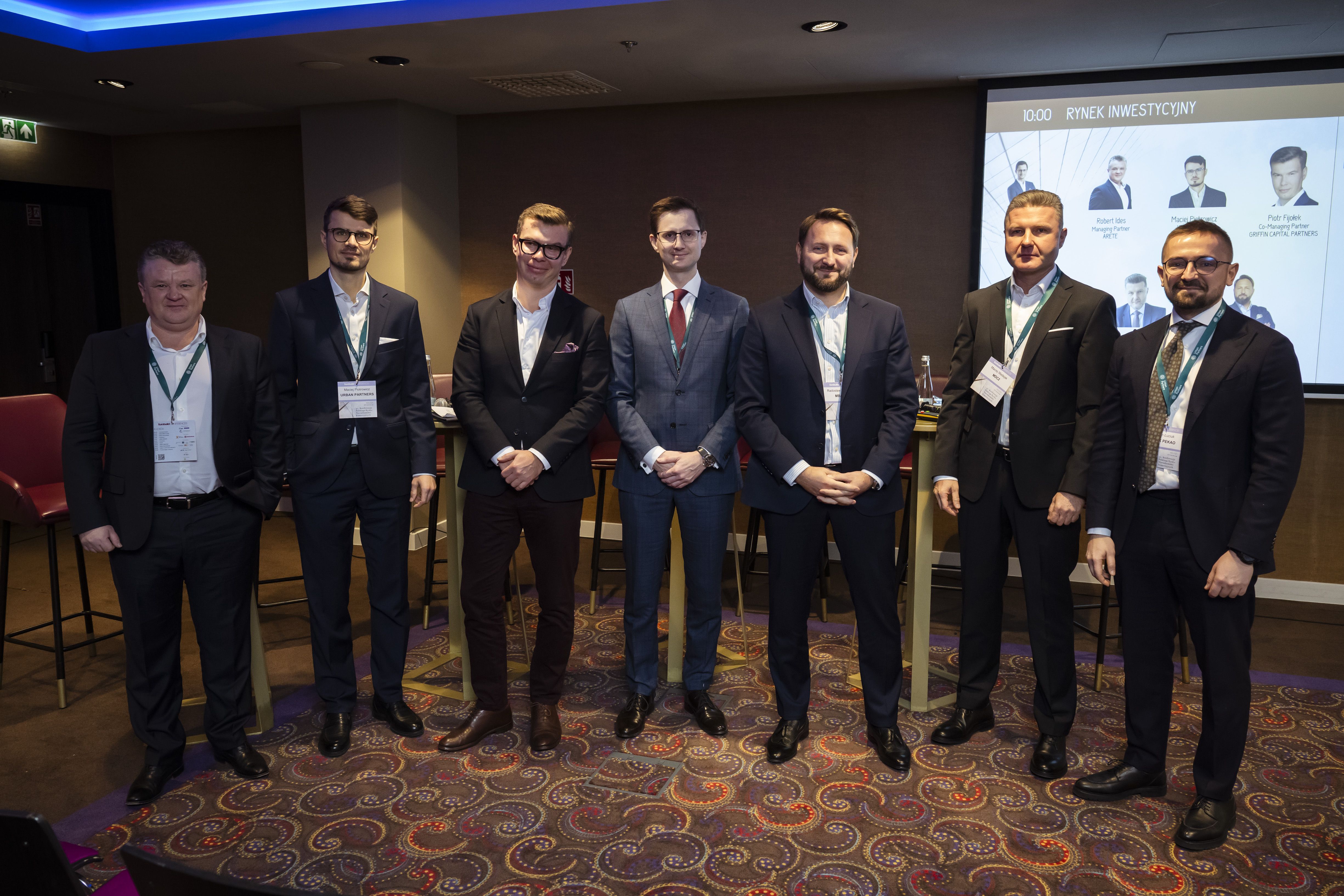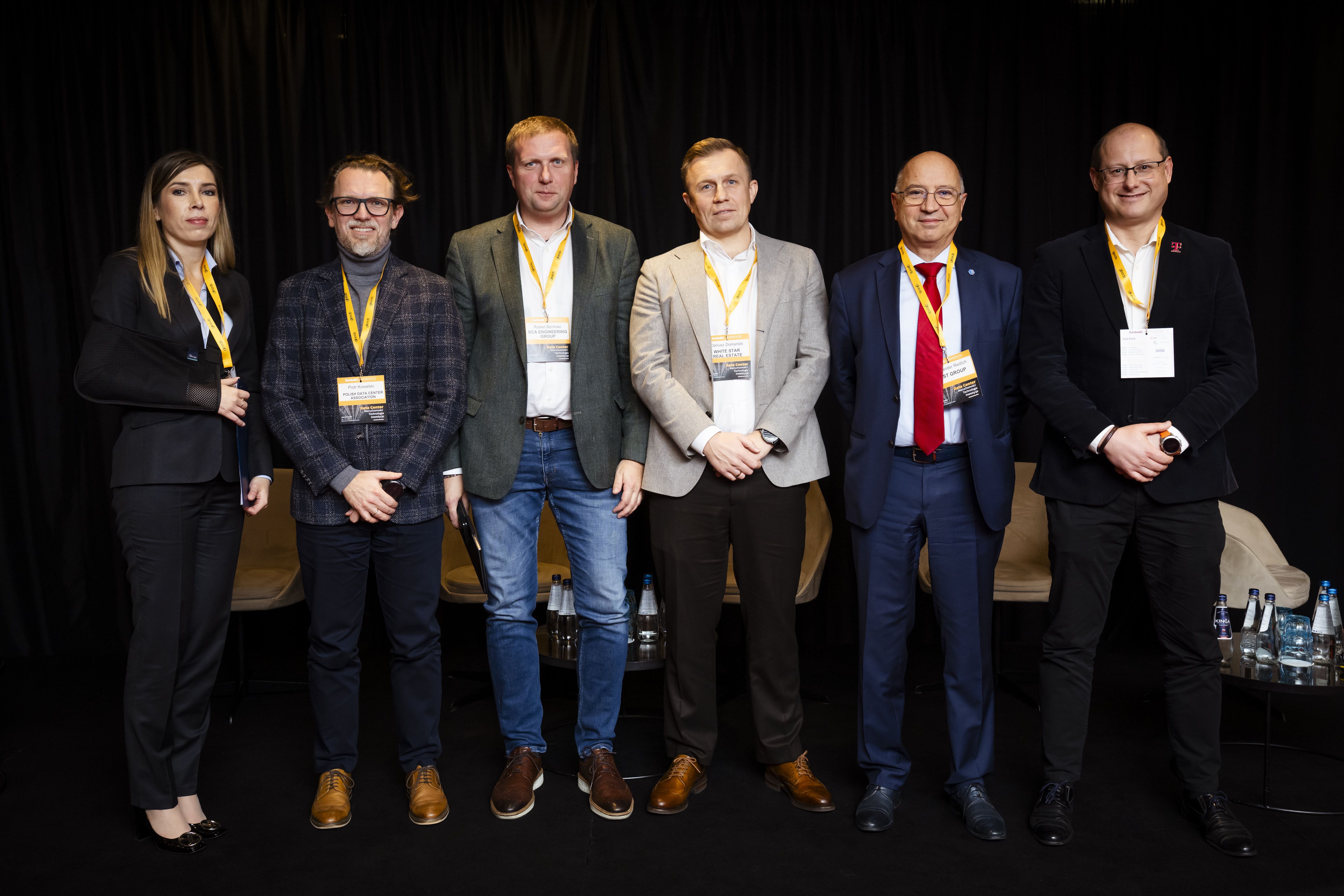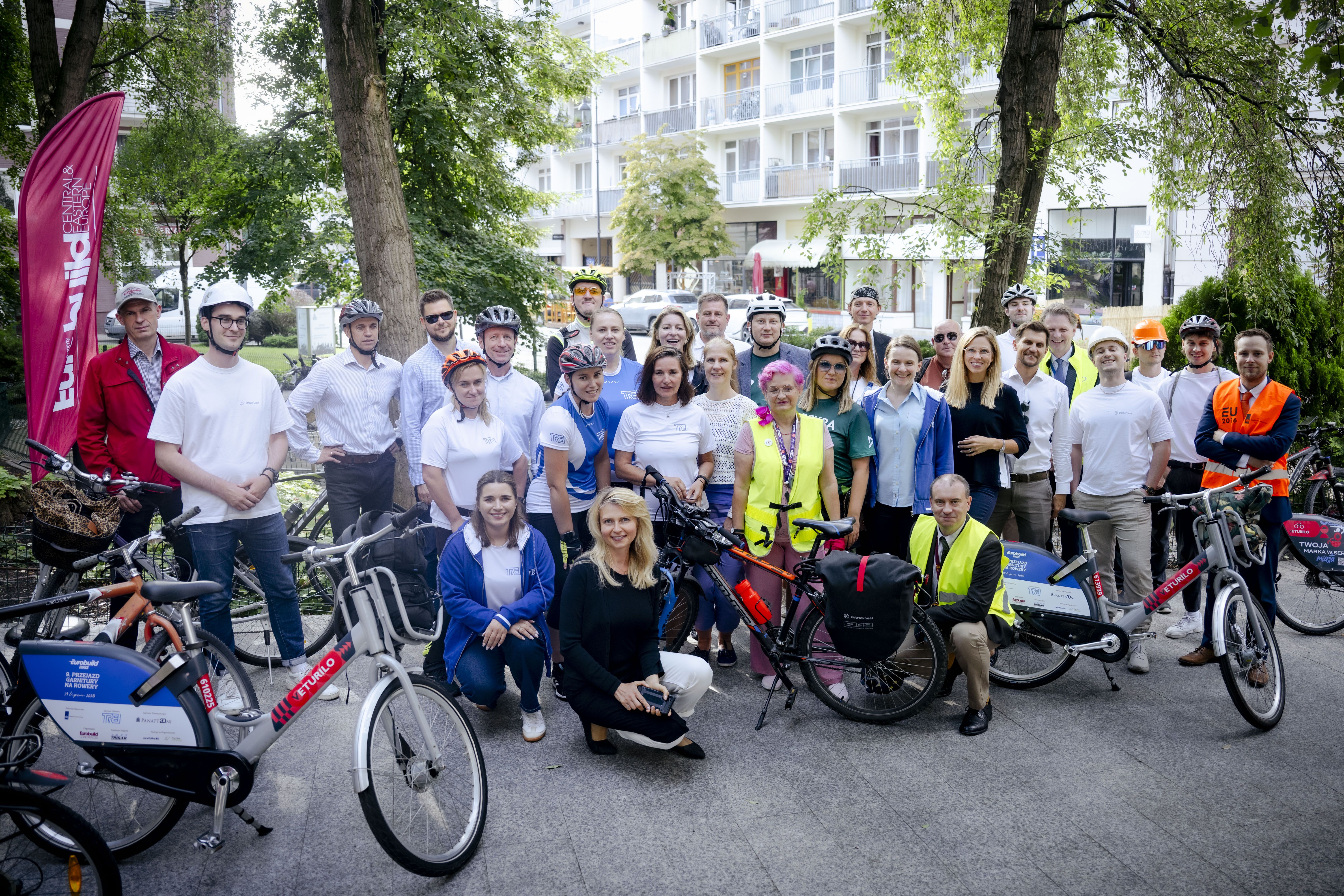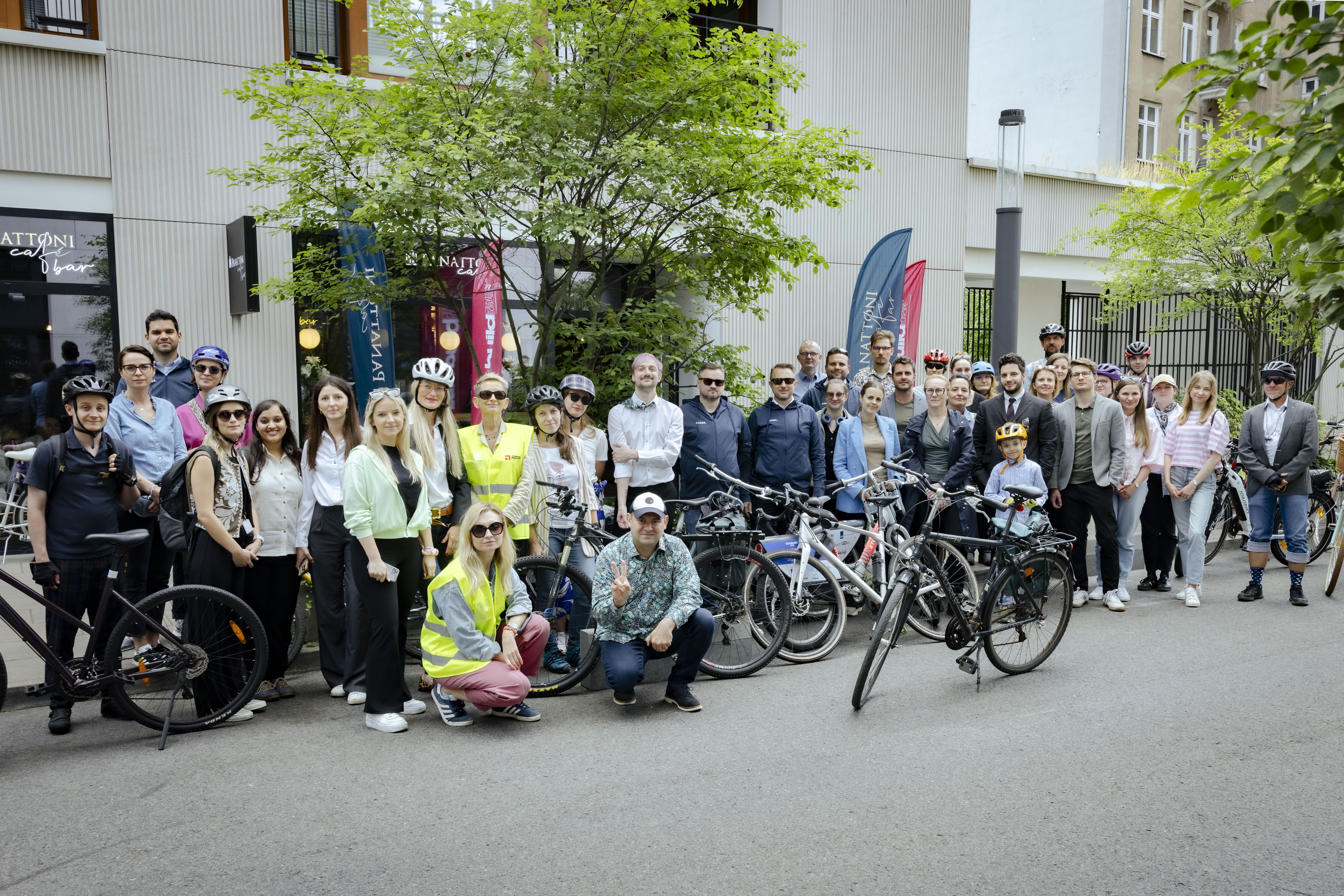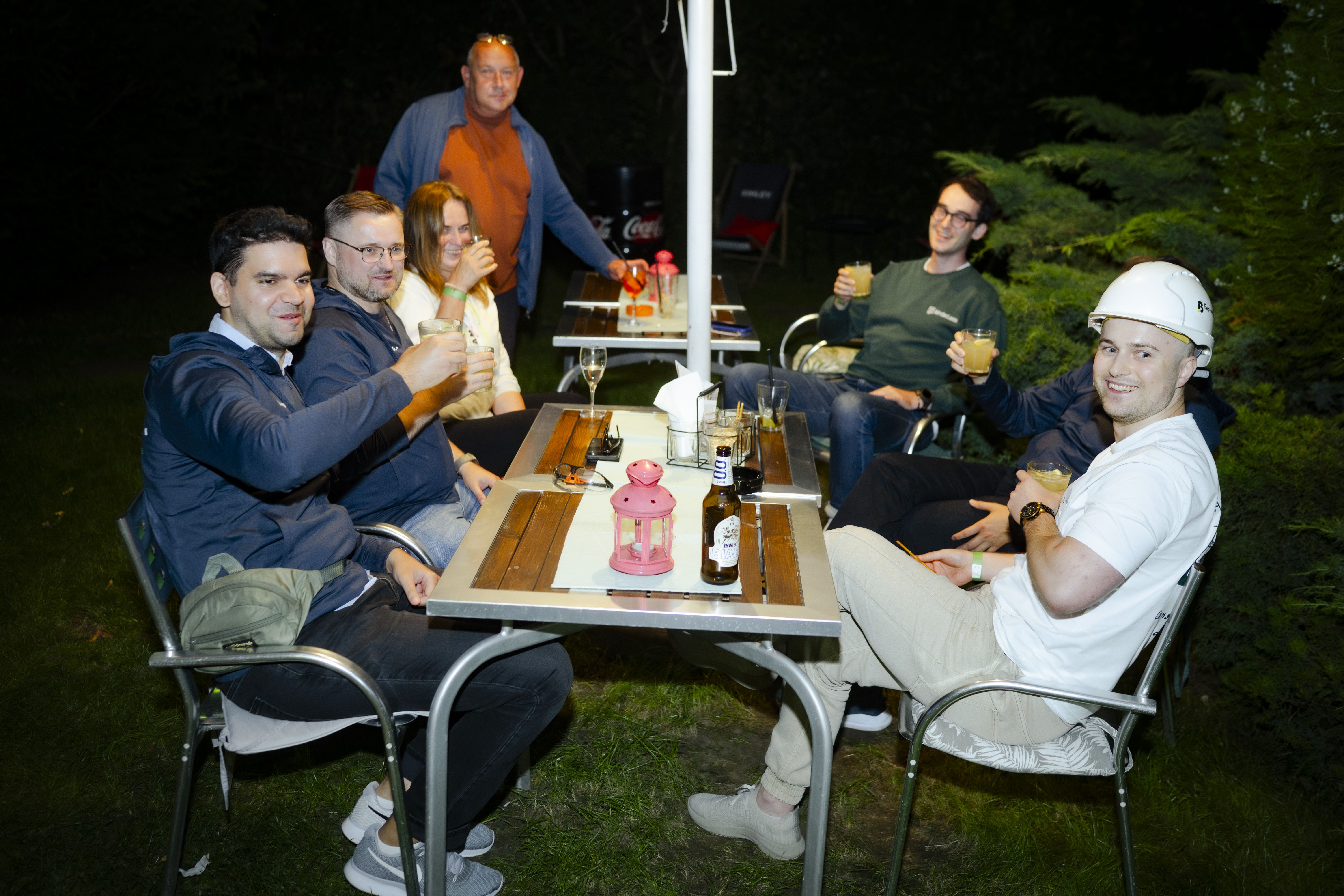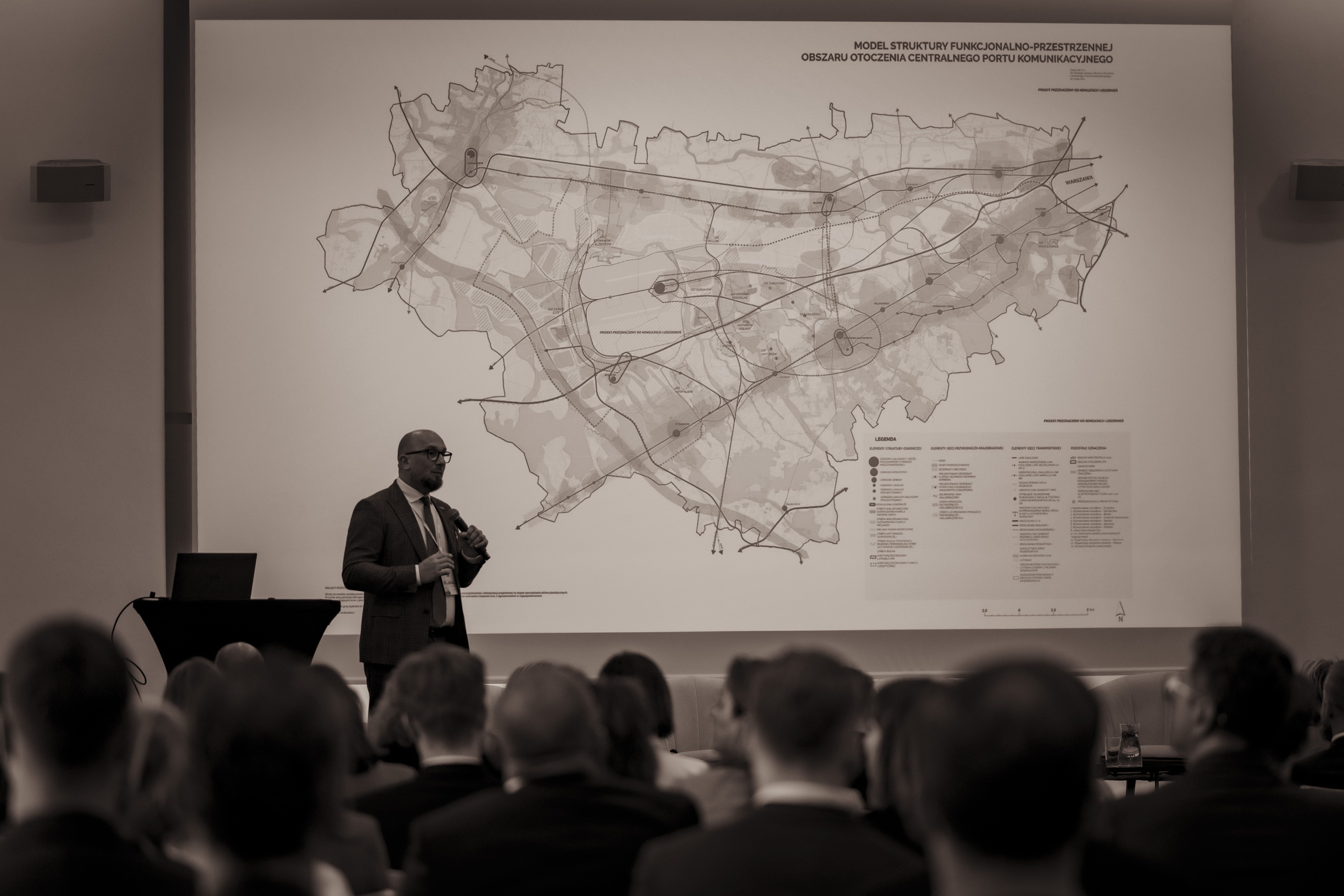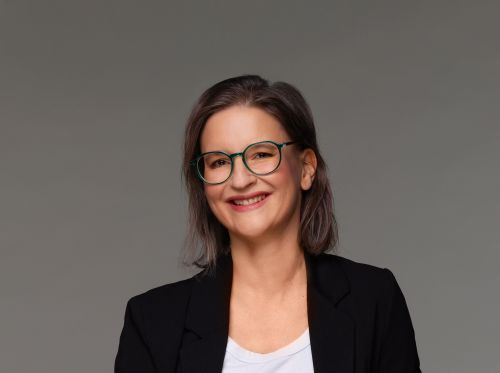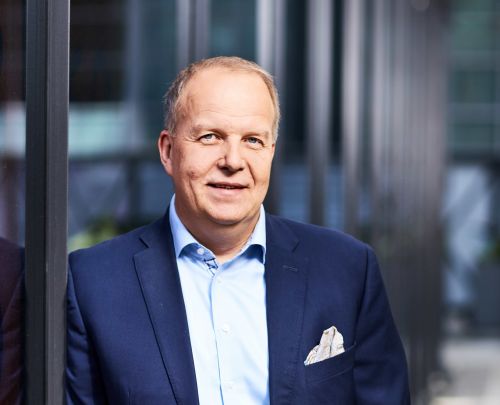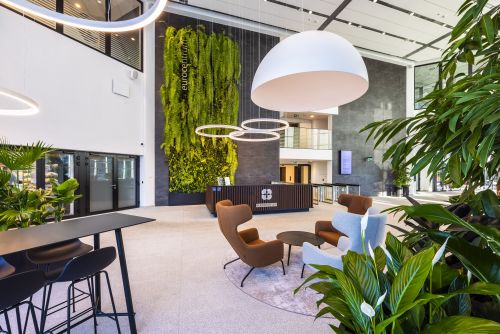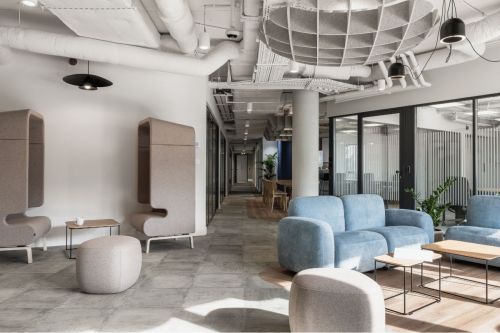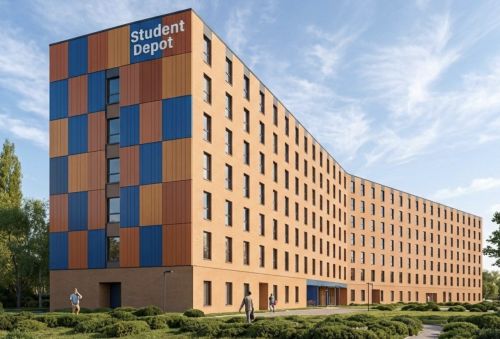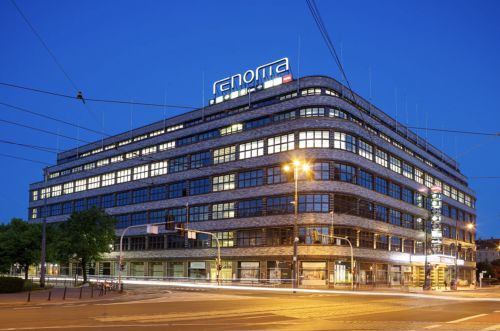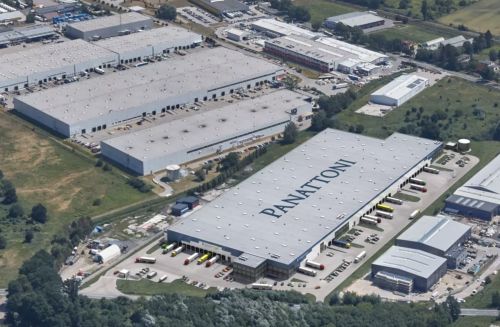Eurobuild Conferences: Office Space and Green Solutions
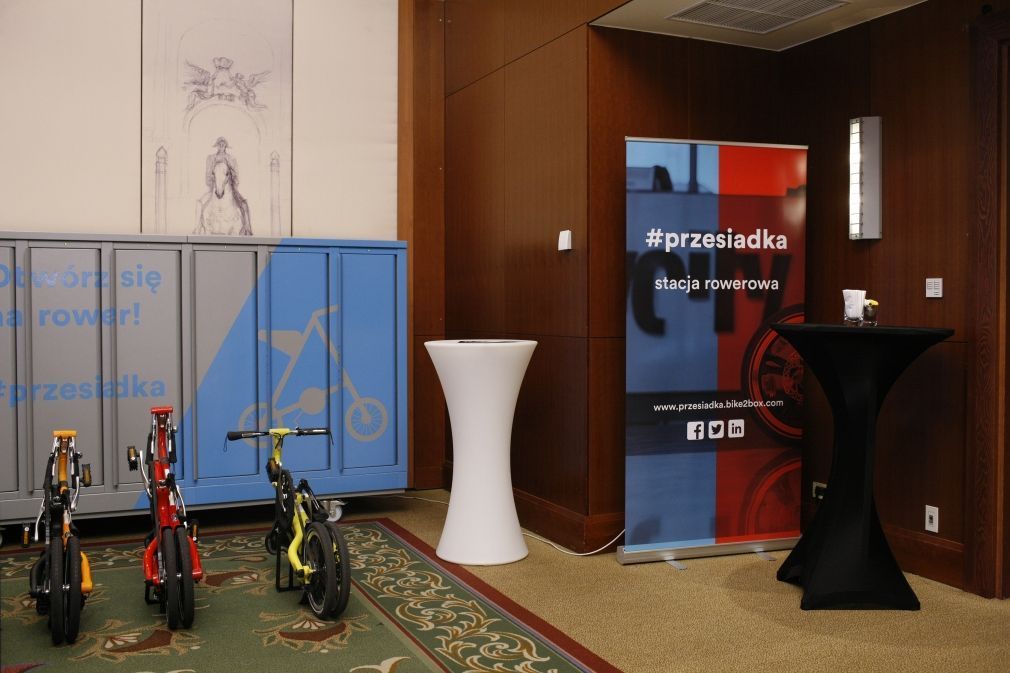
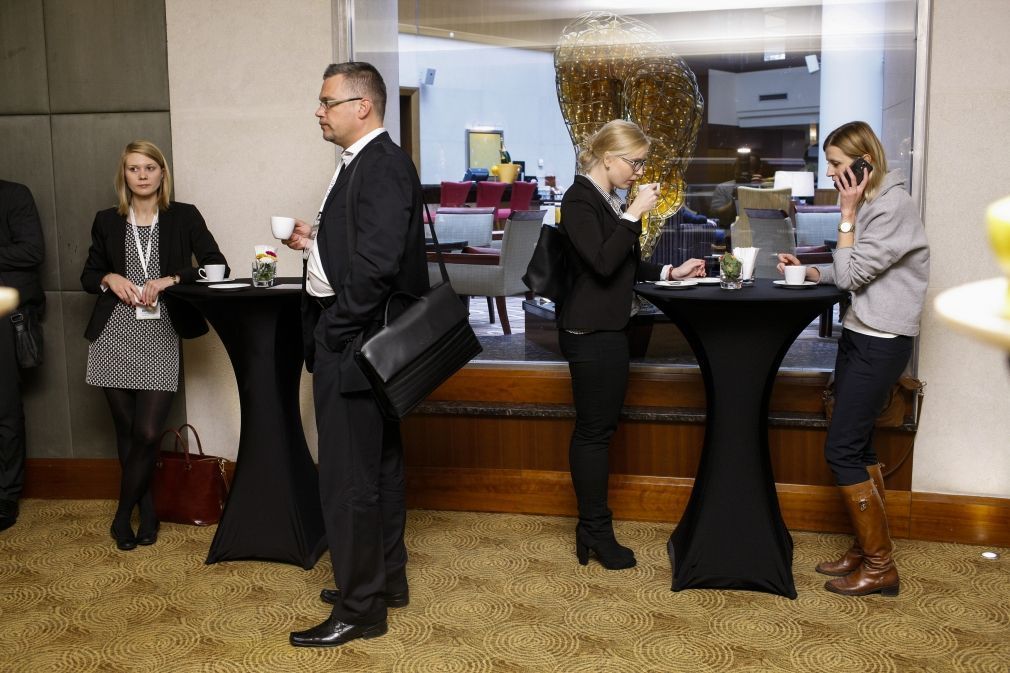
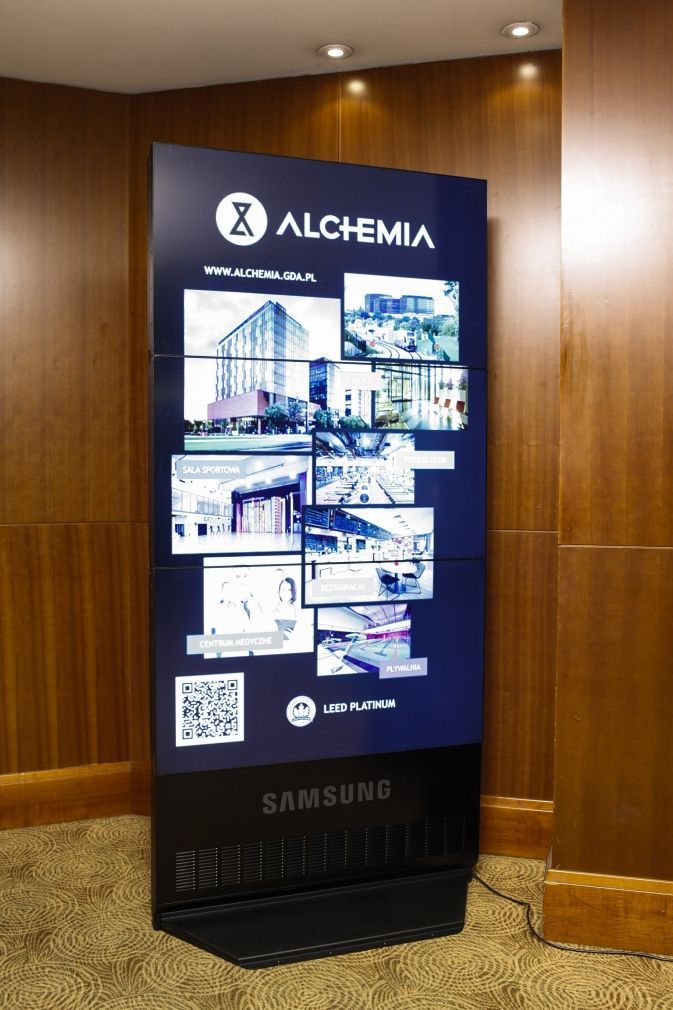
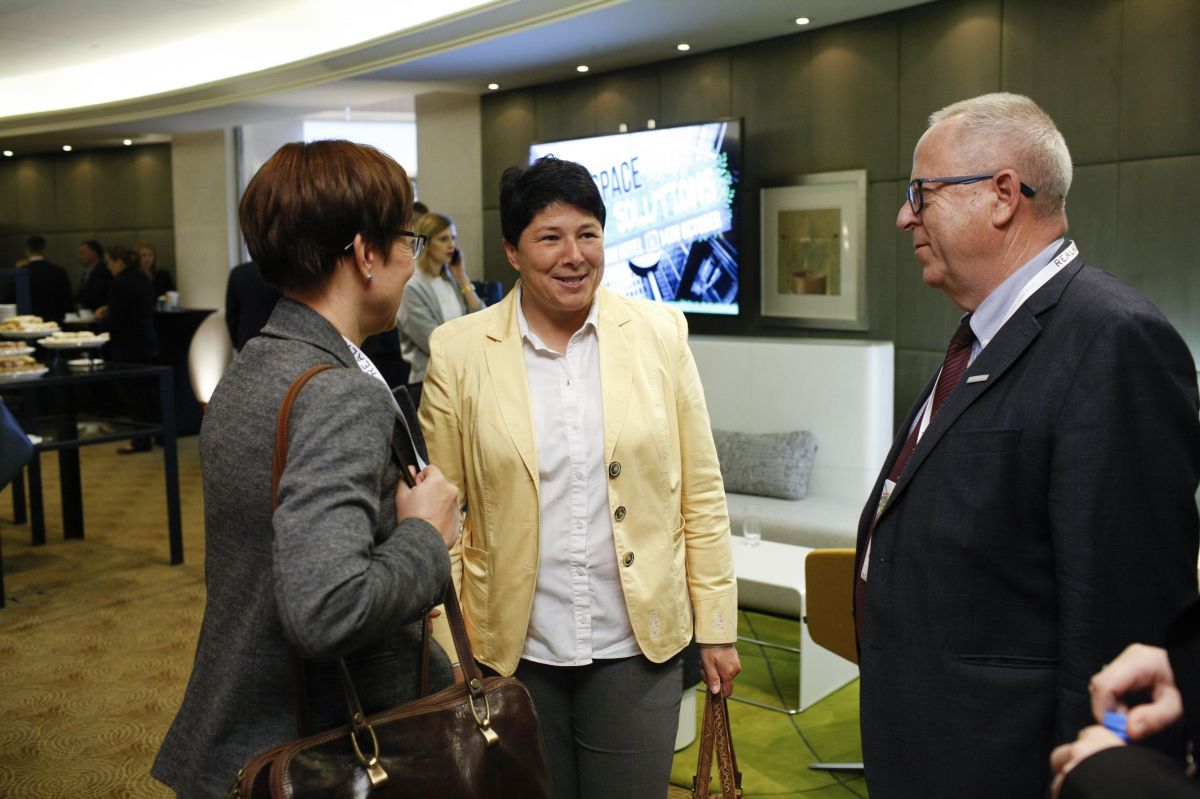
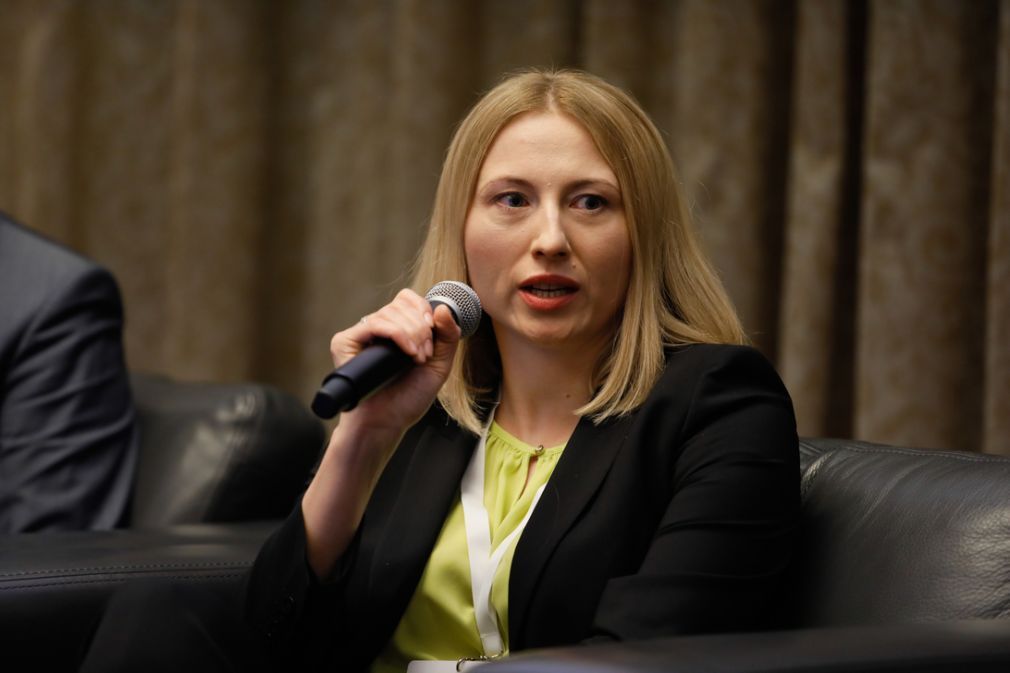
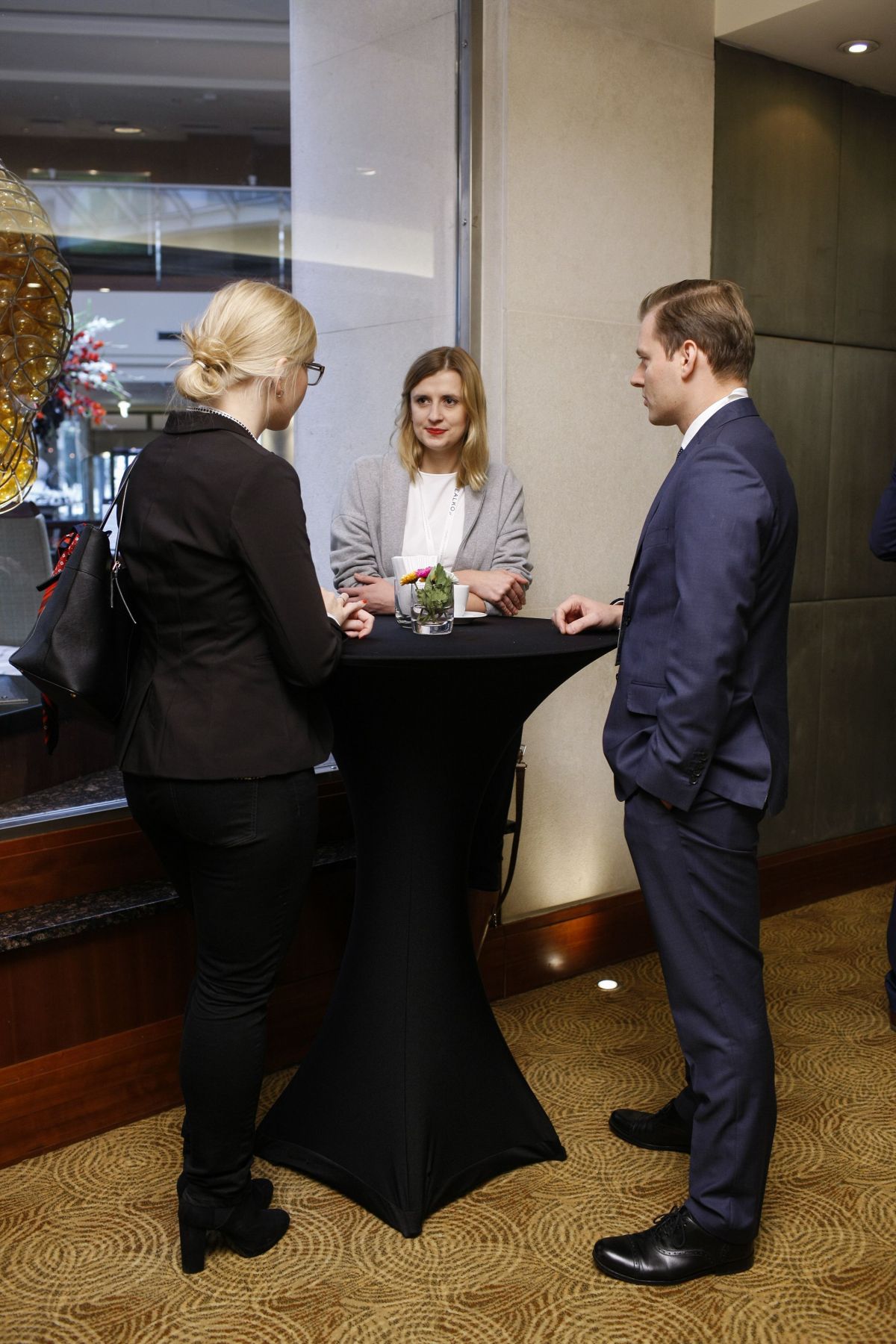
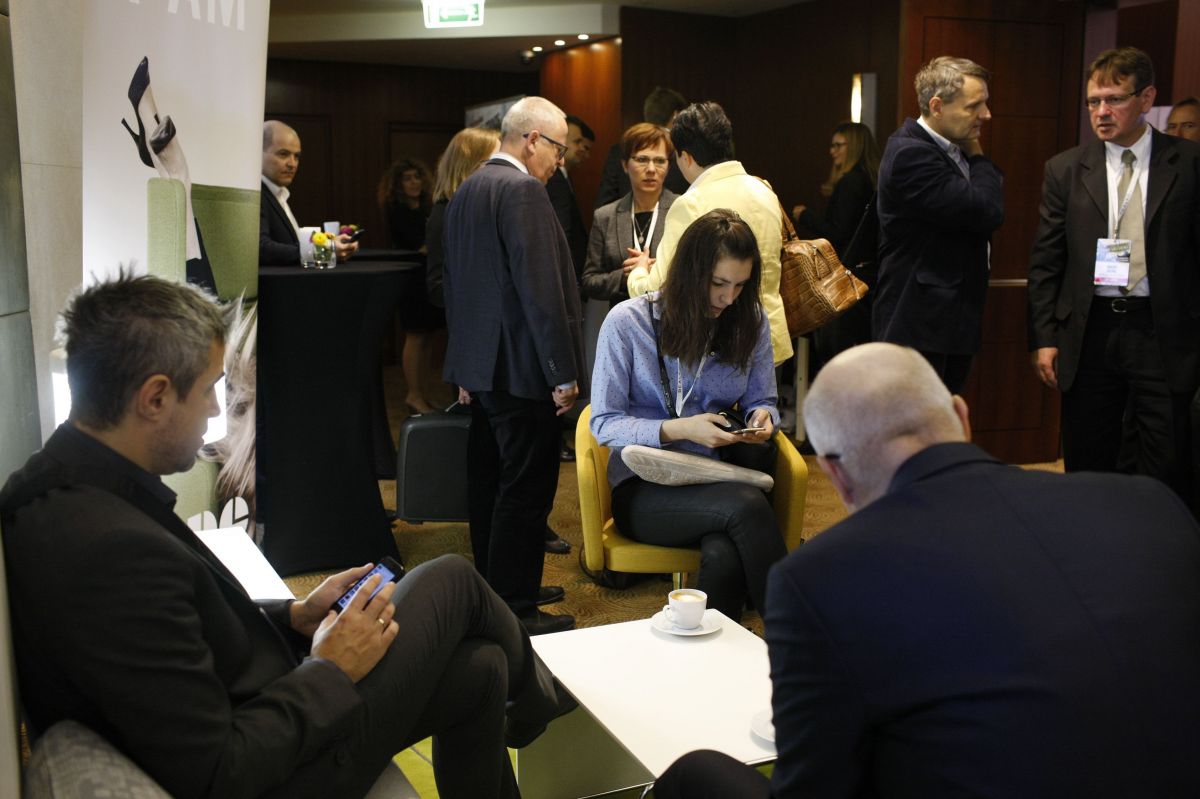

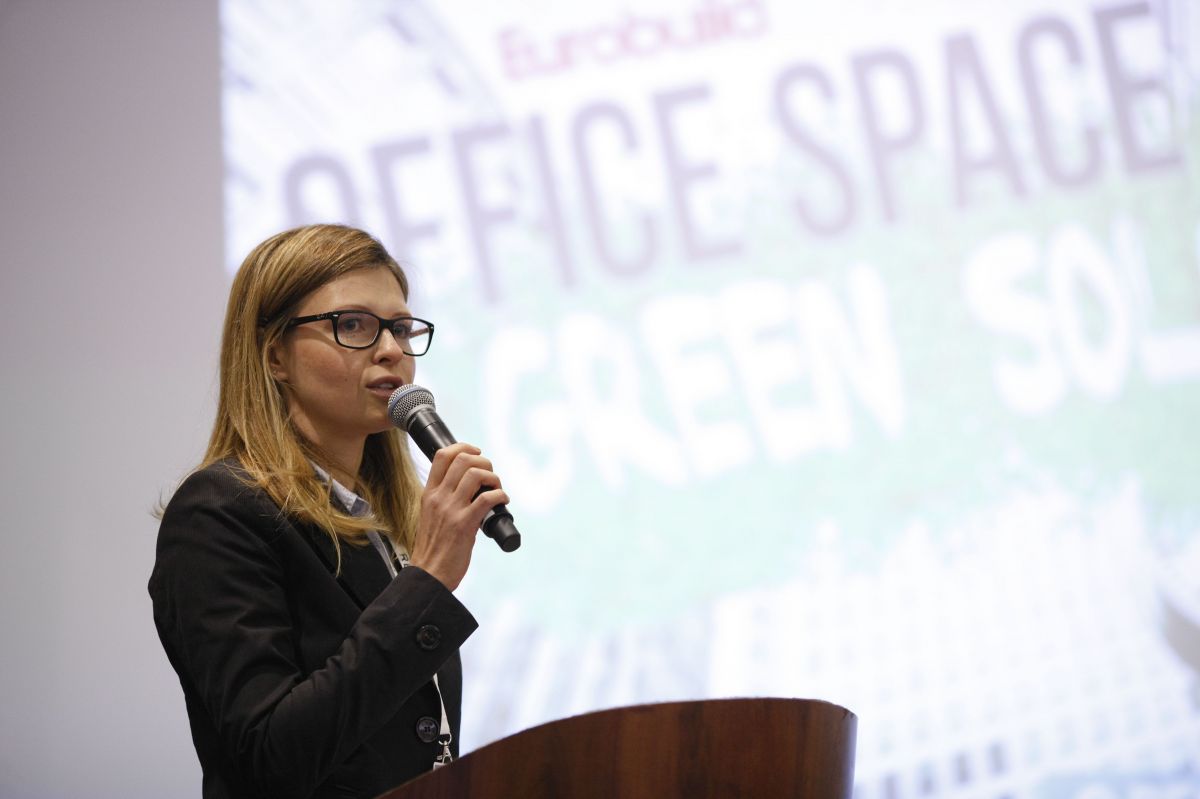
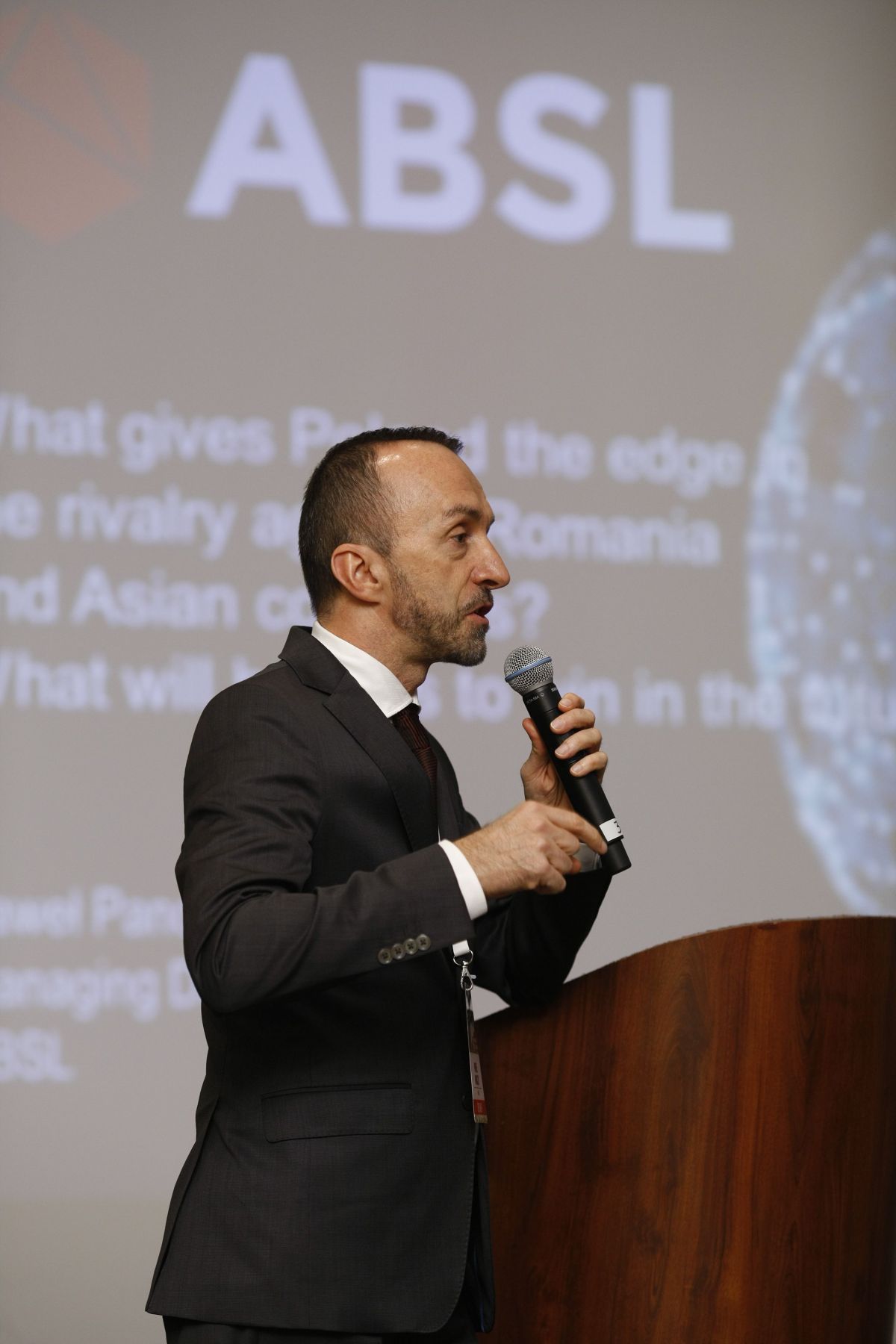
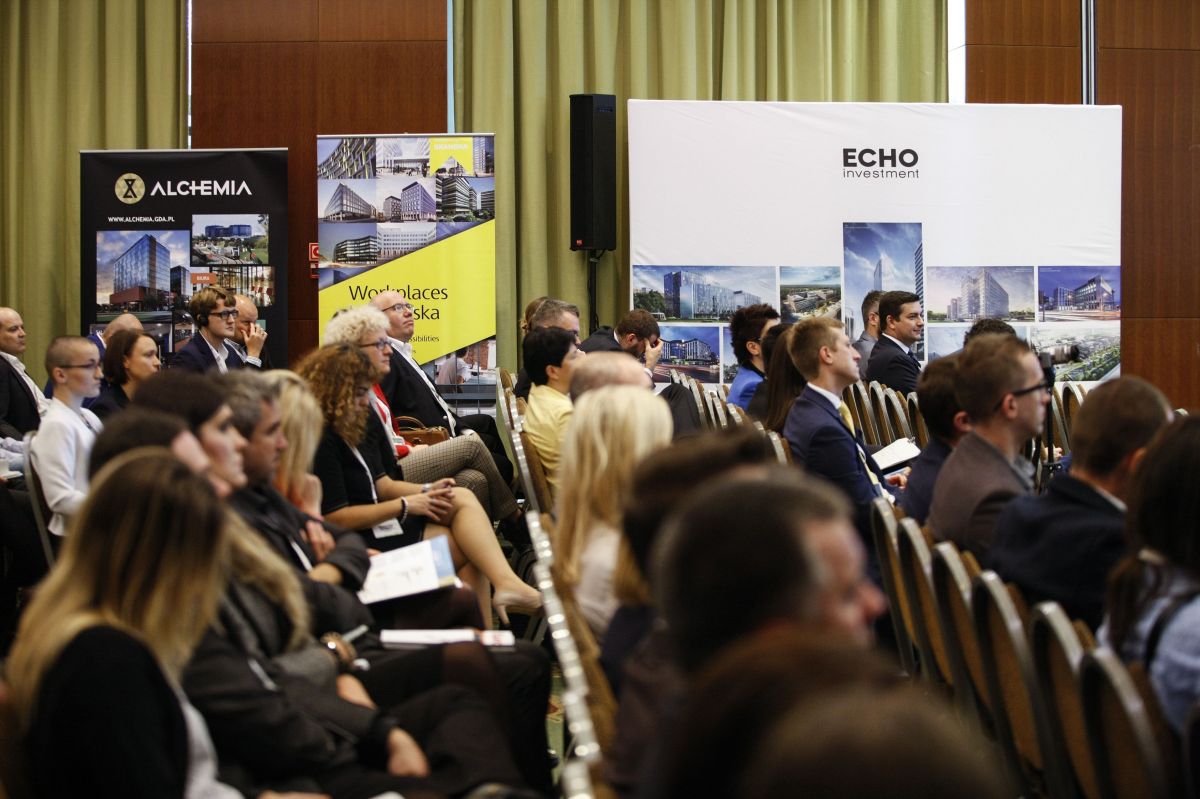
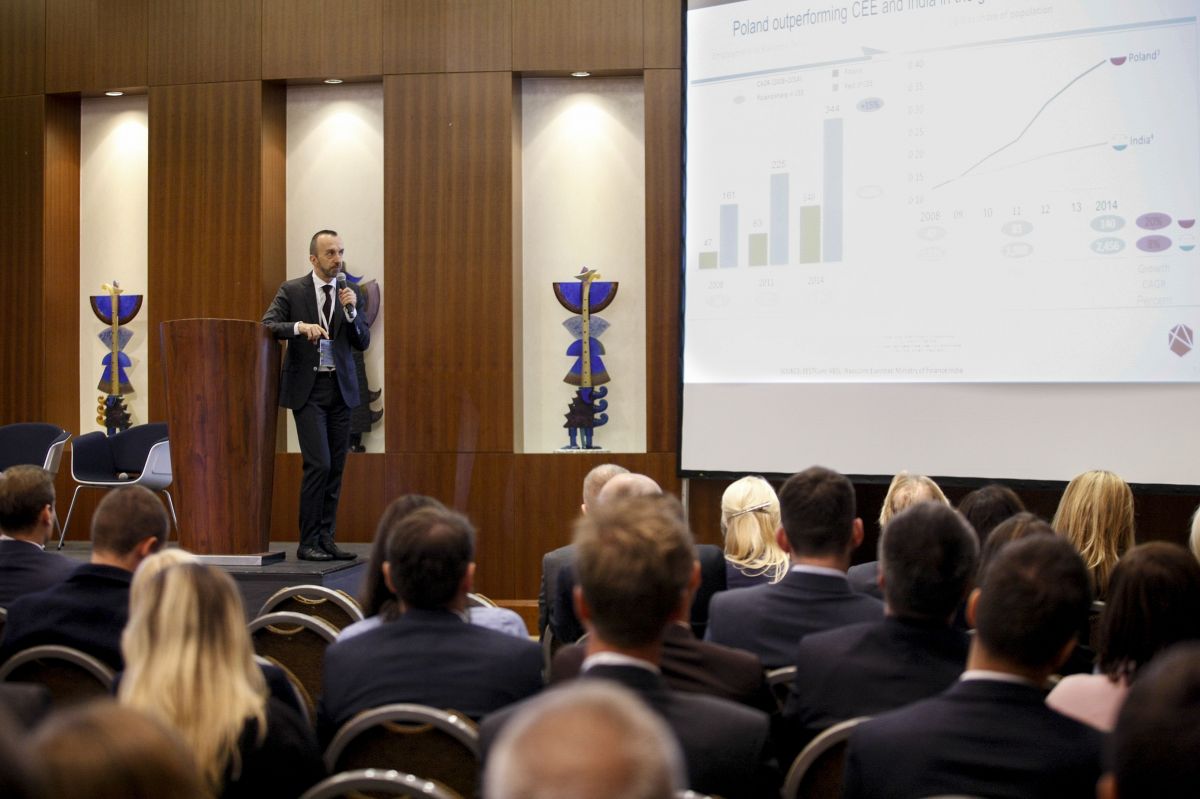

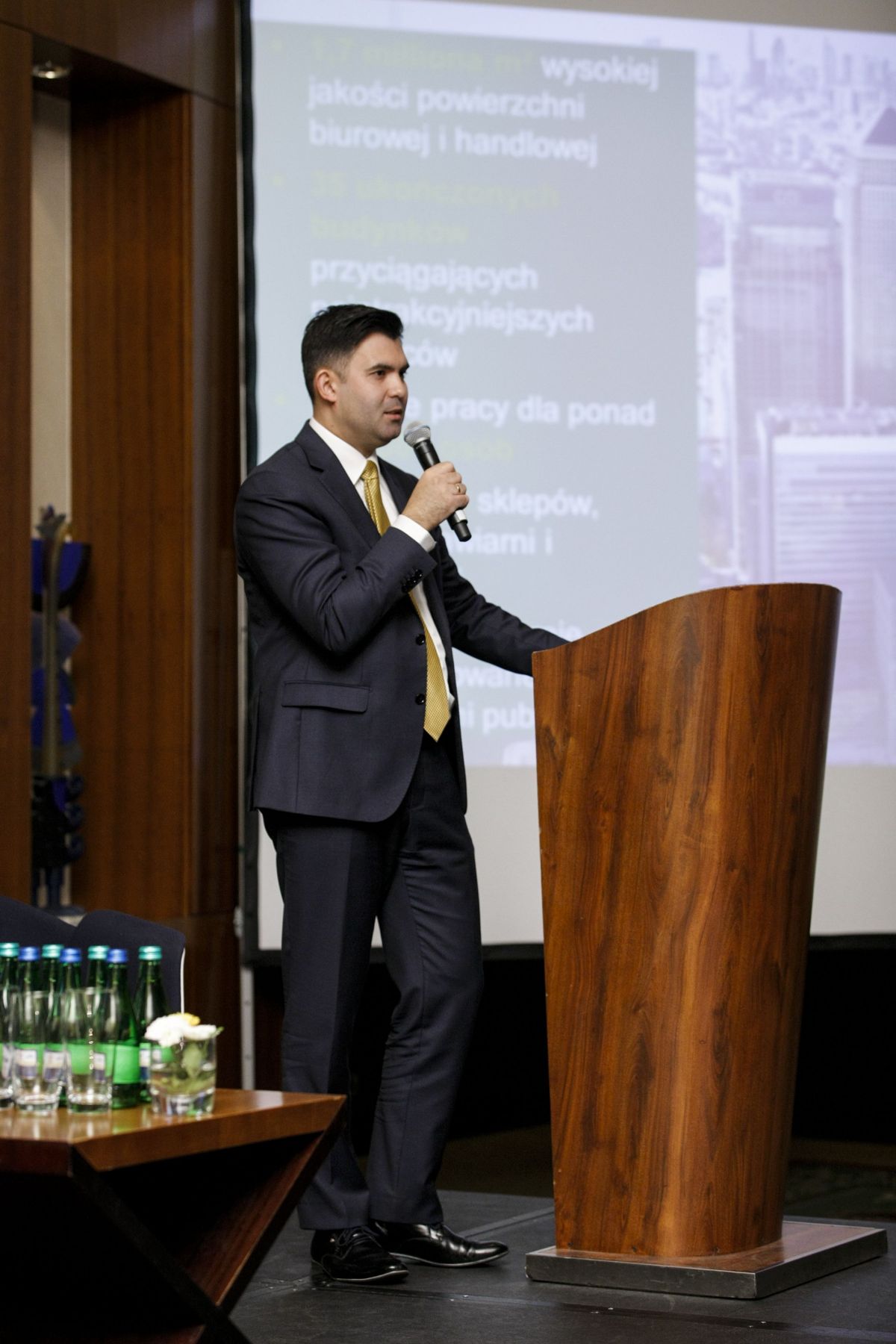
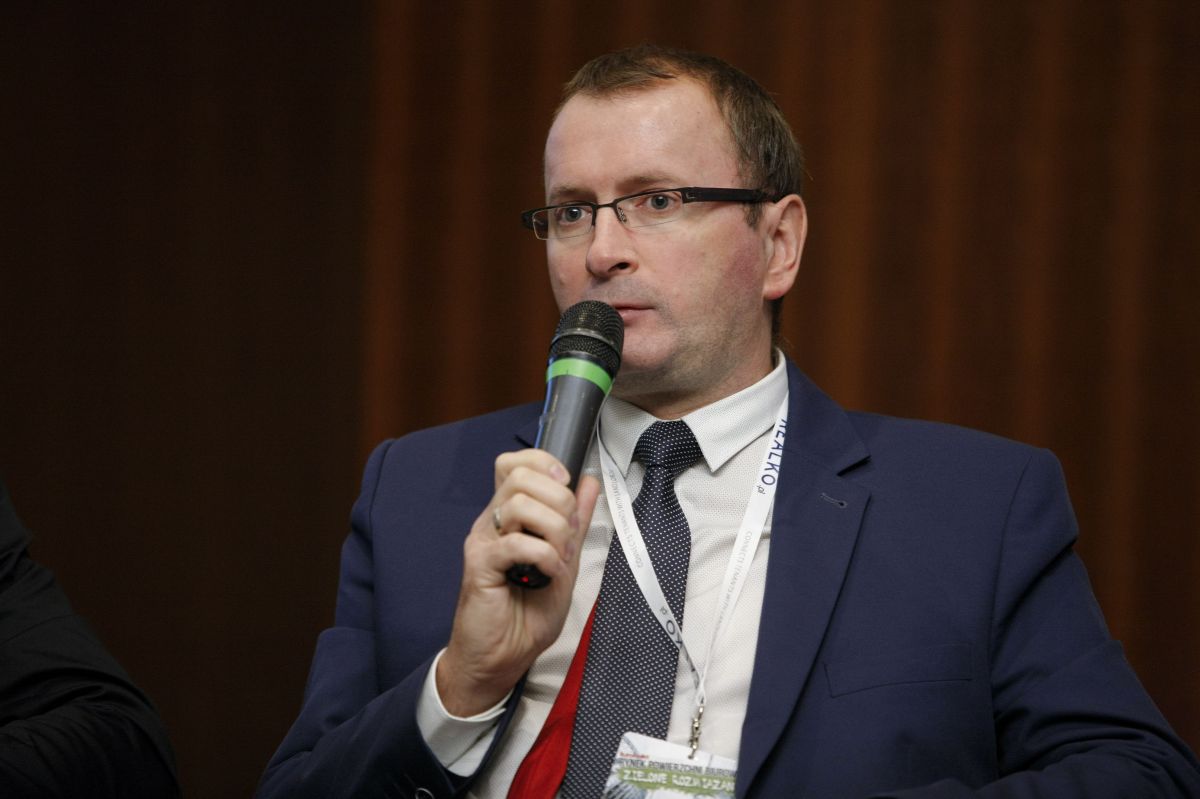
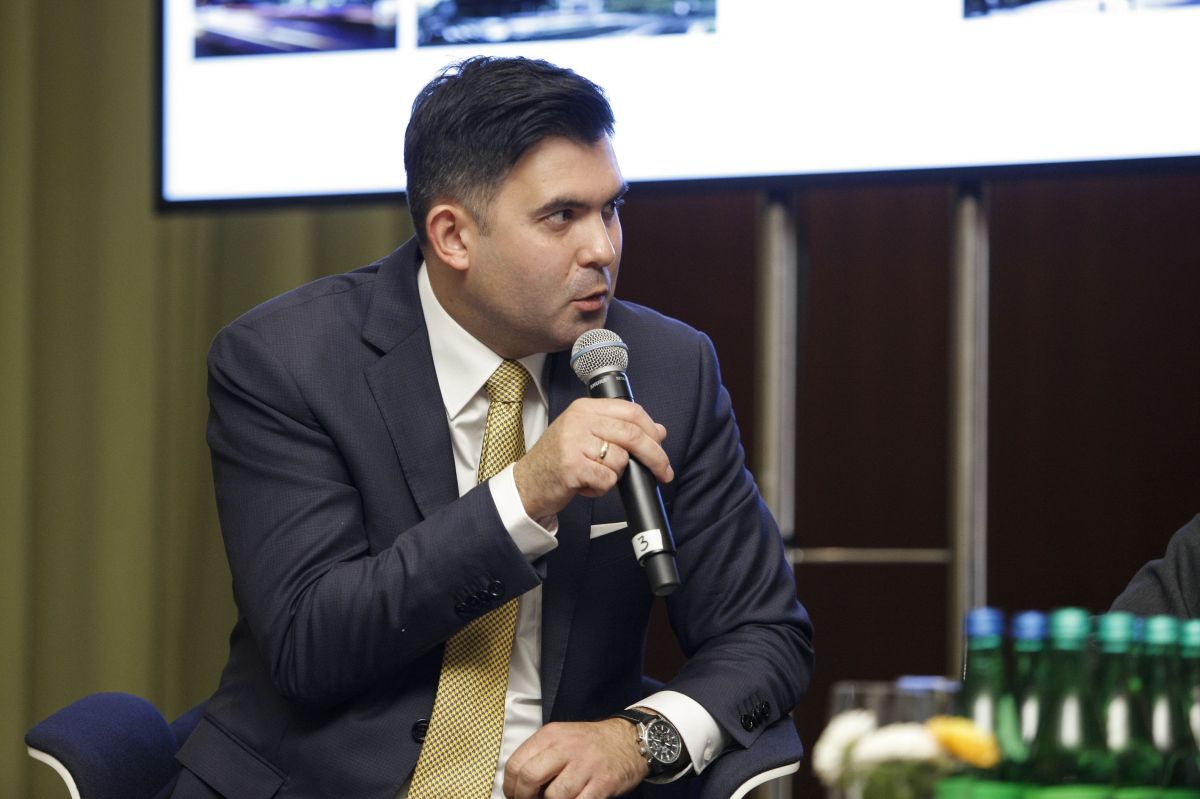
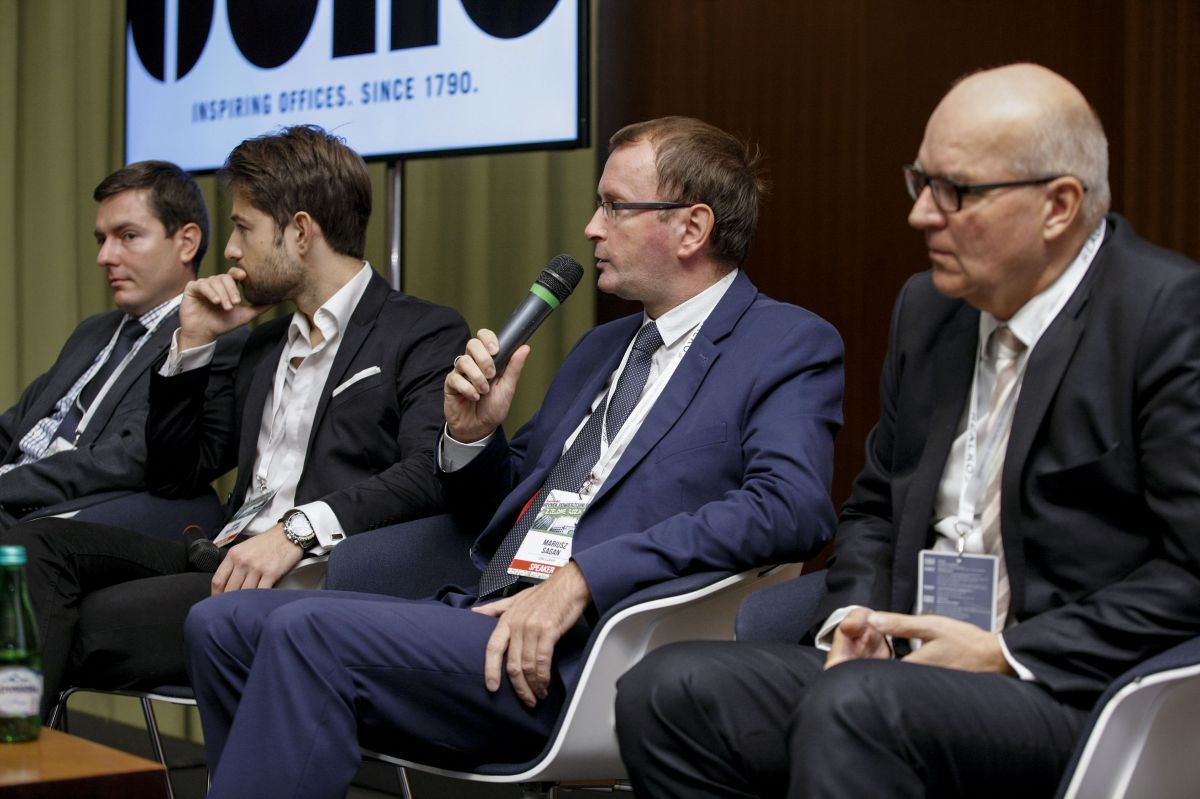
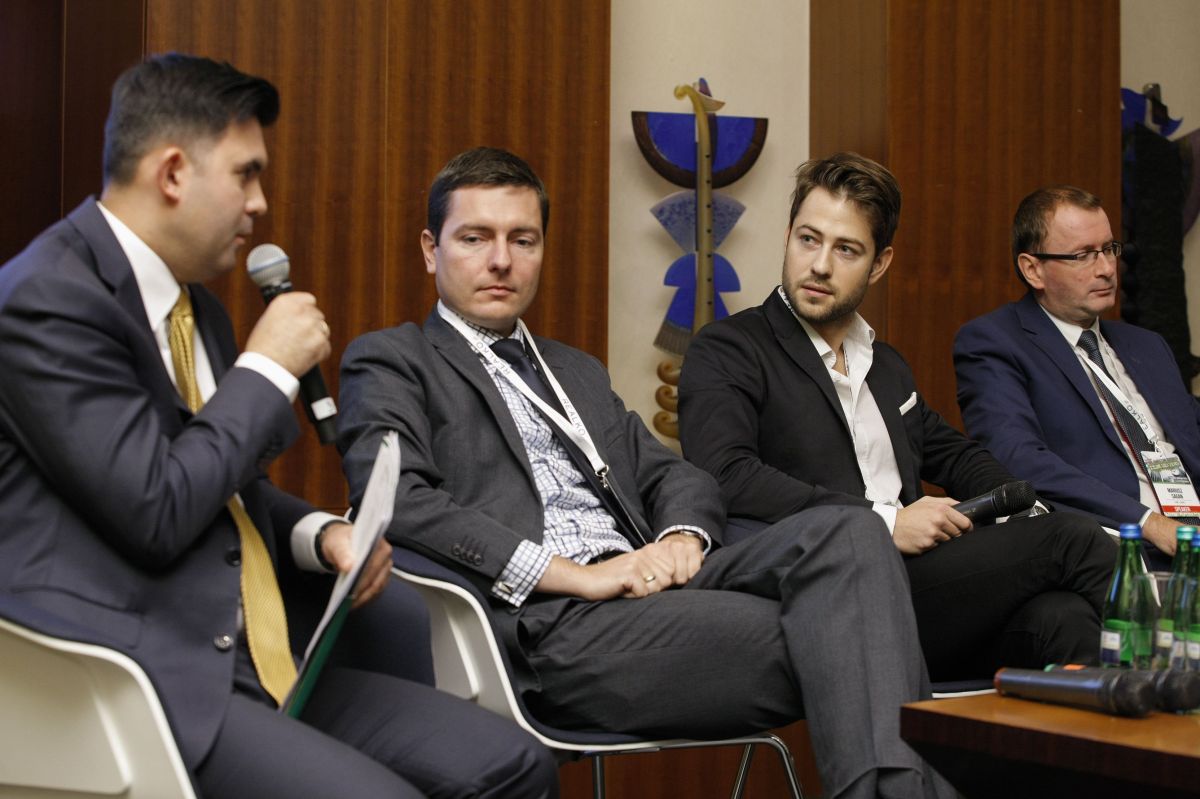

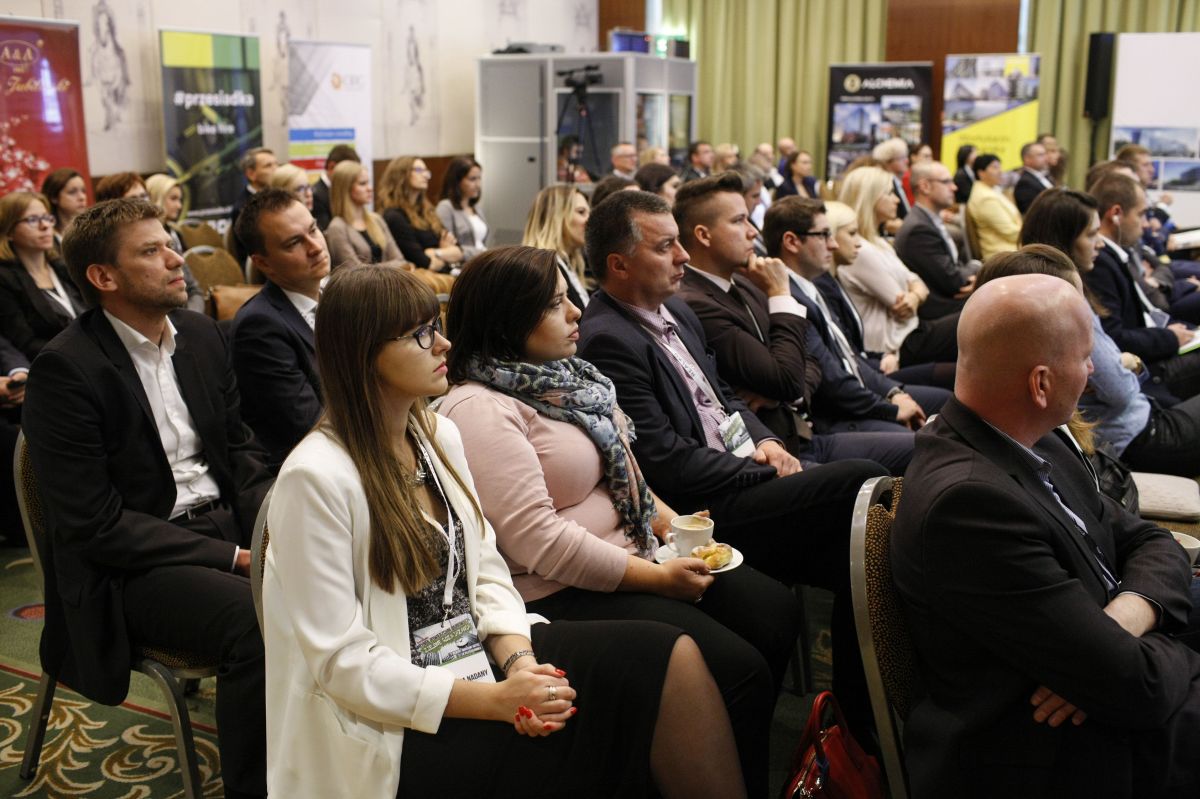
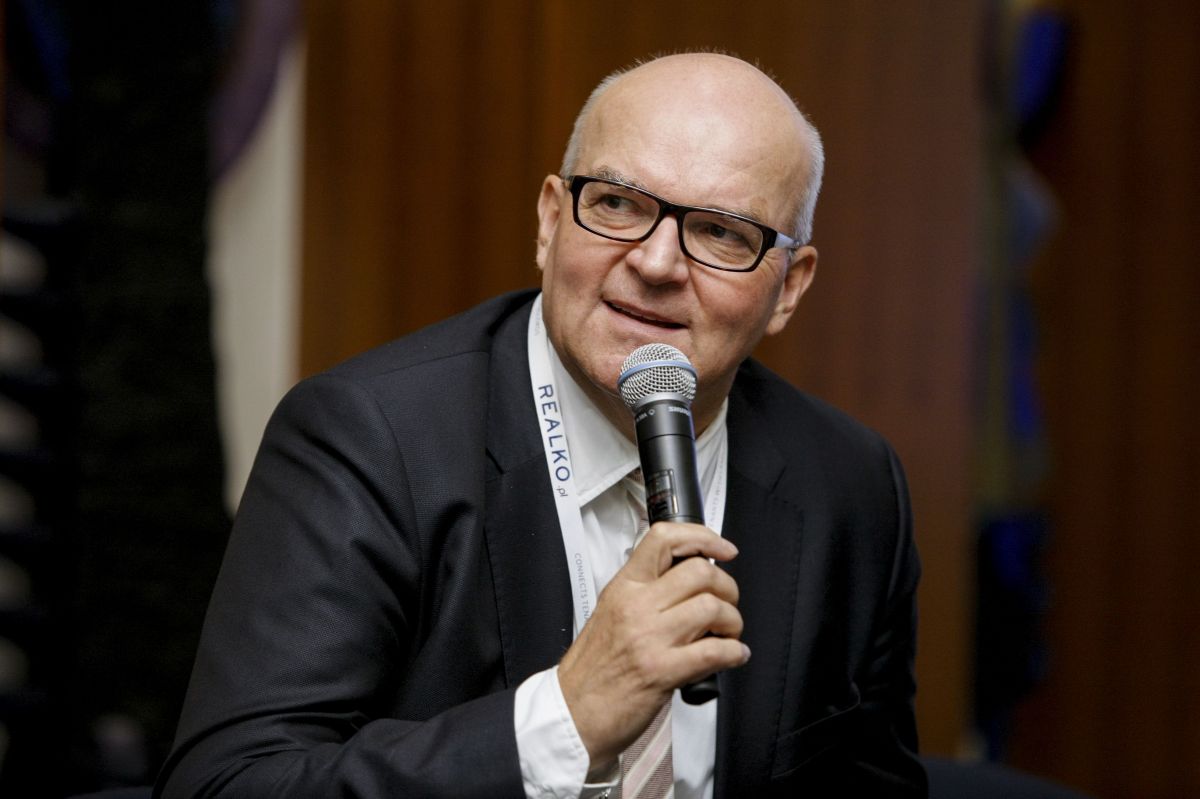
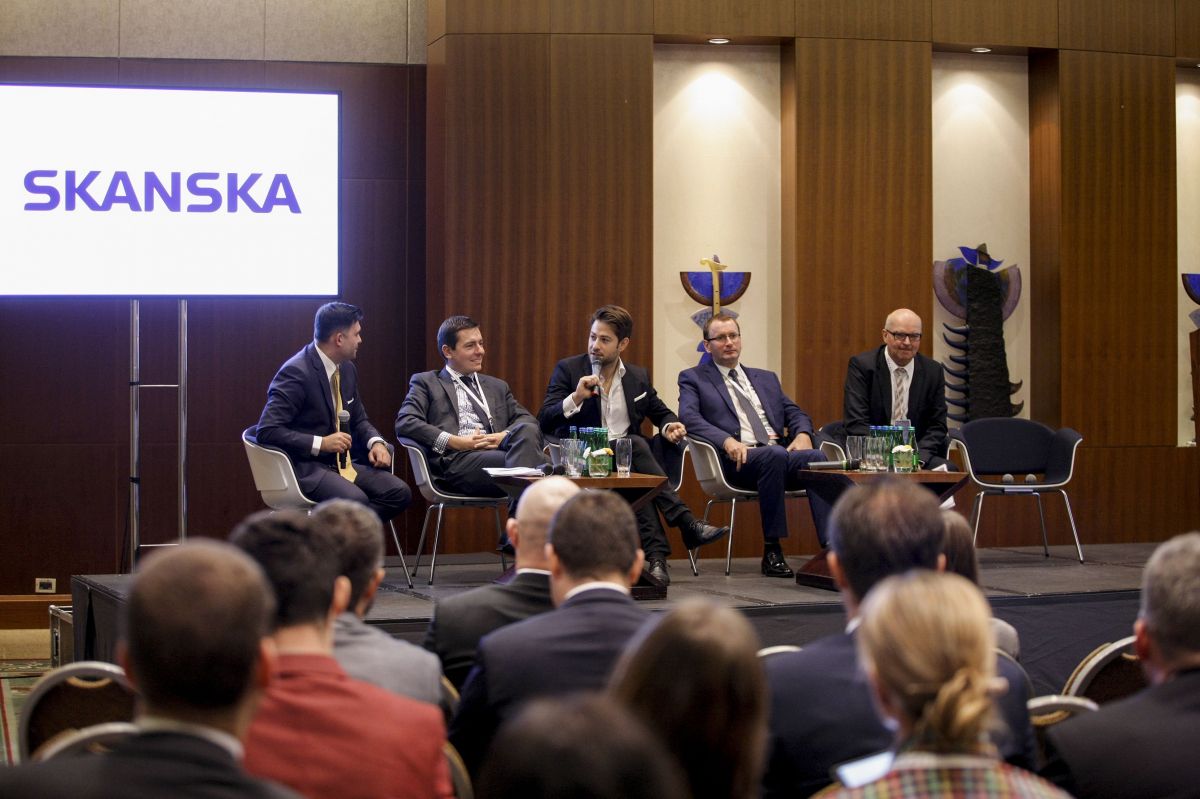
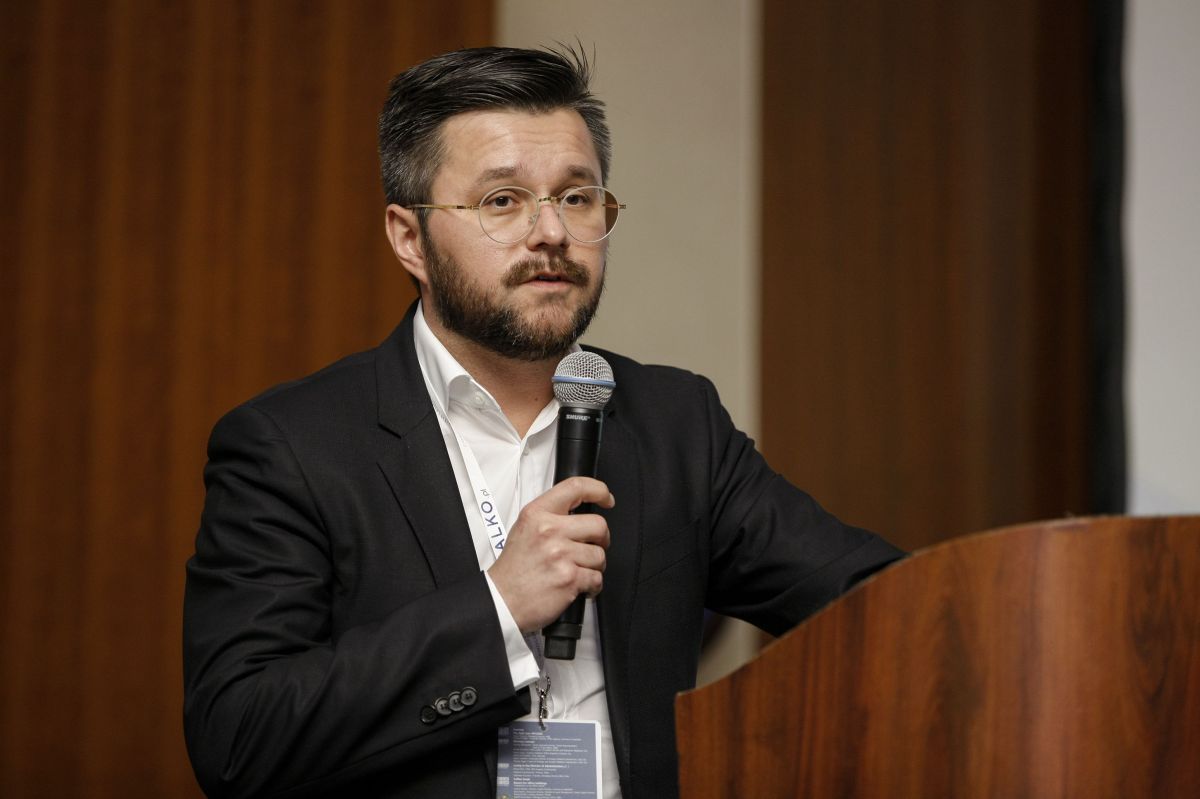
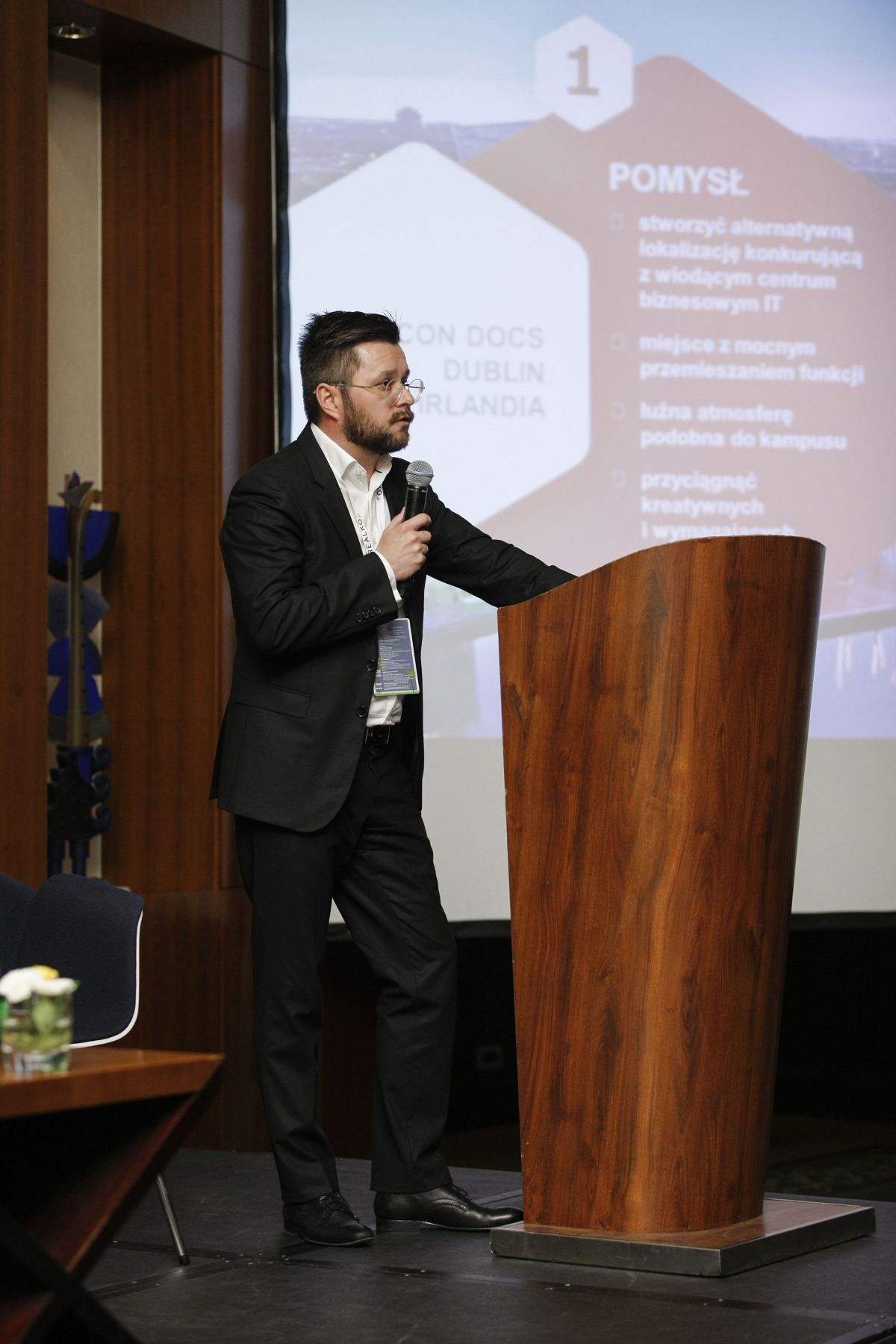
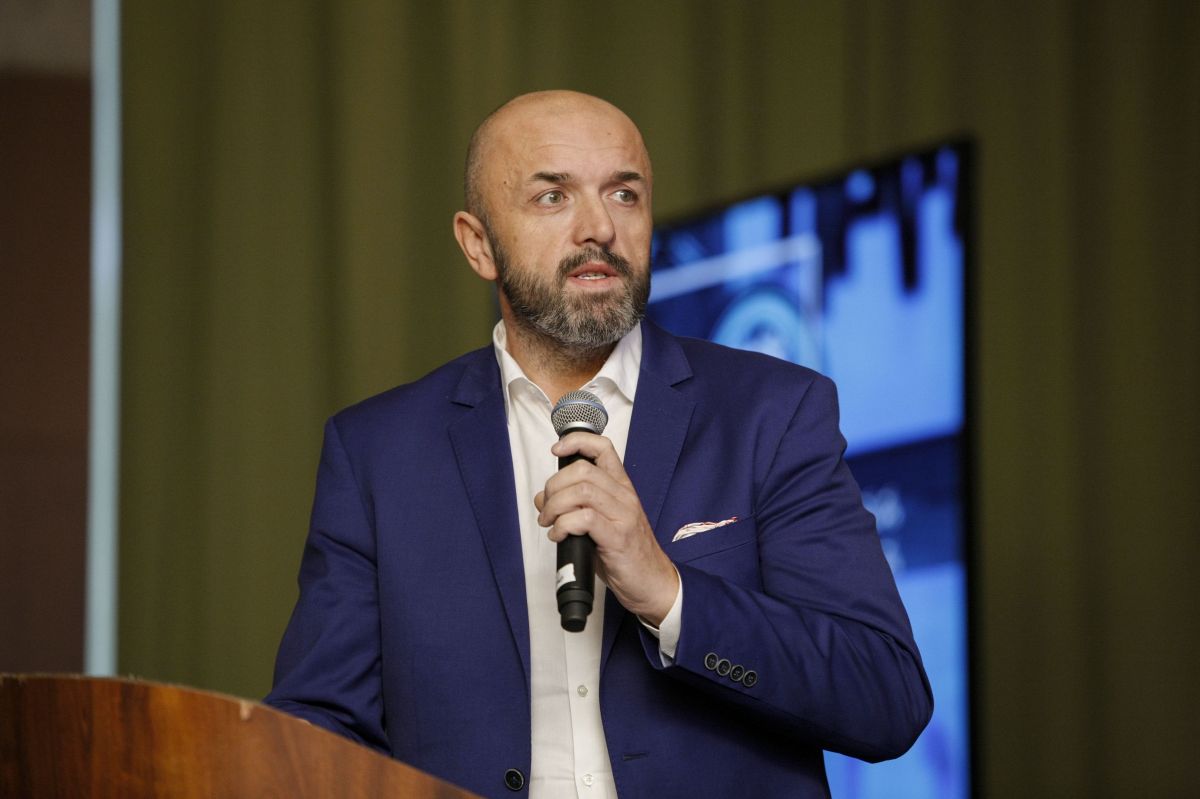
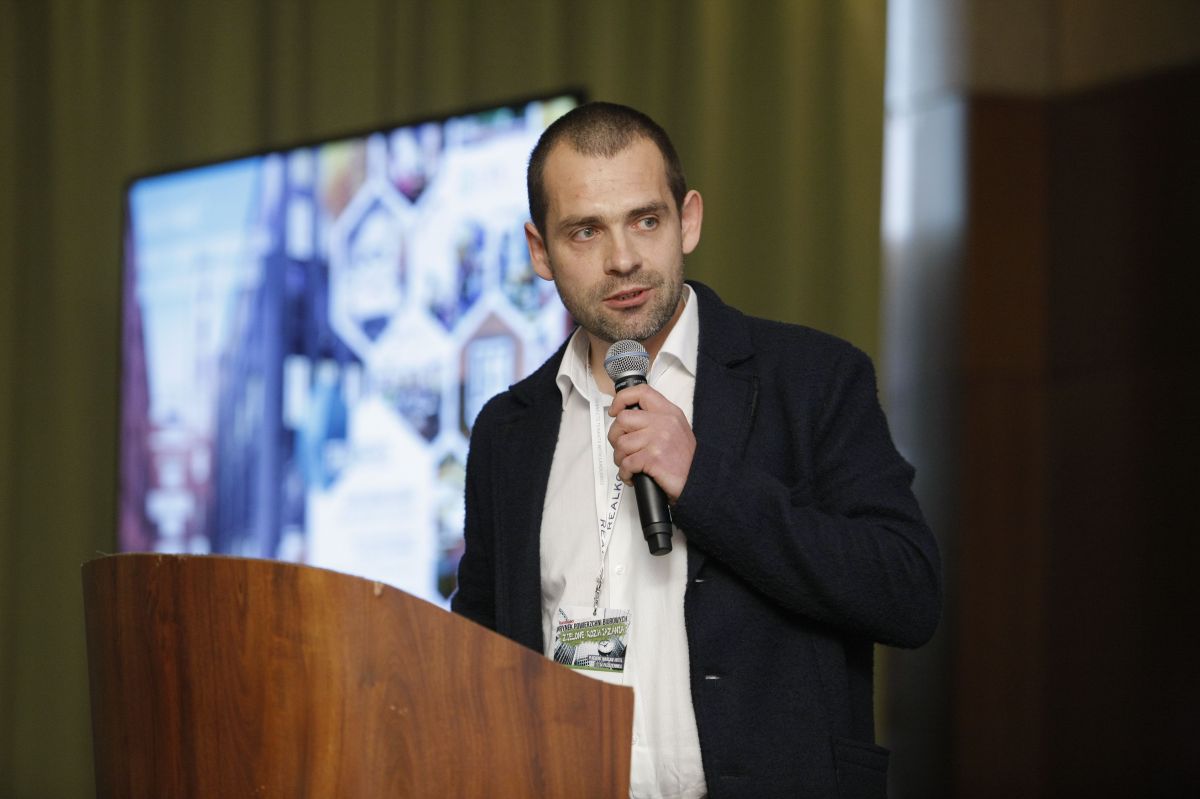
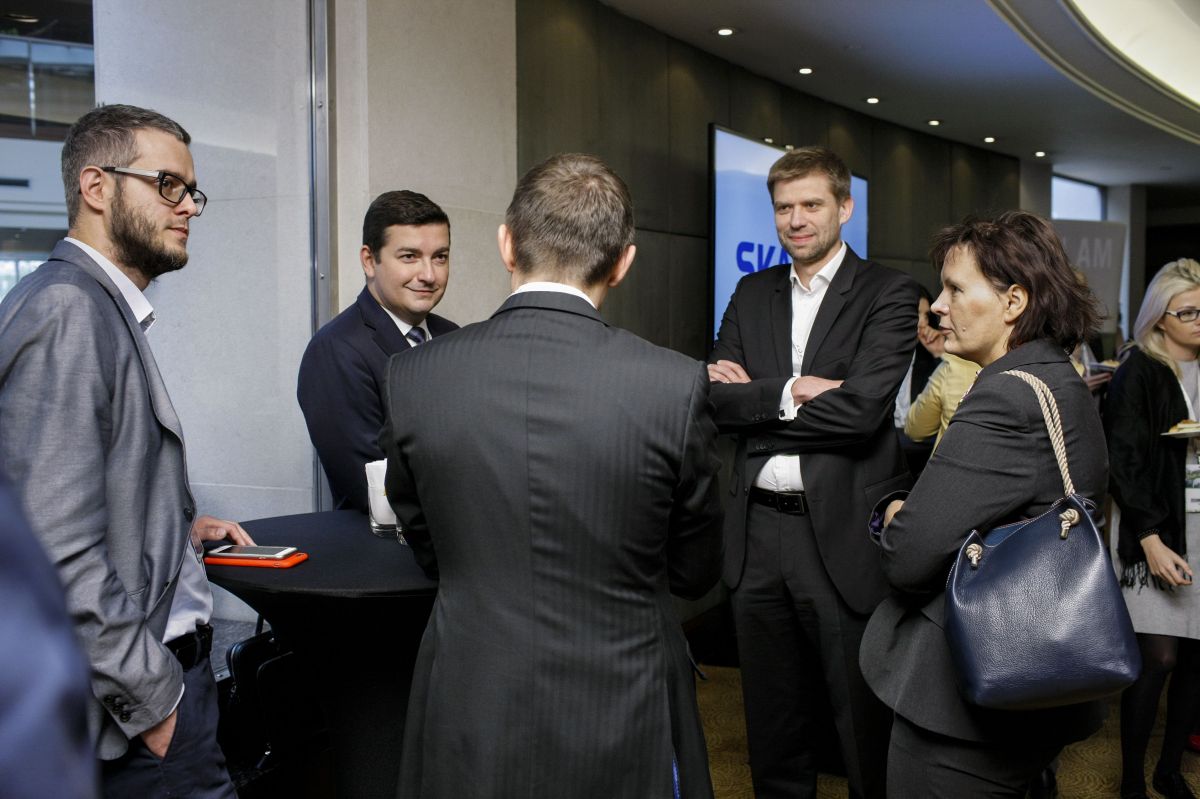
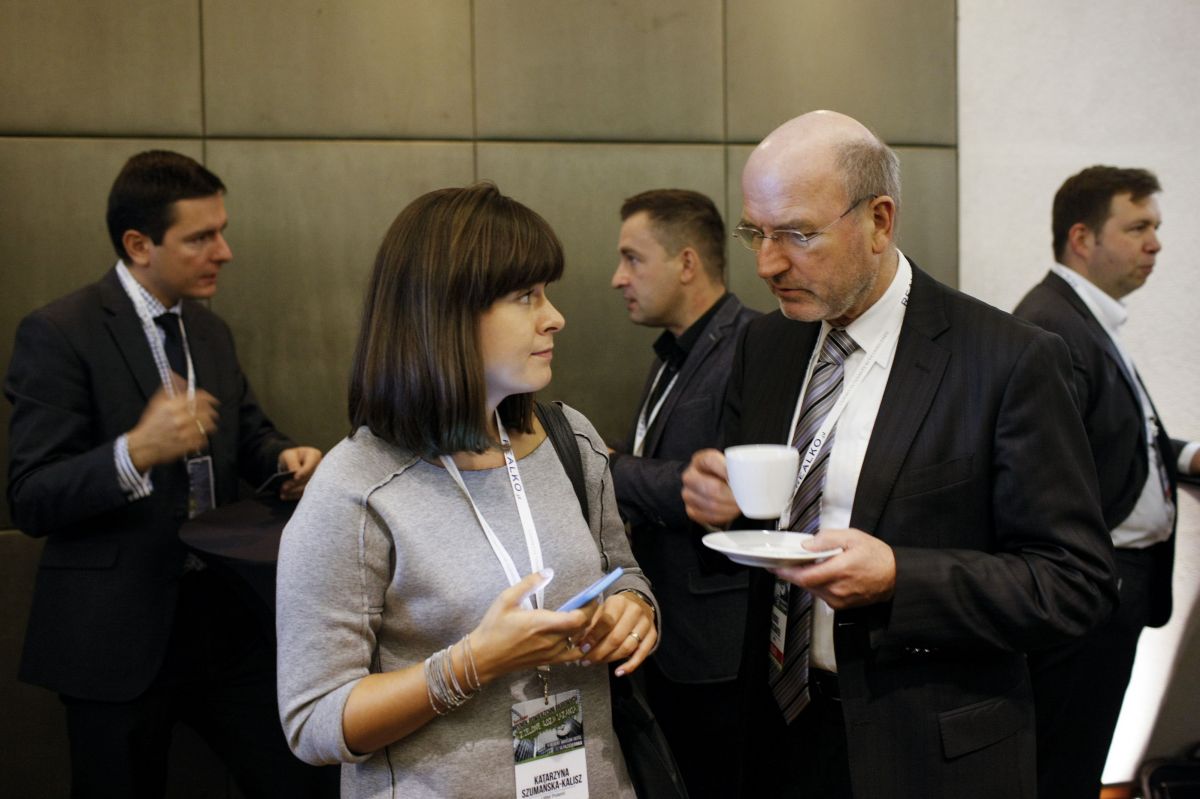
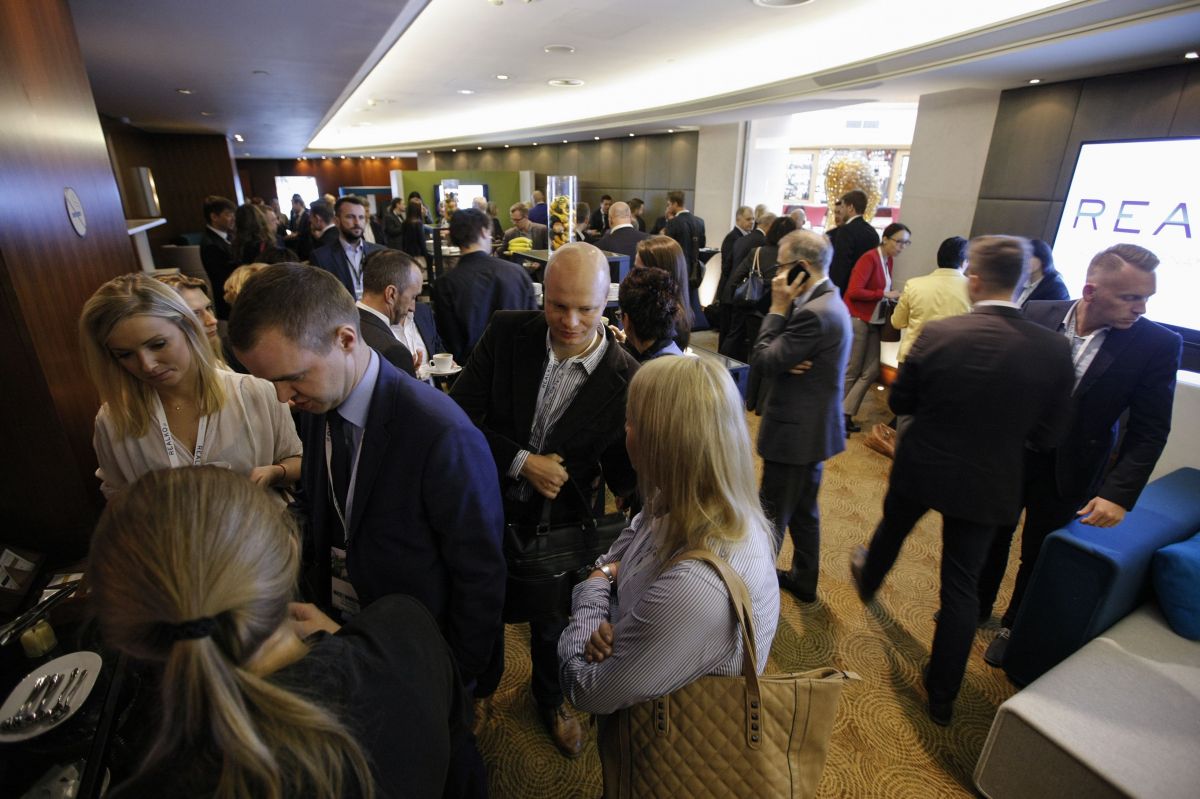
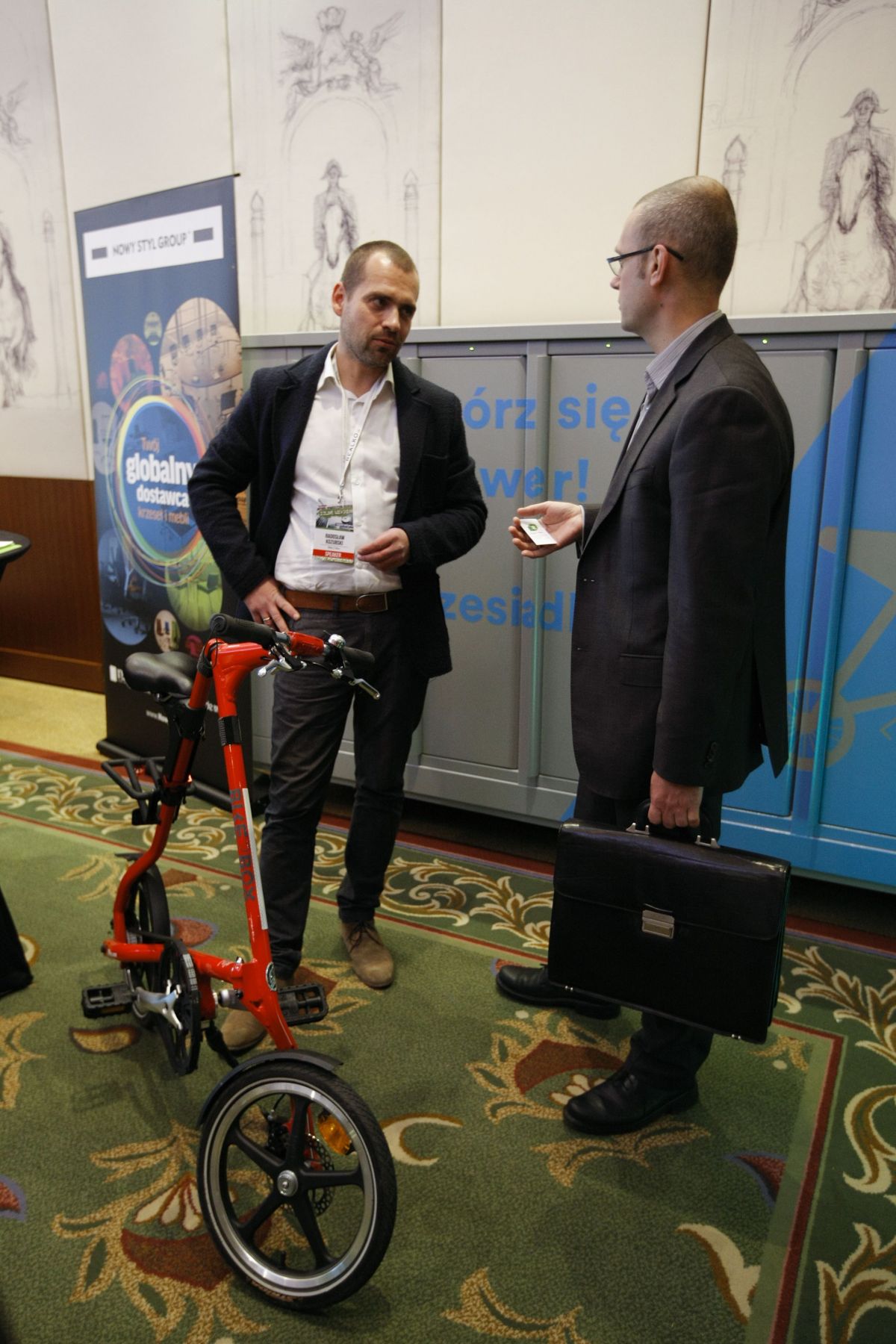
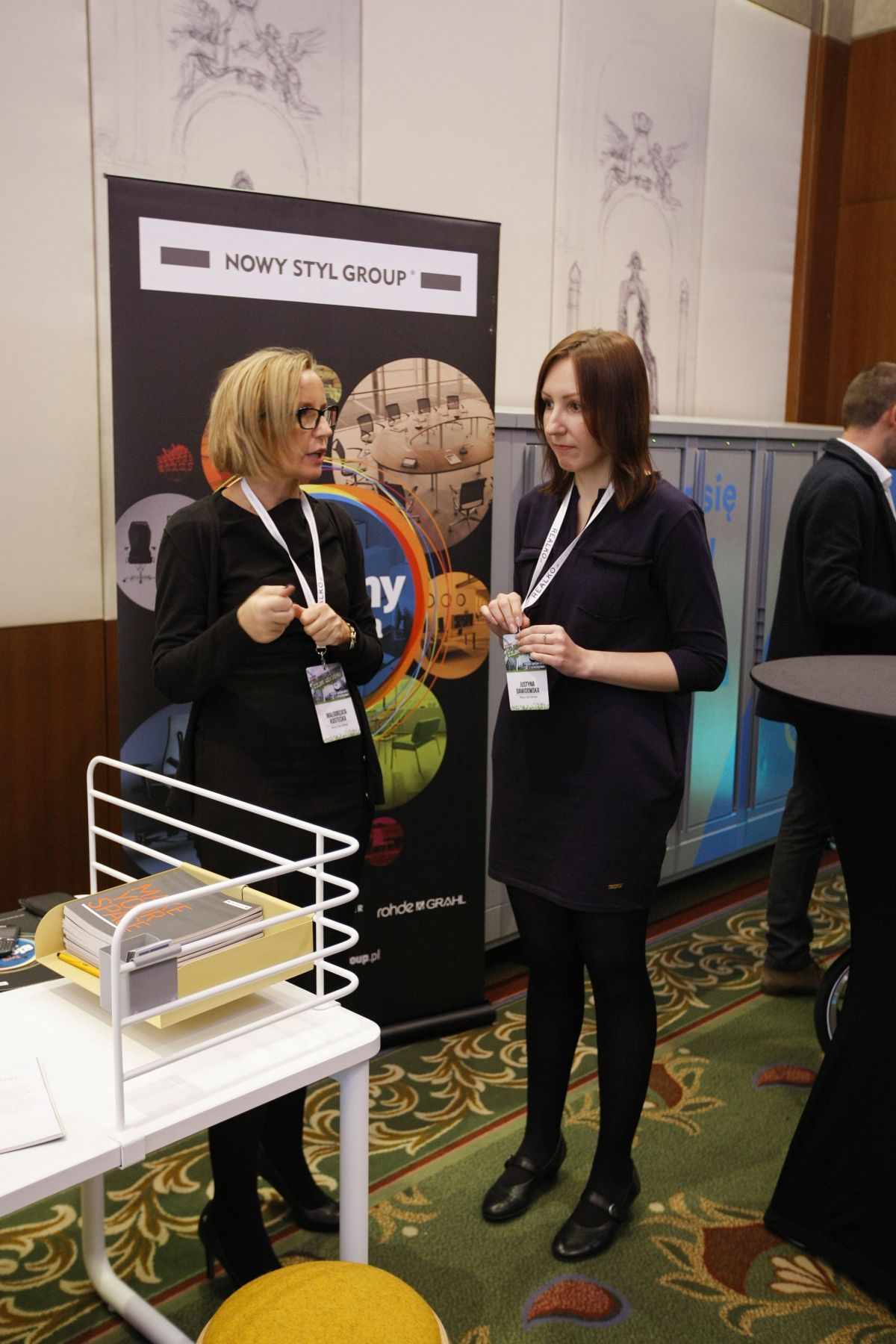
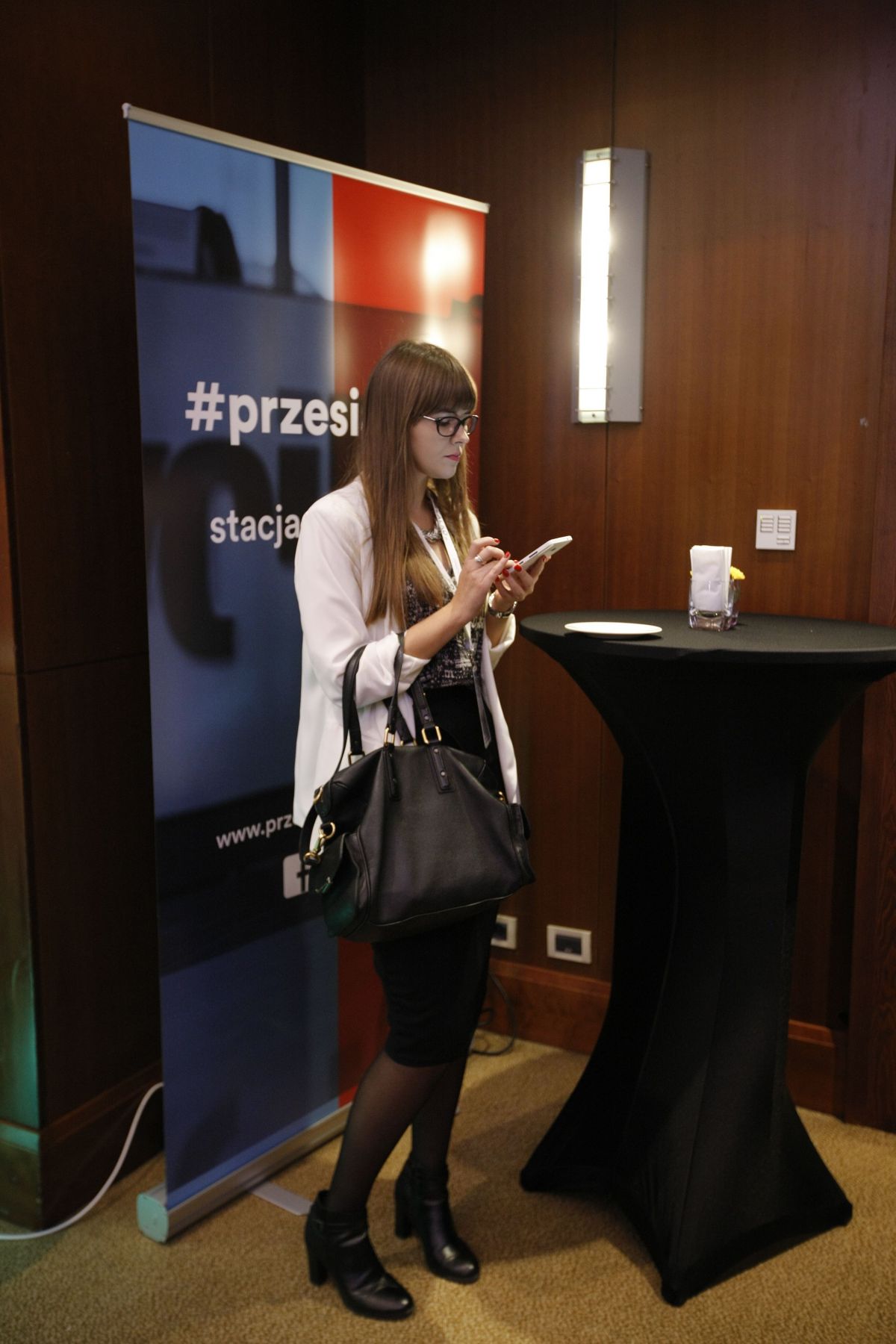
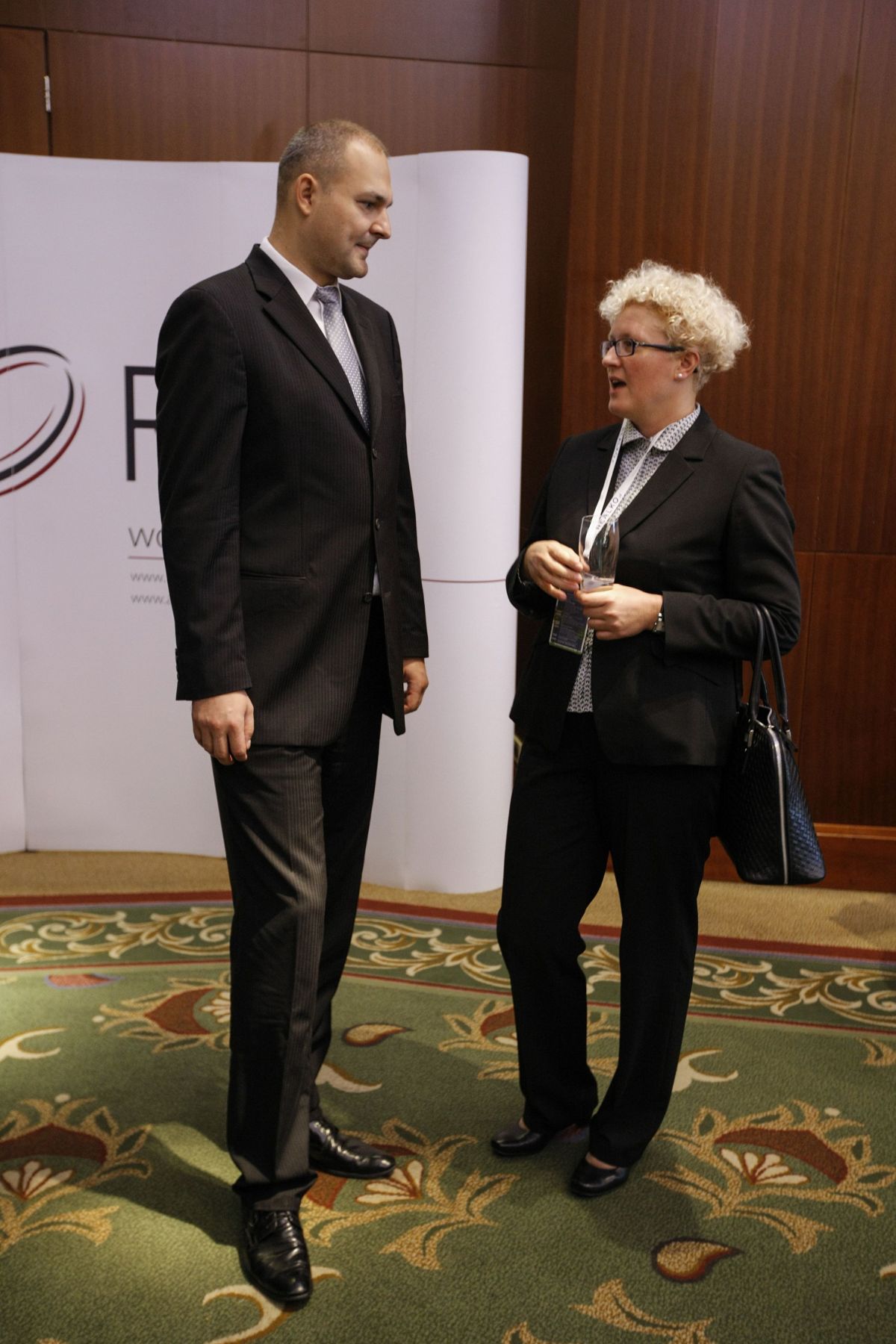
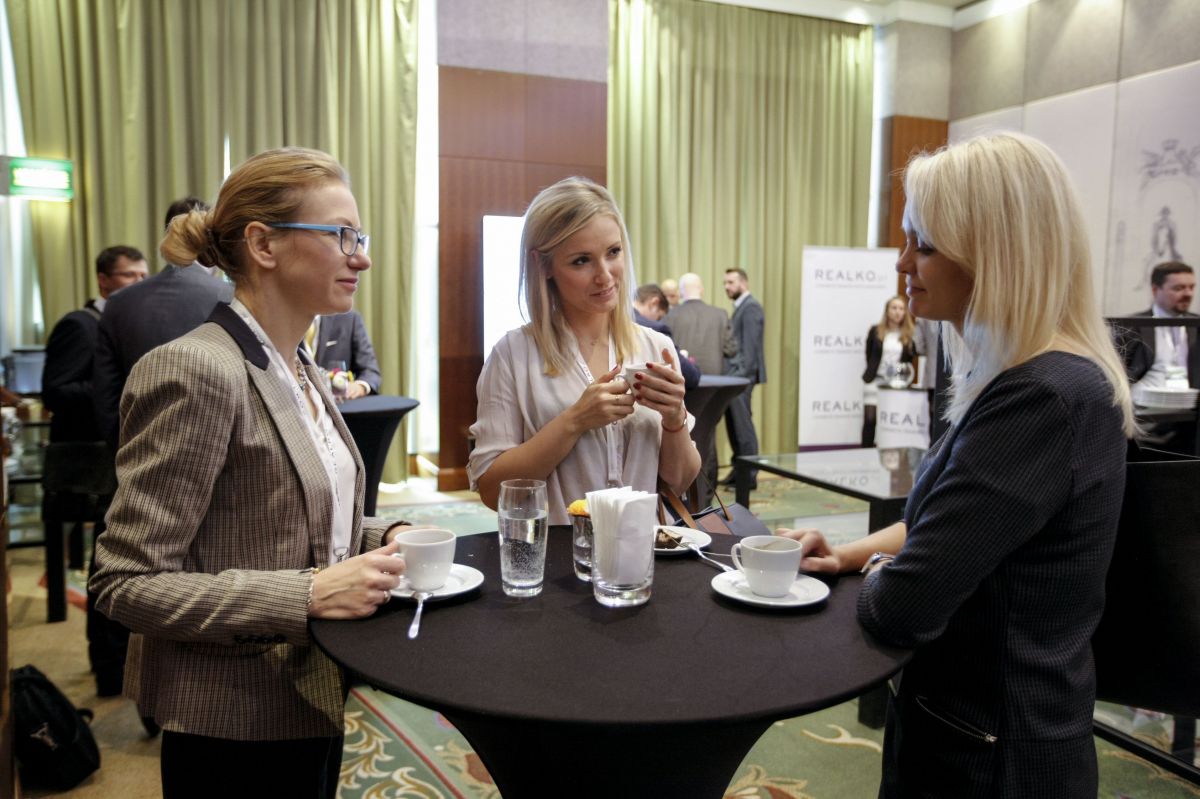

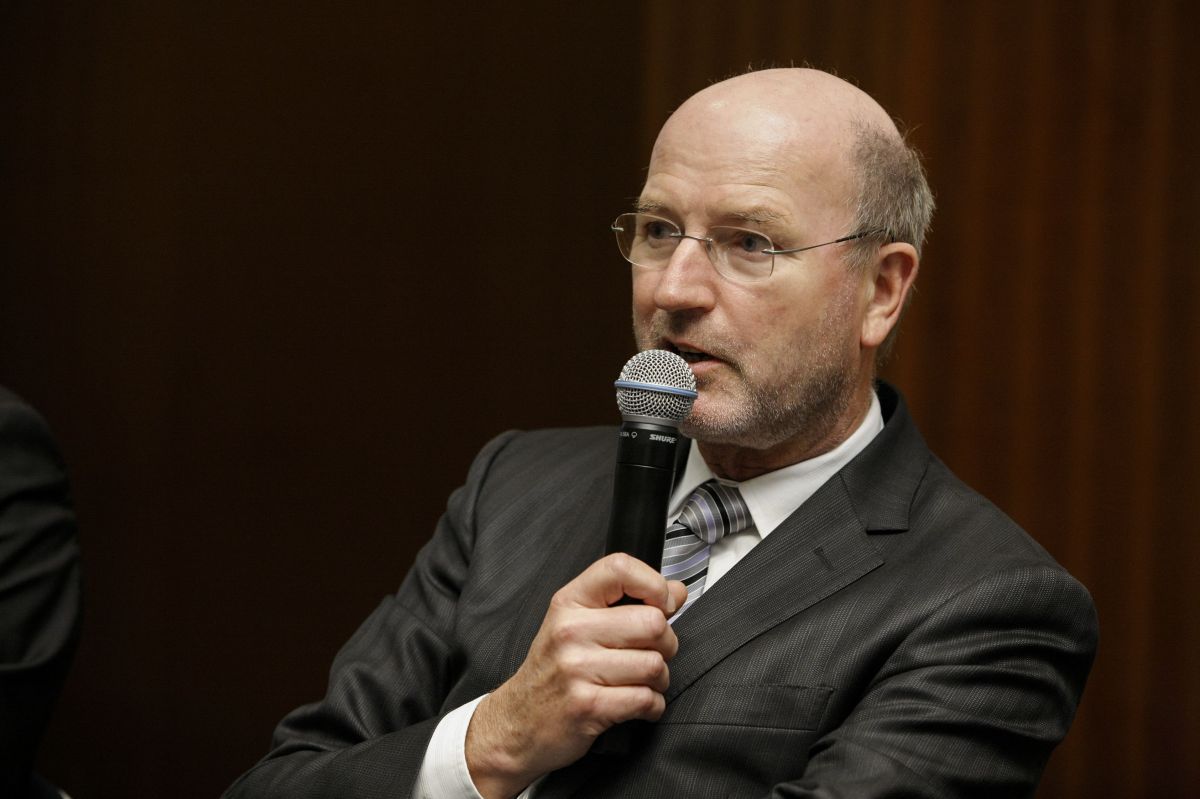
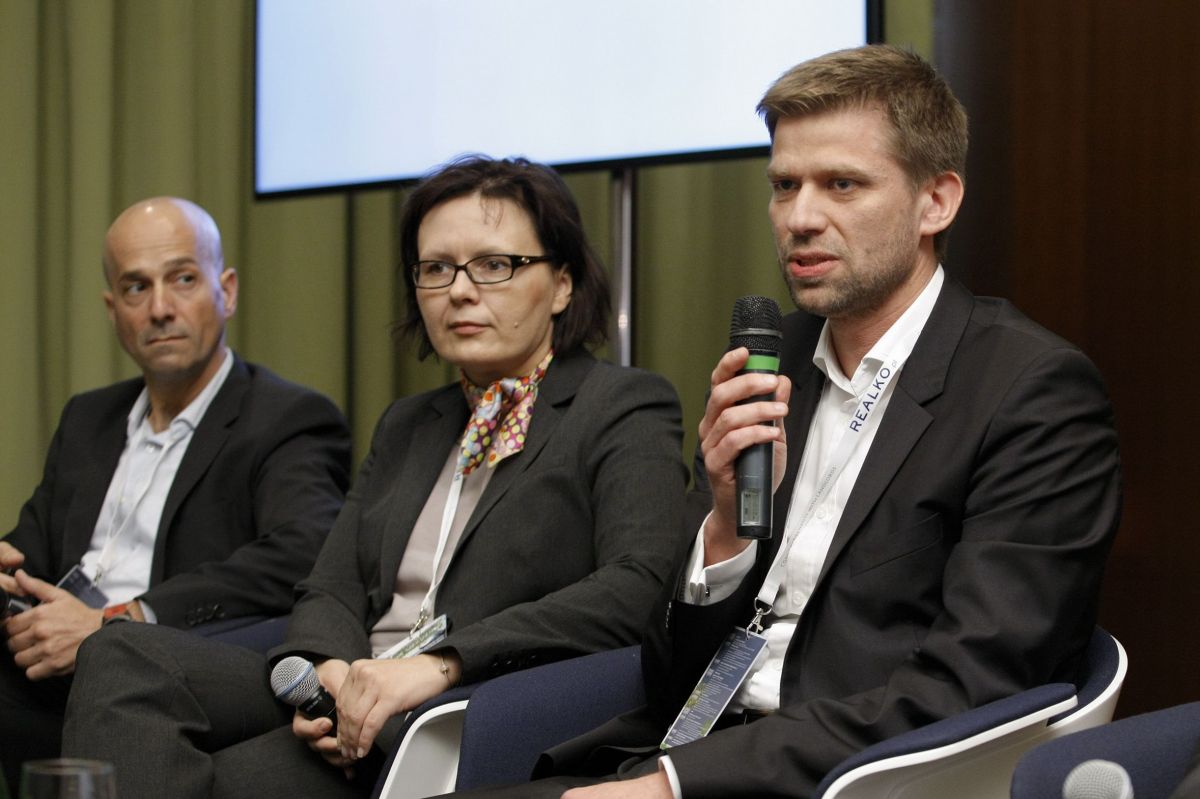
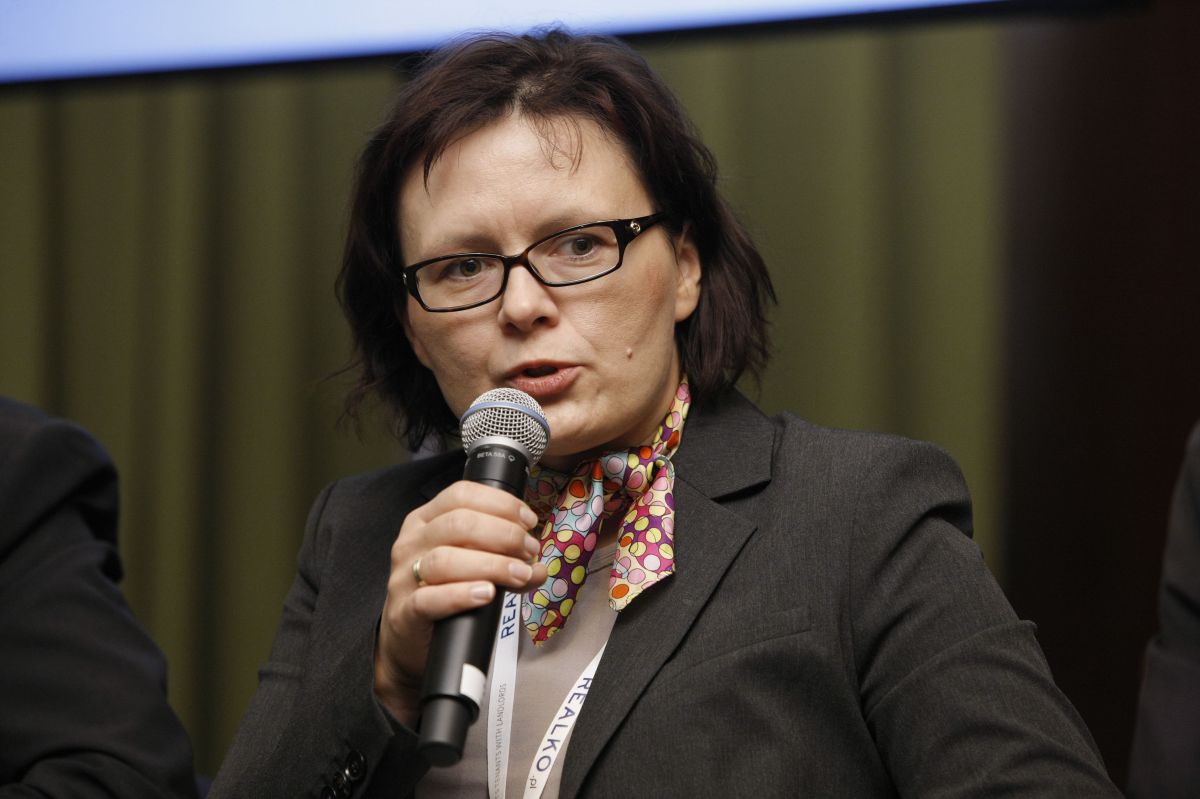
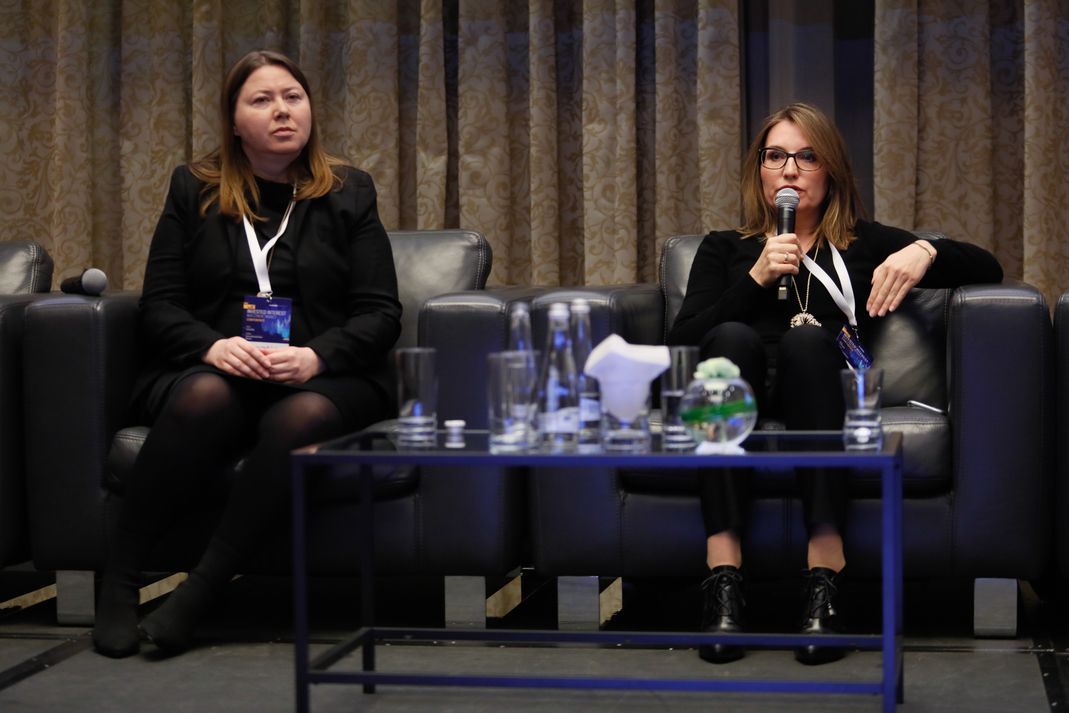
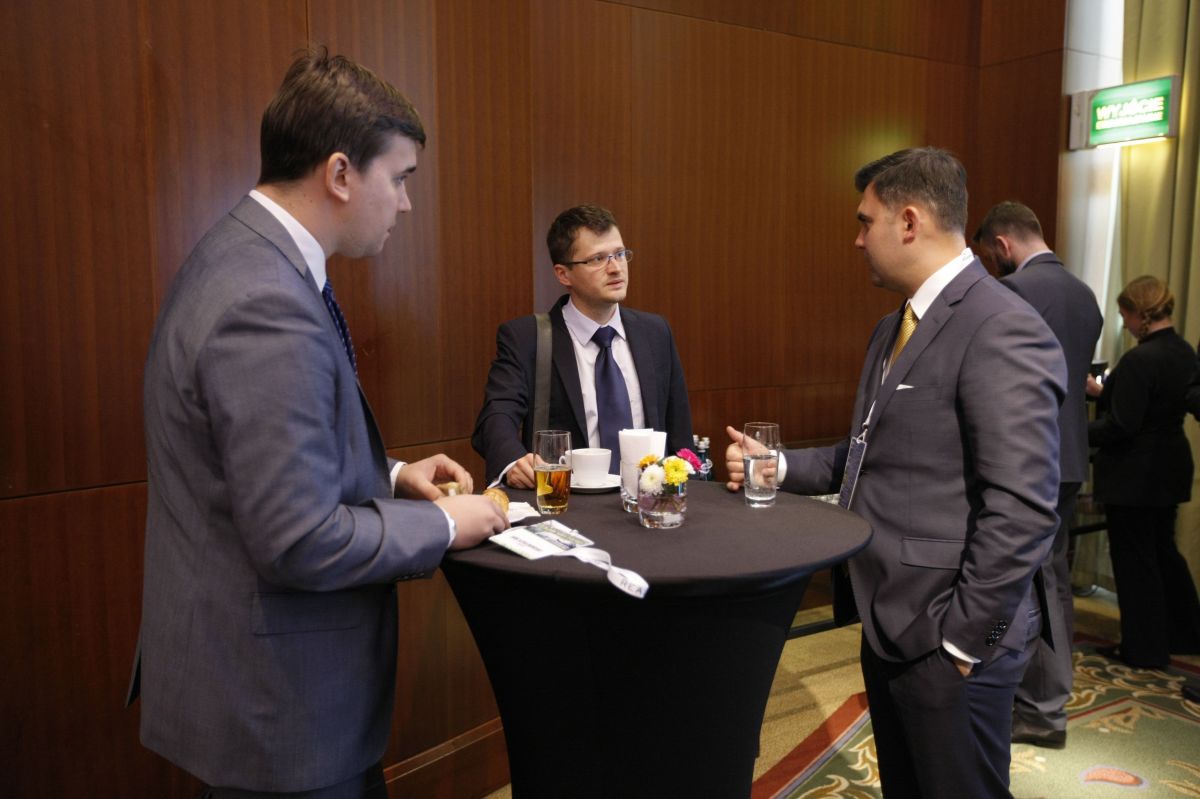
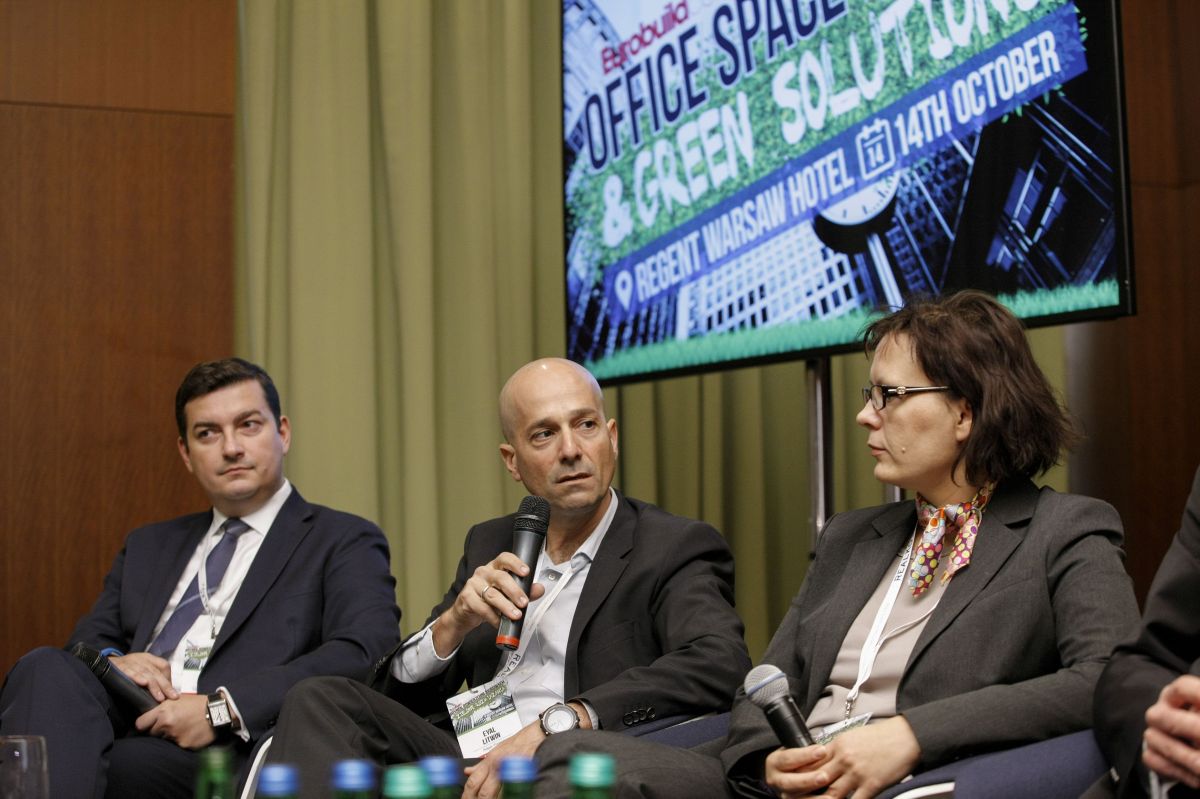
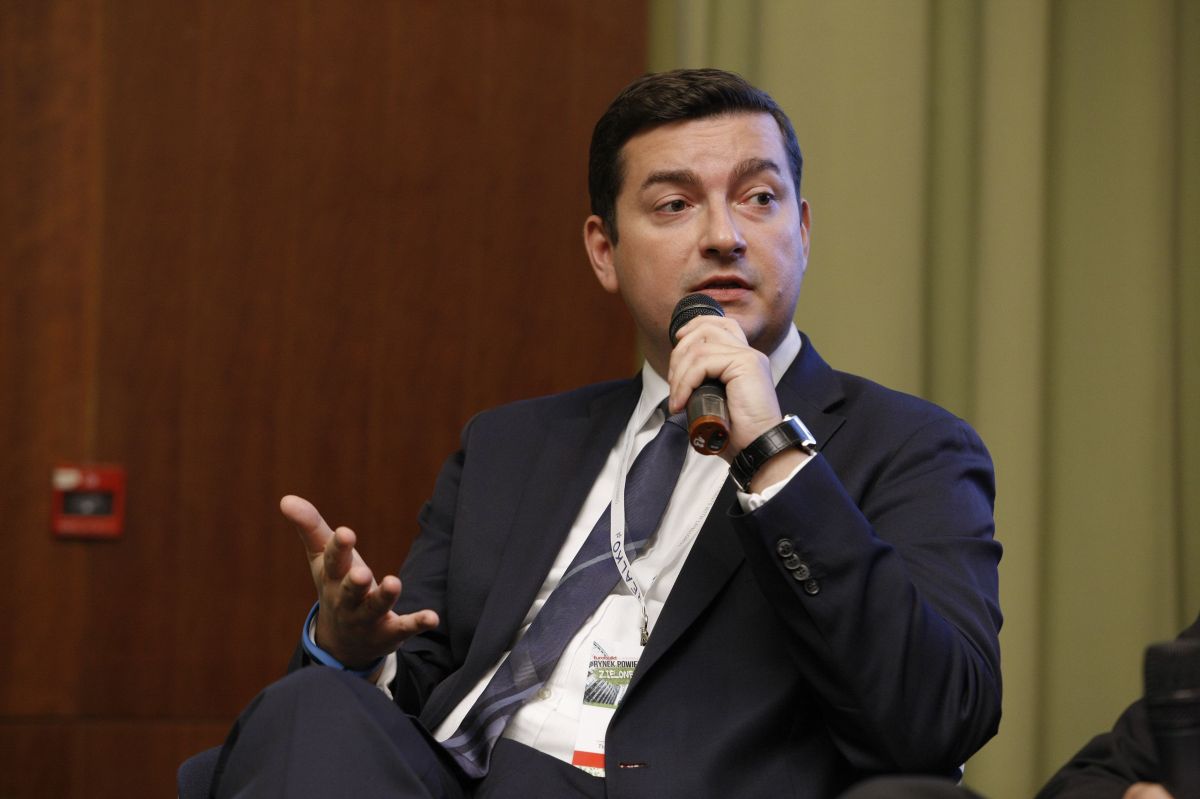
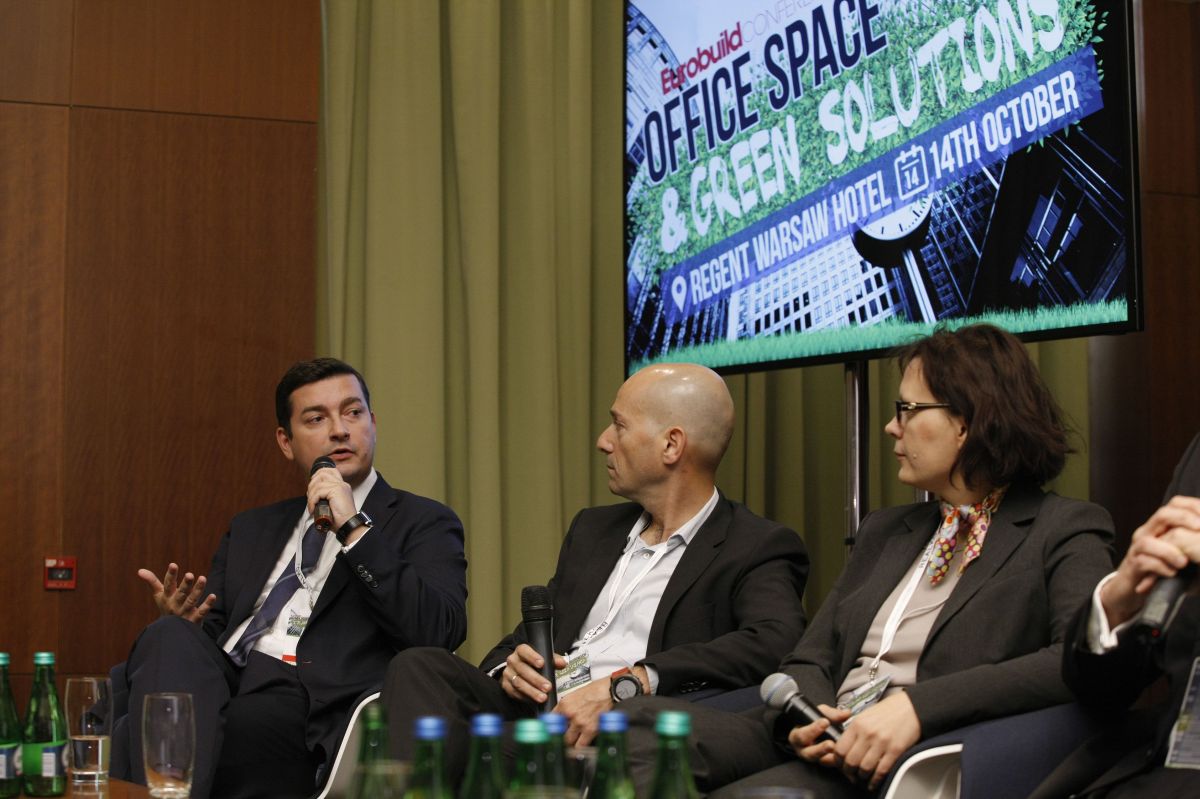
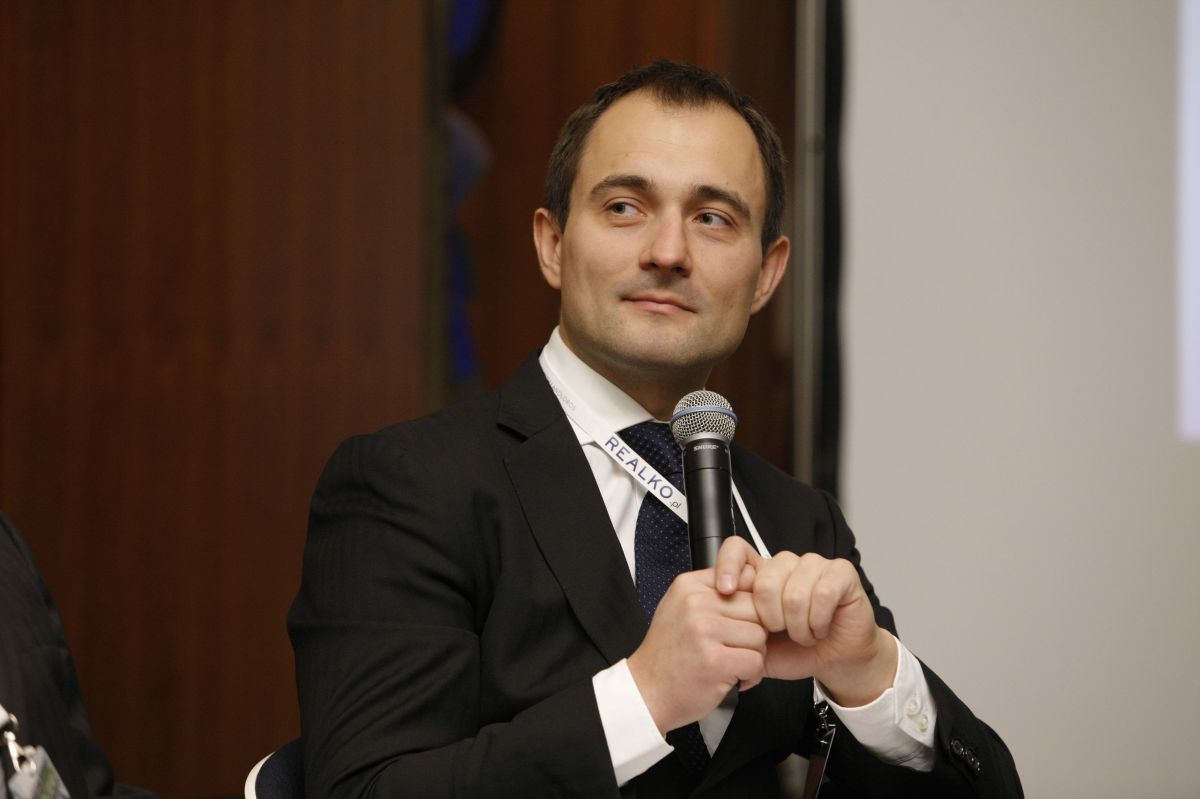
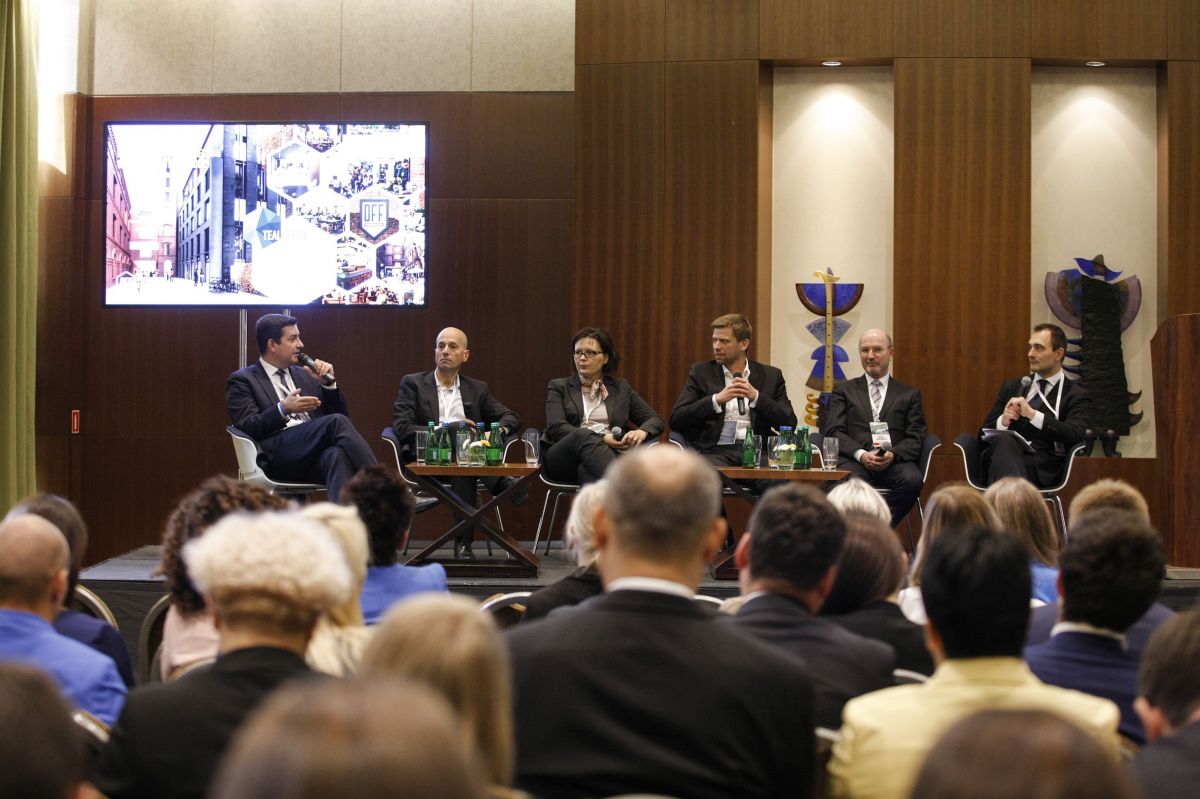
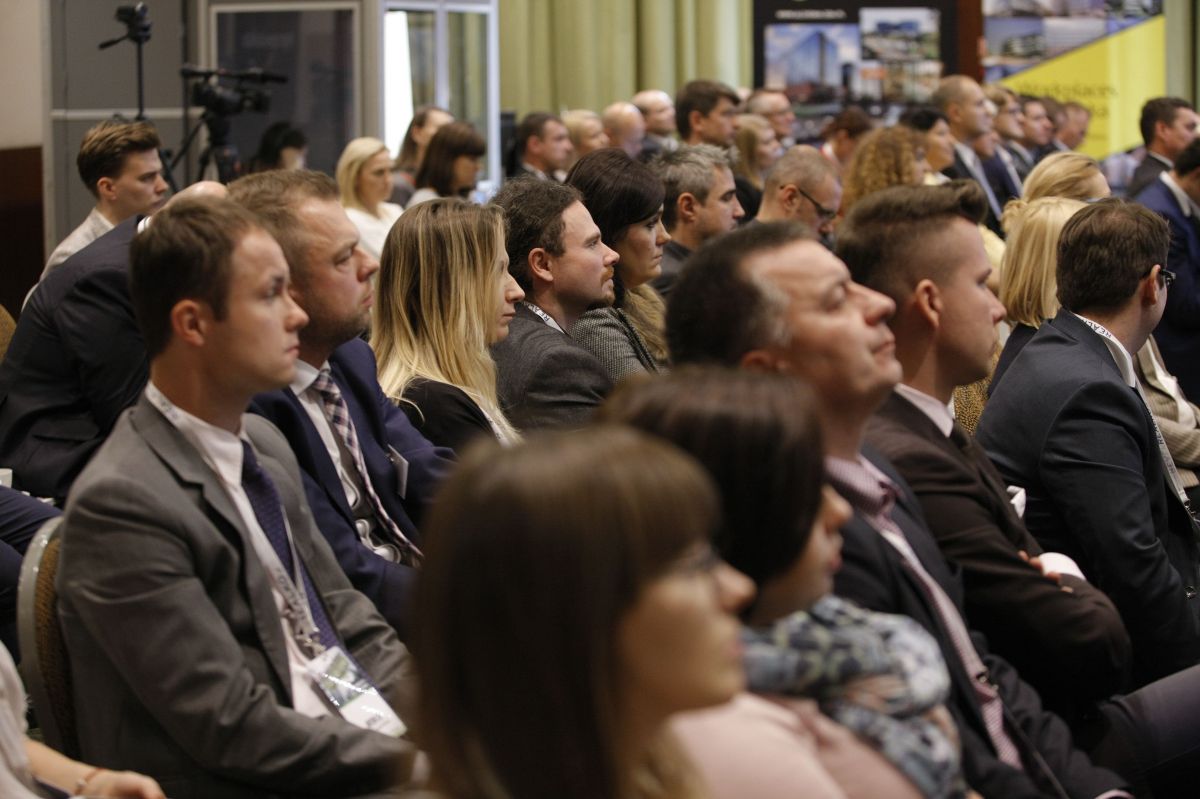
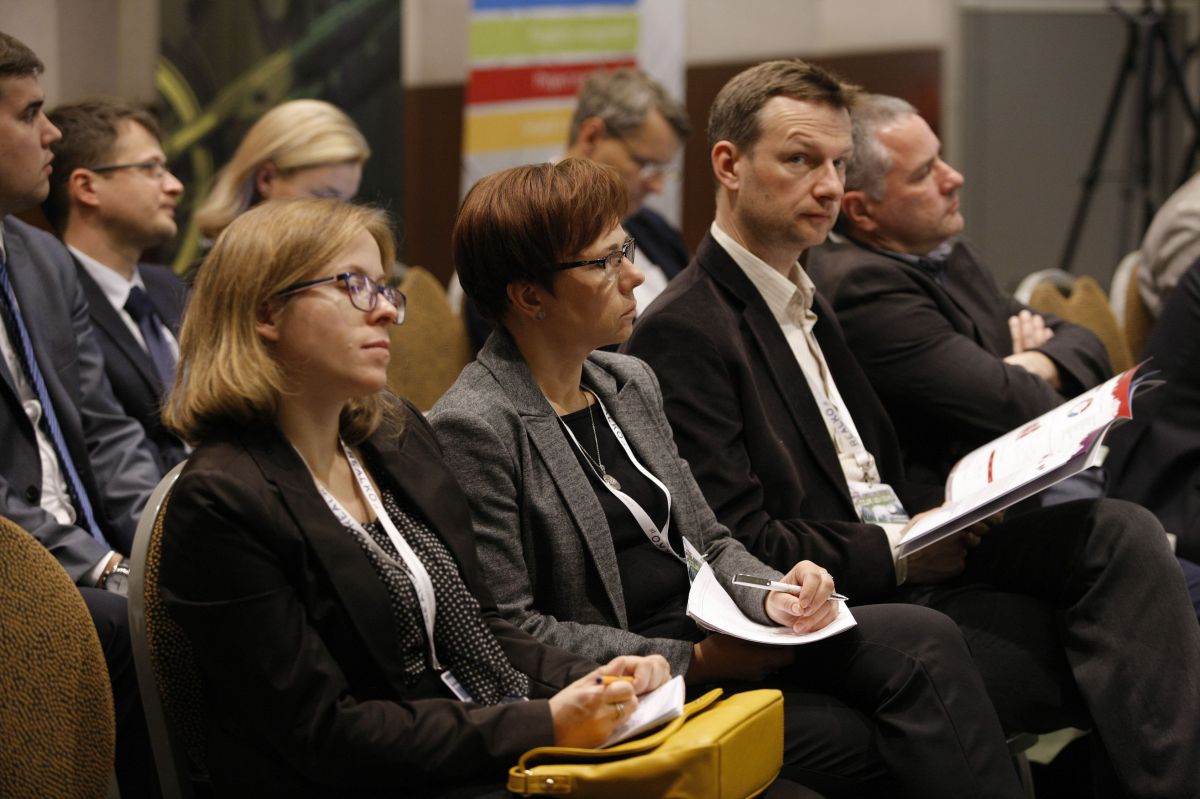

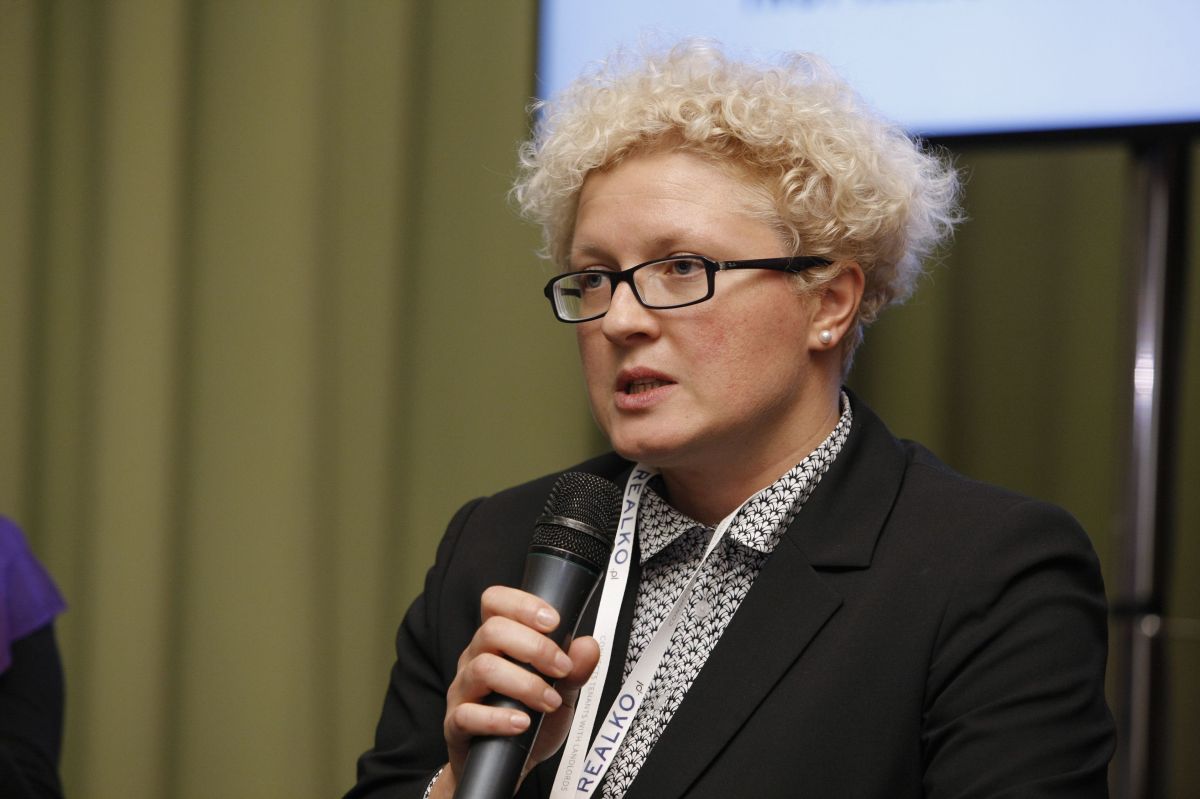
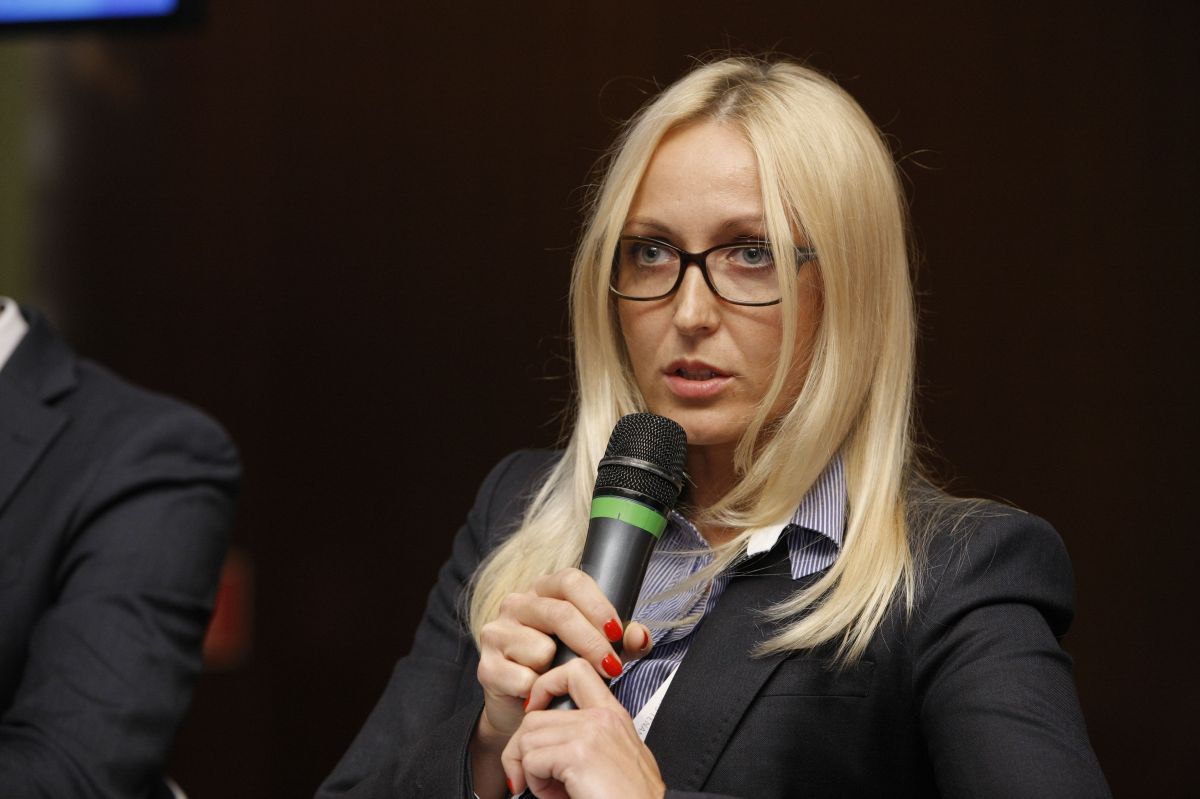
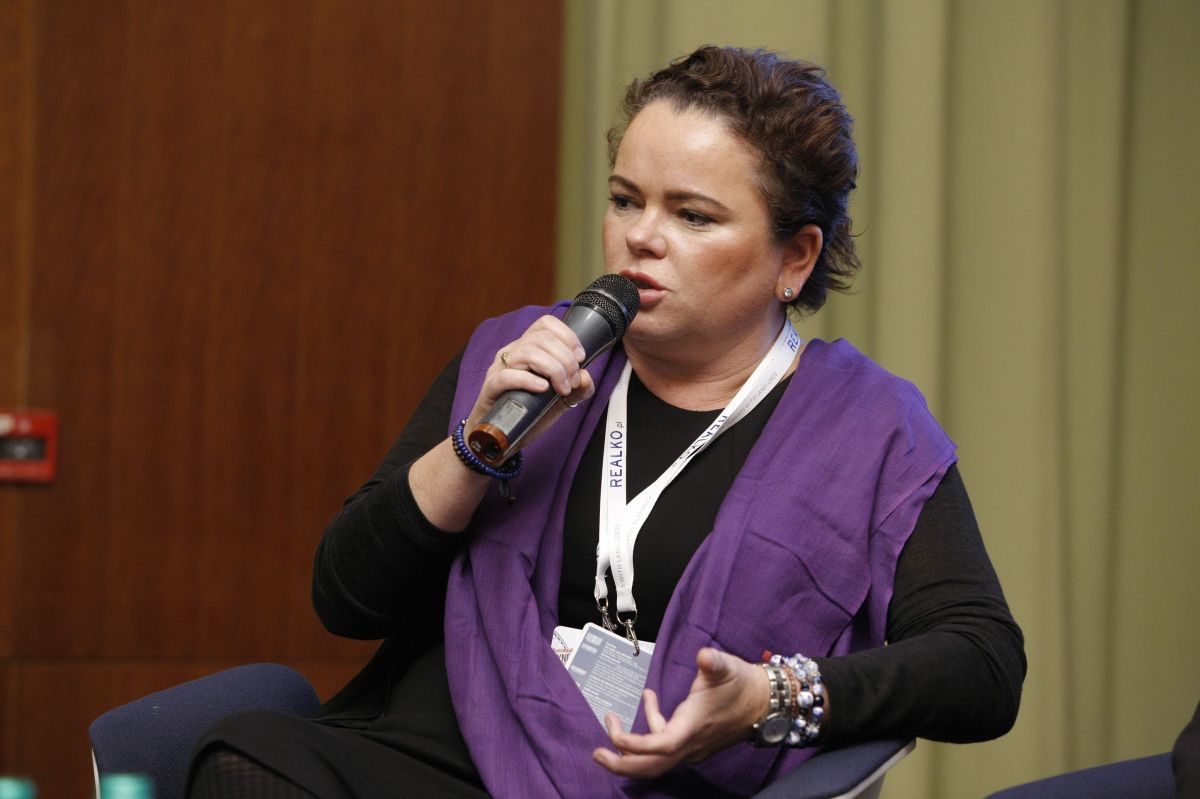
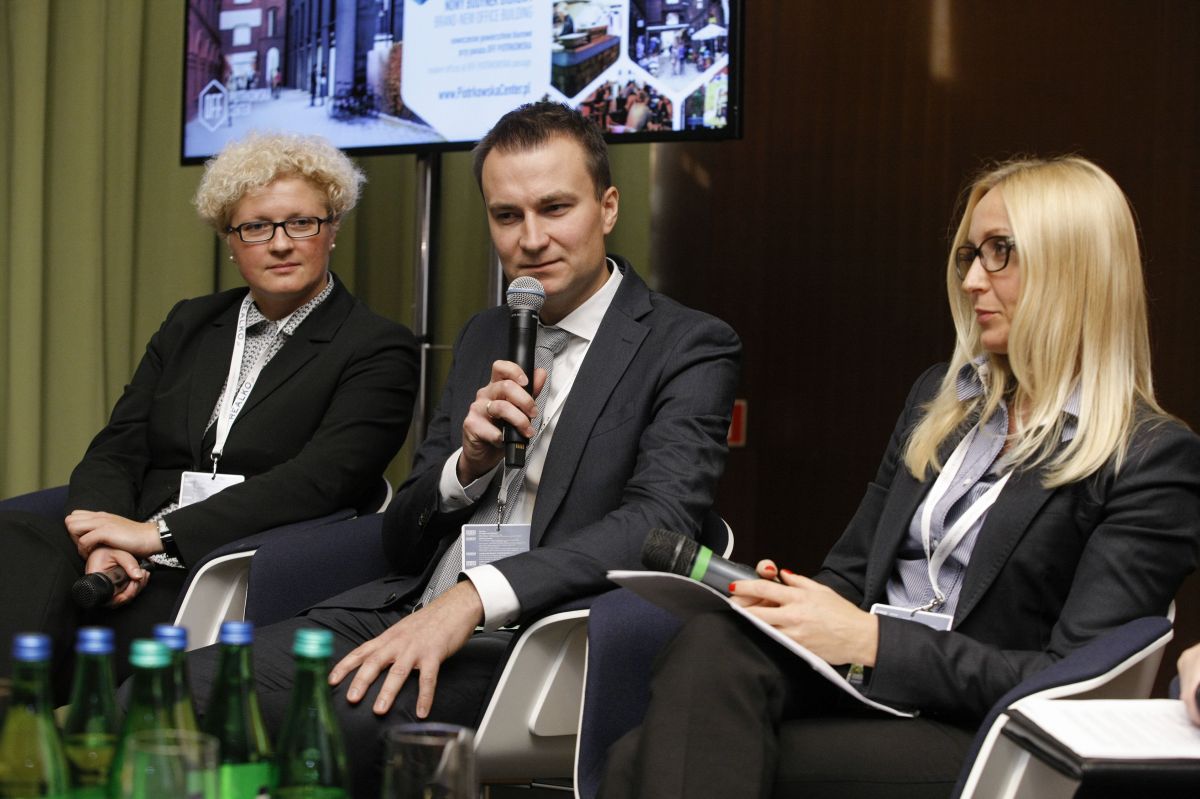
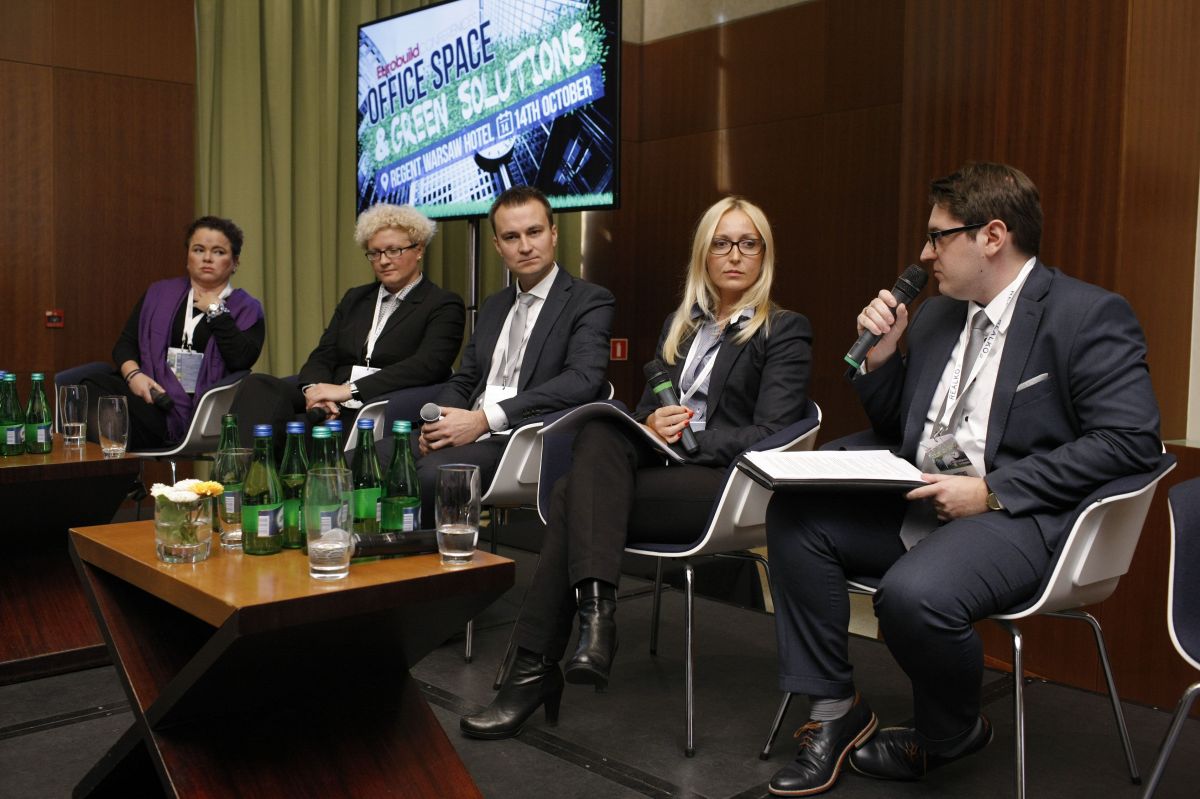
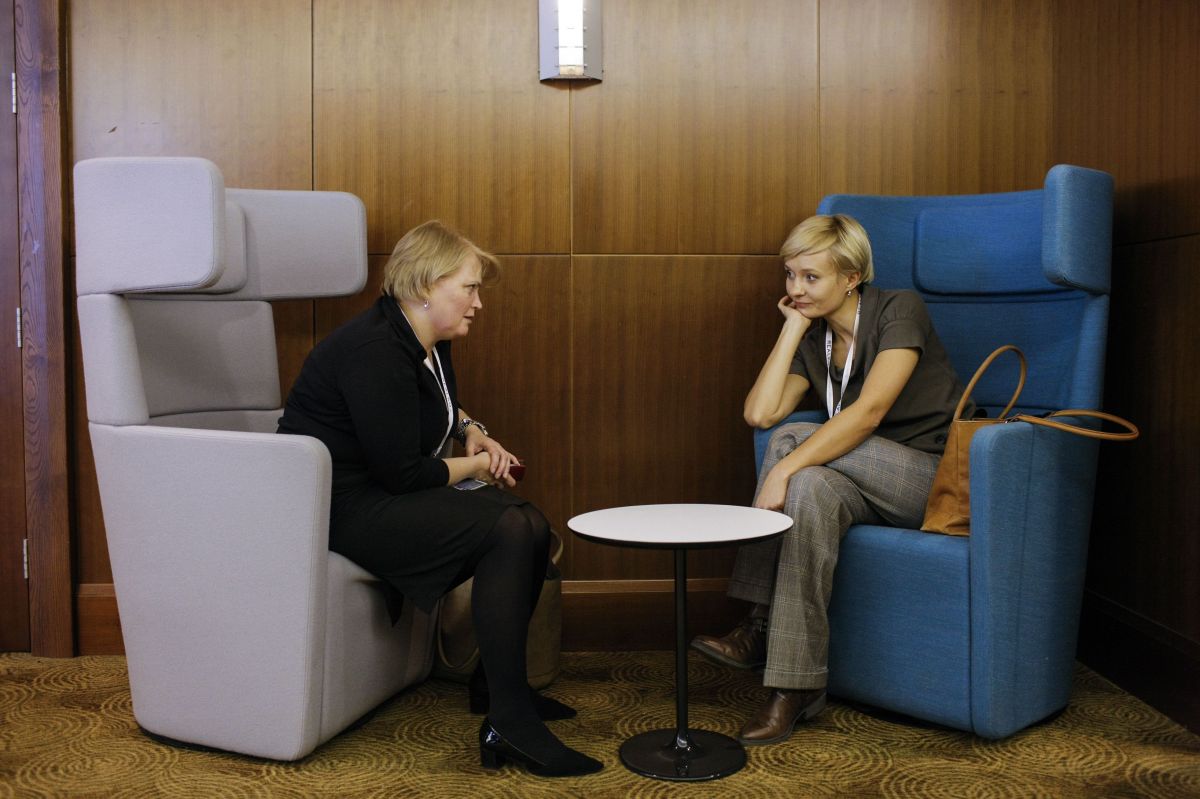
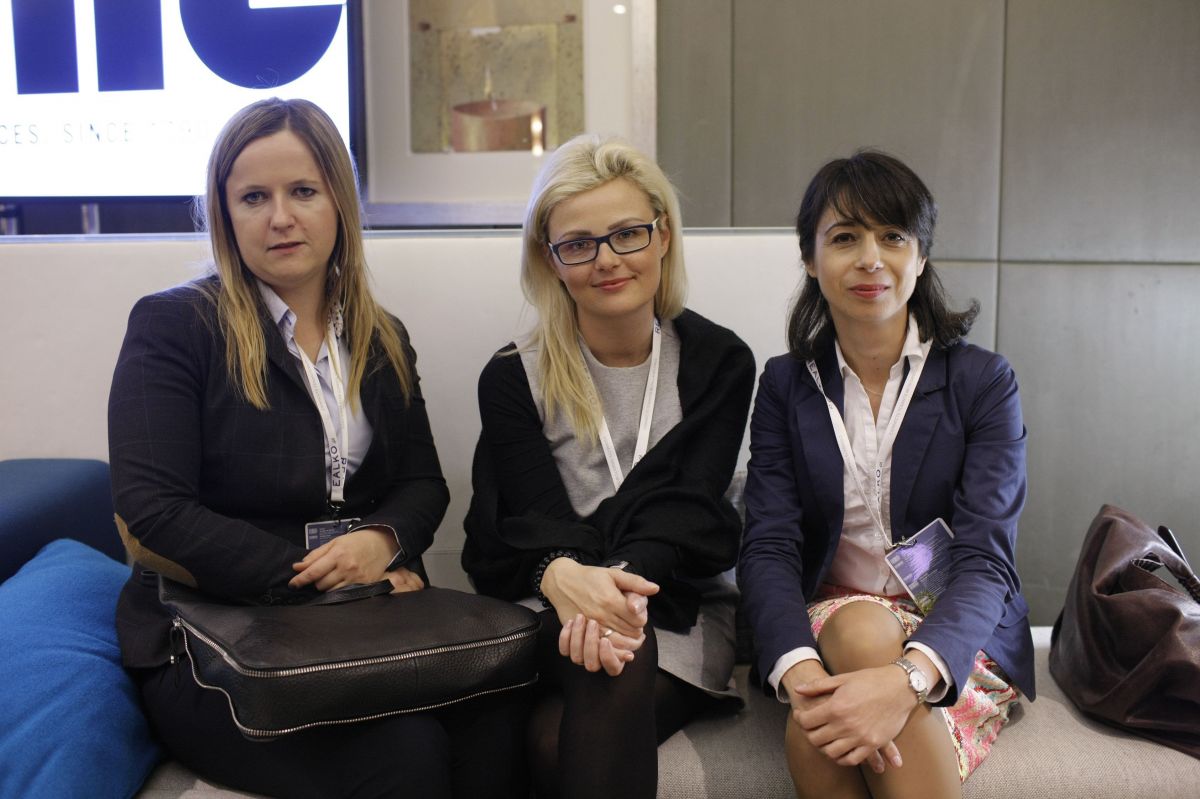


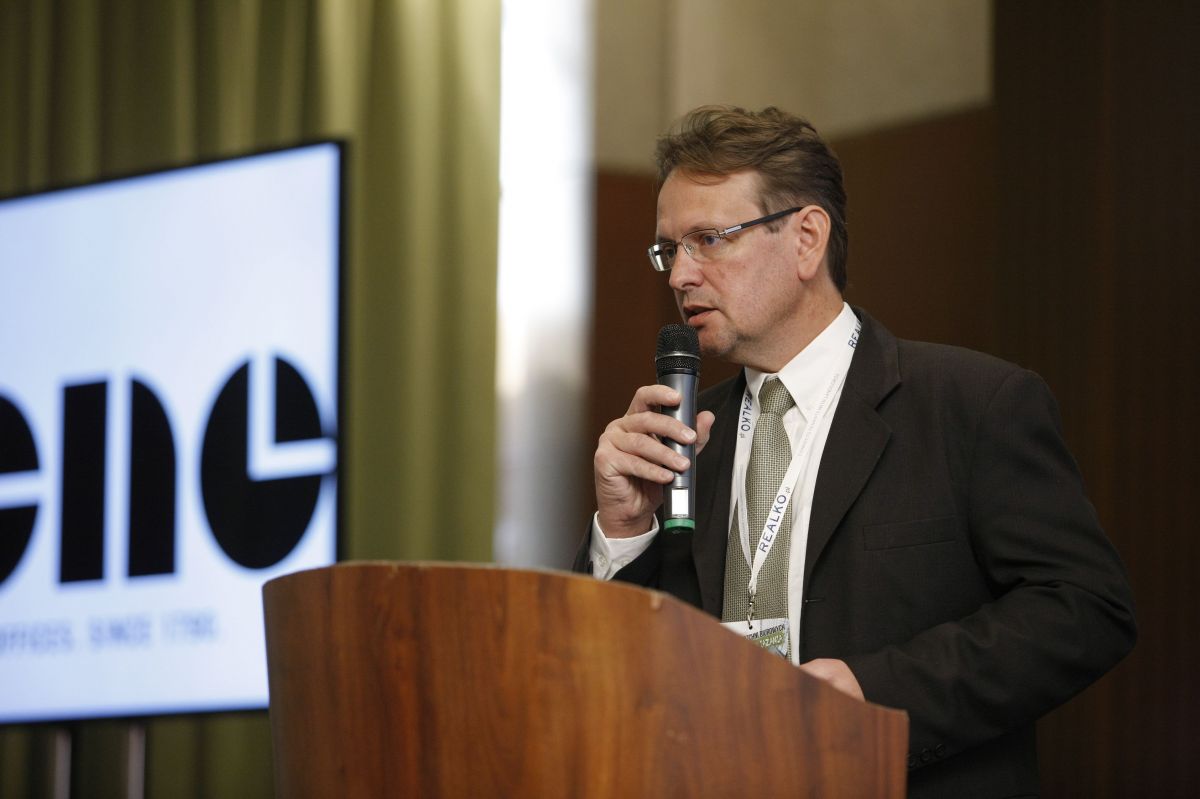
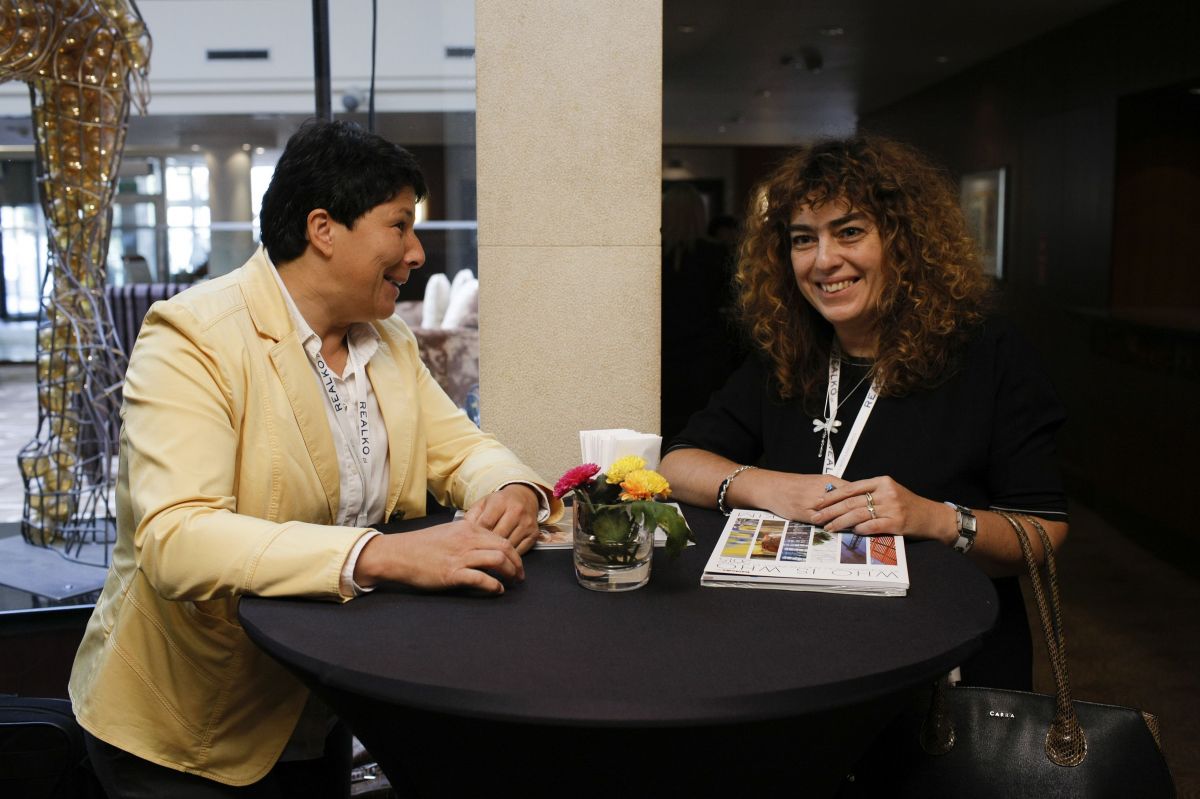
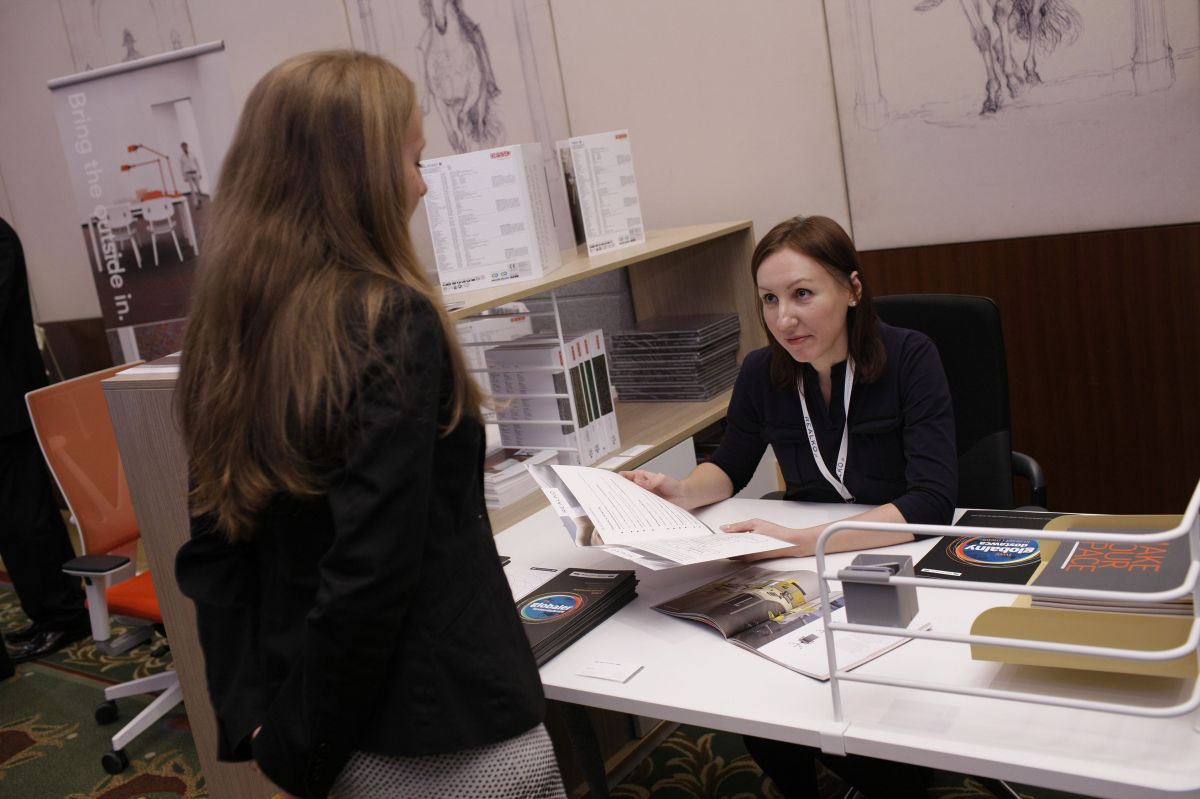

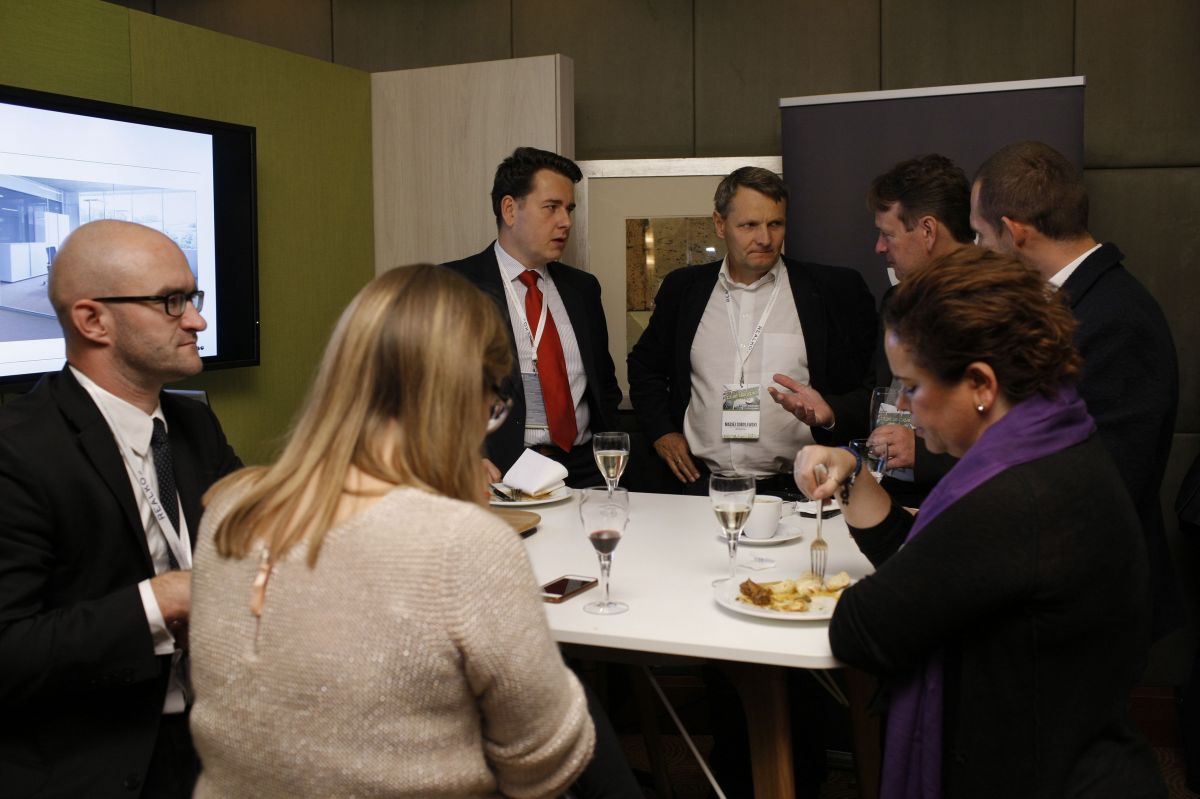
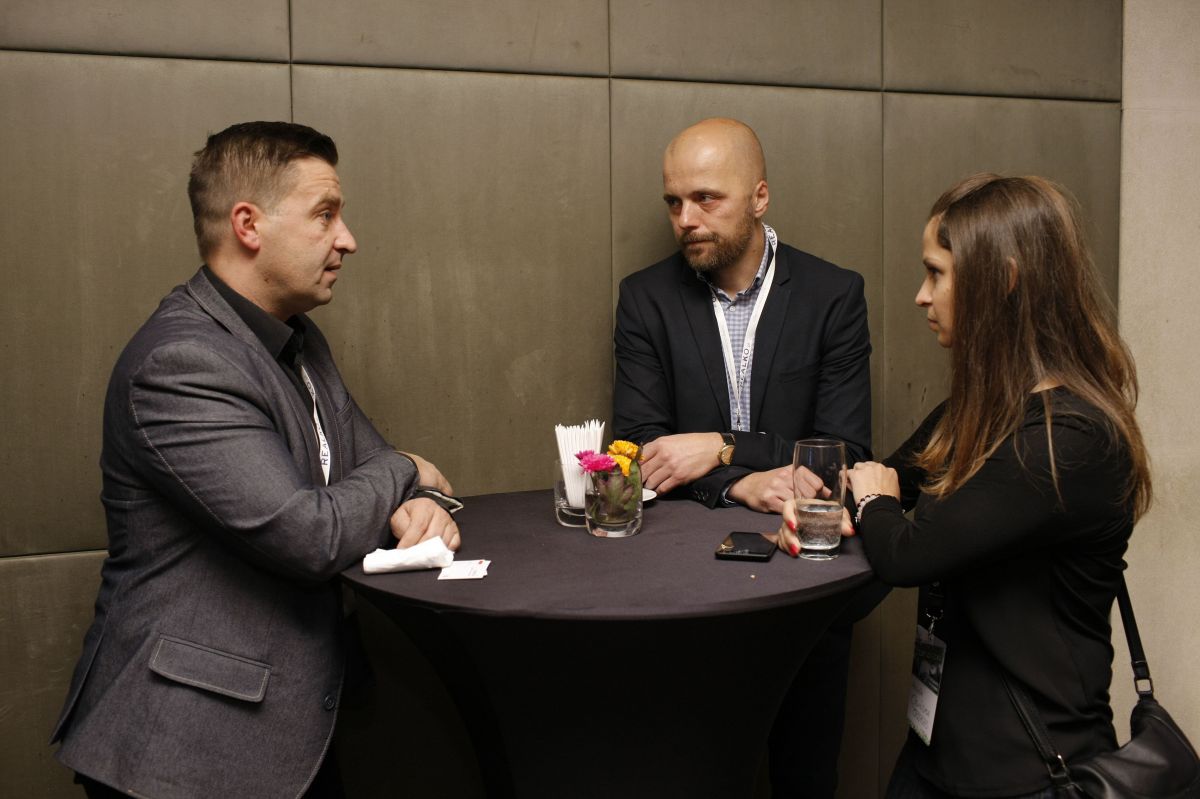
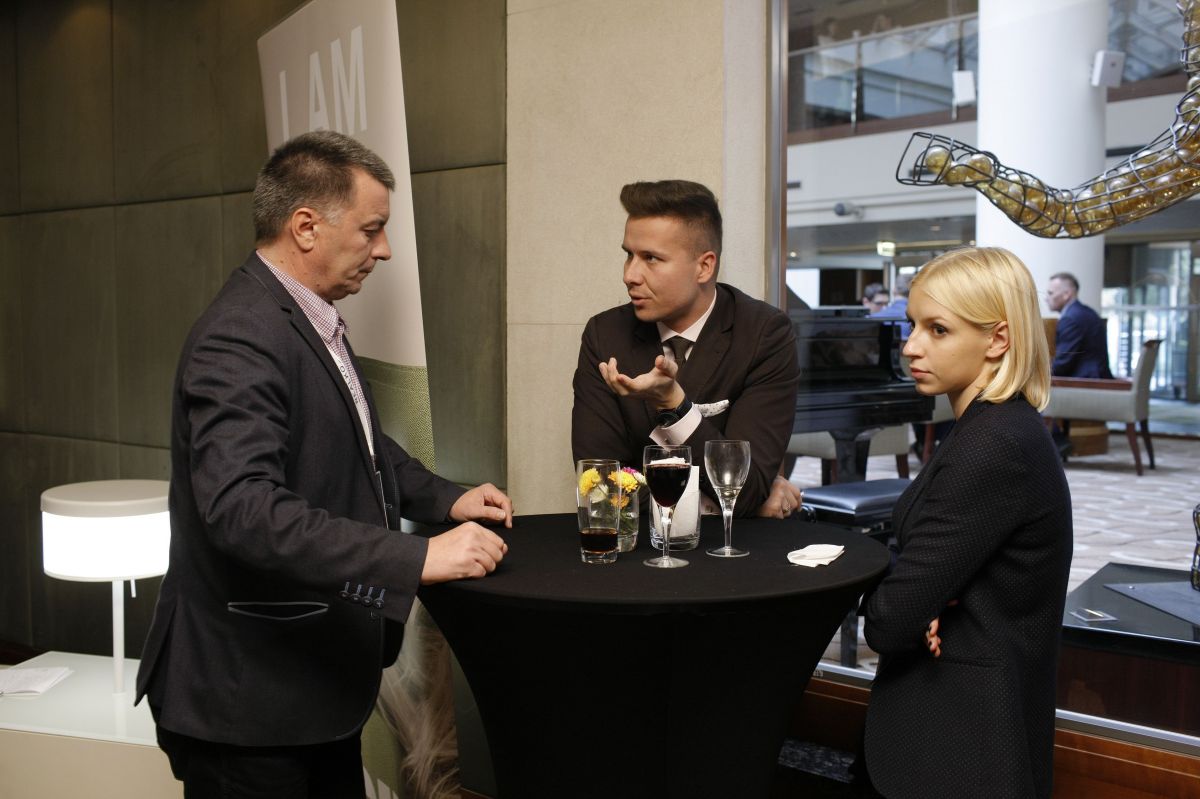
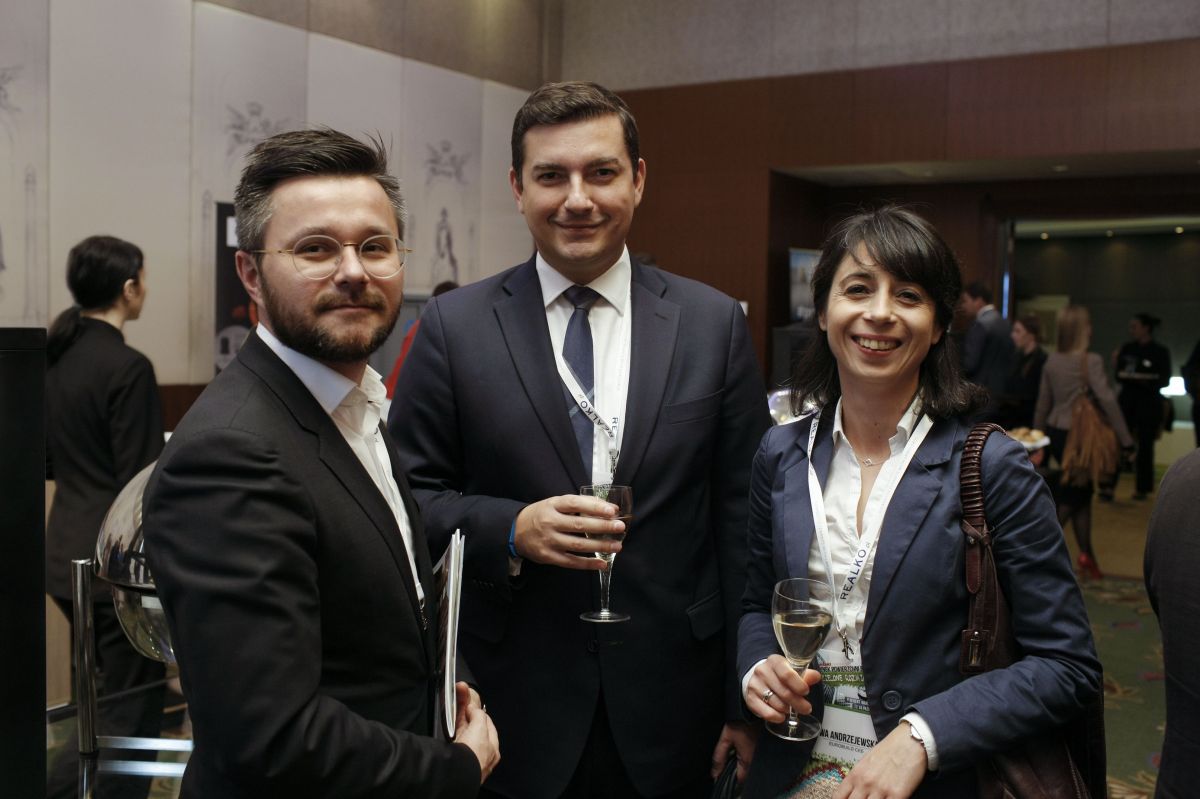

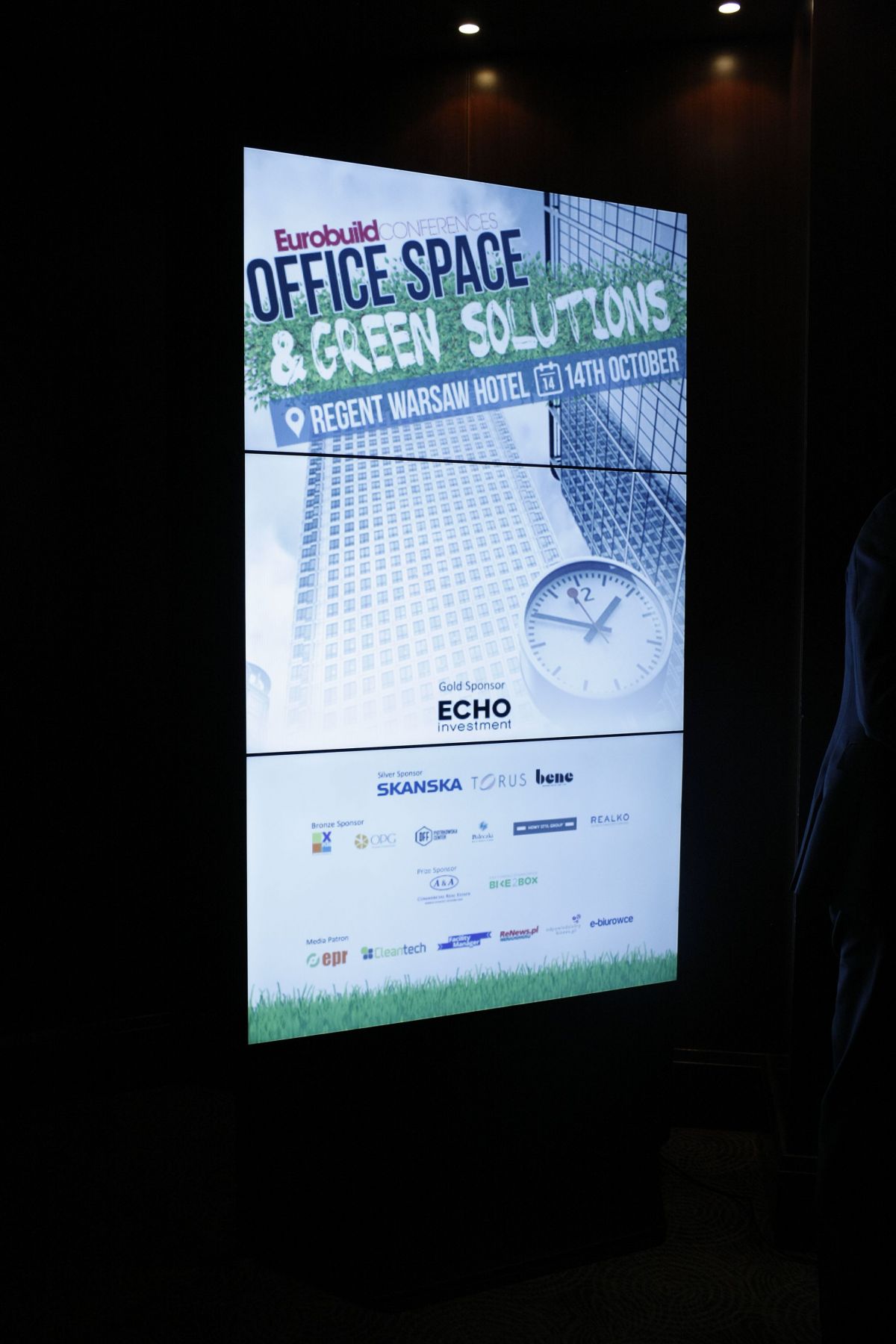
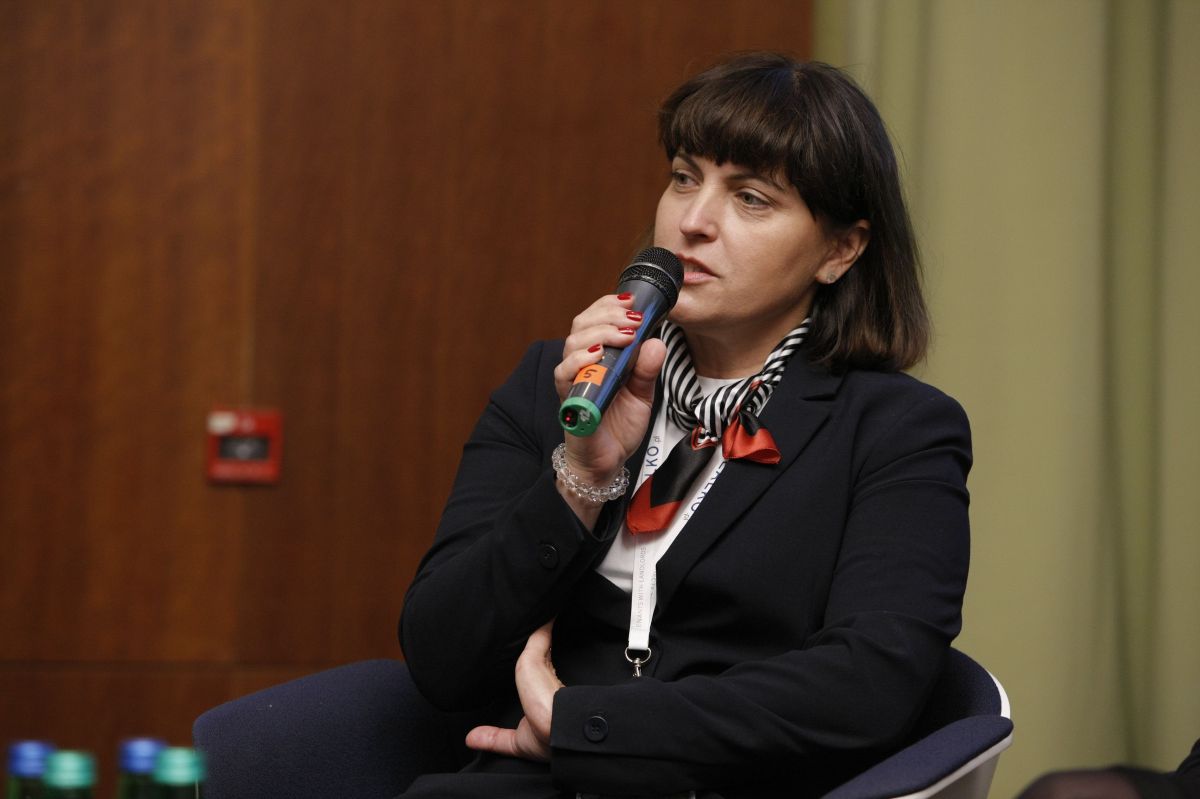
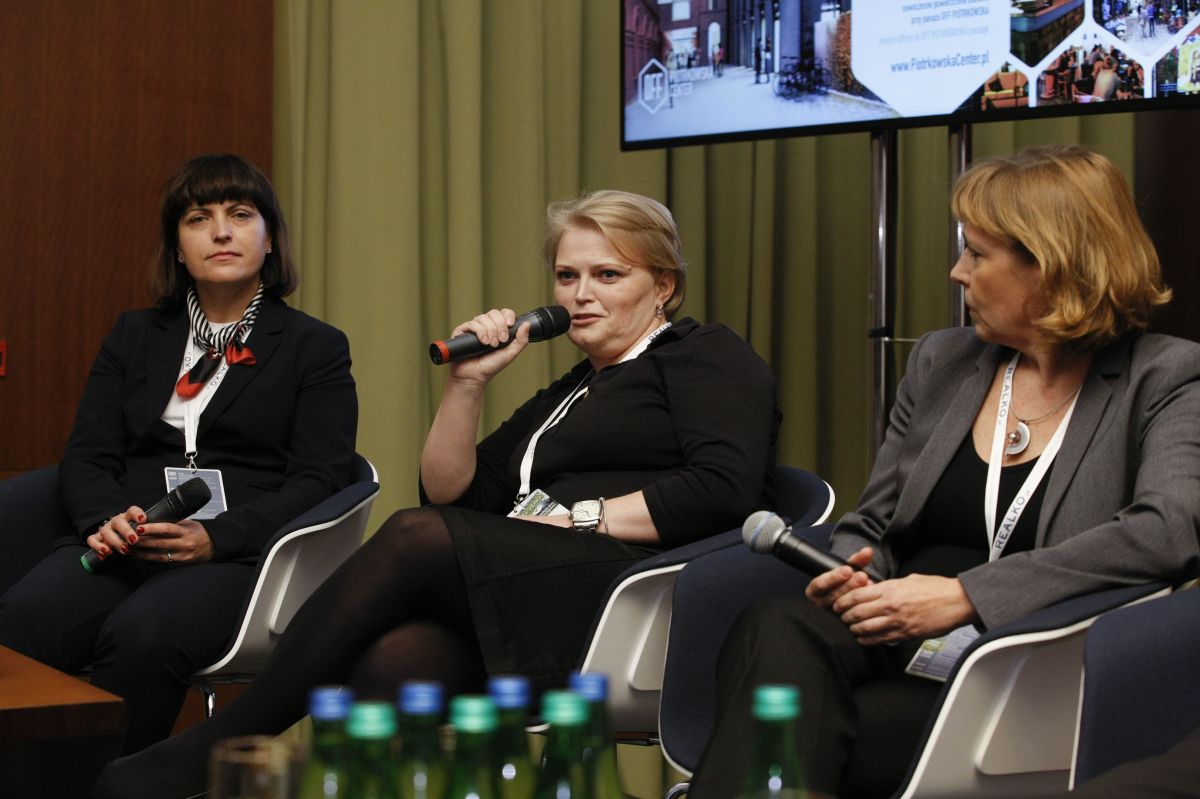
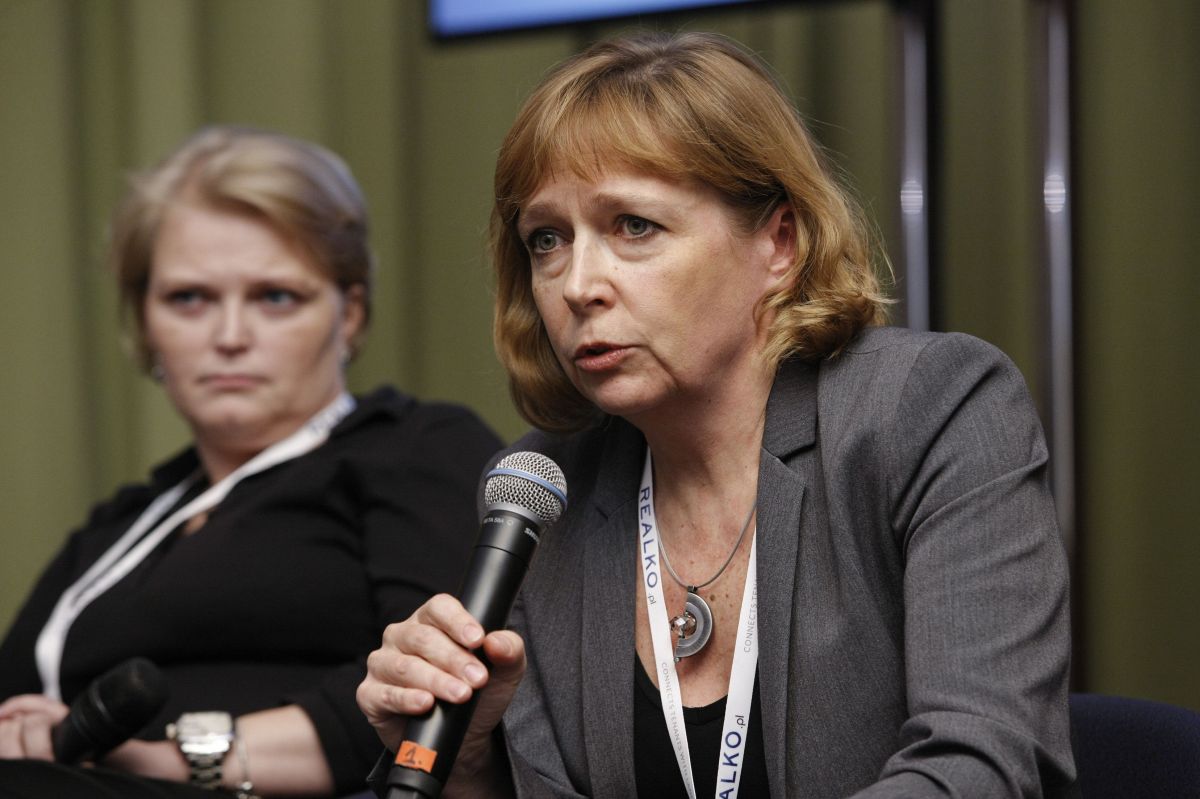
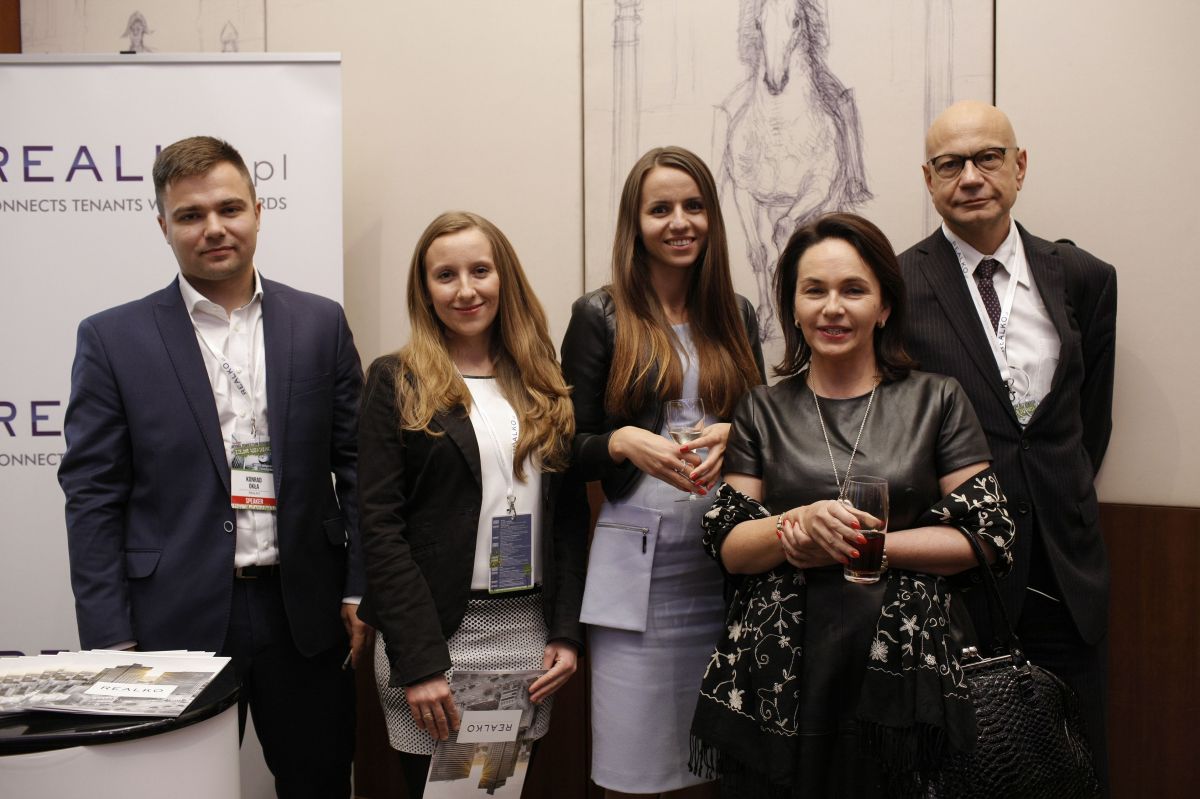
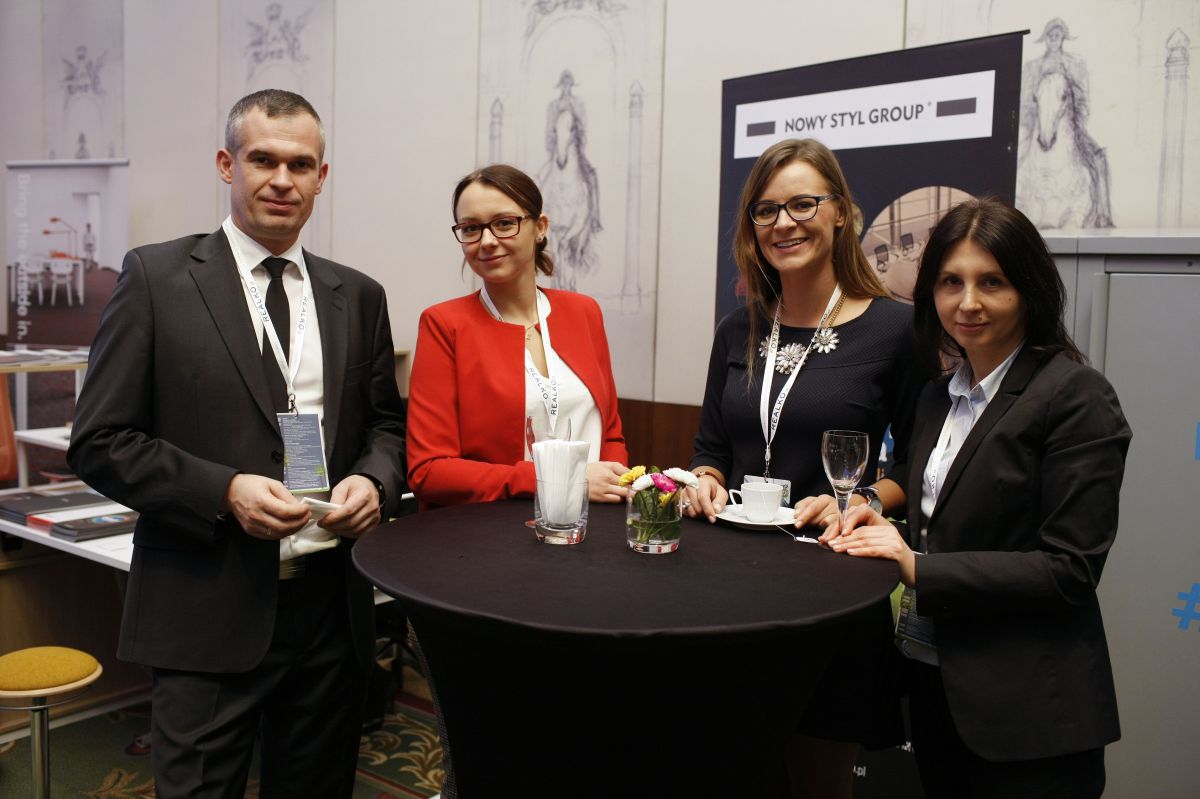
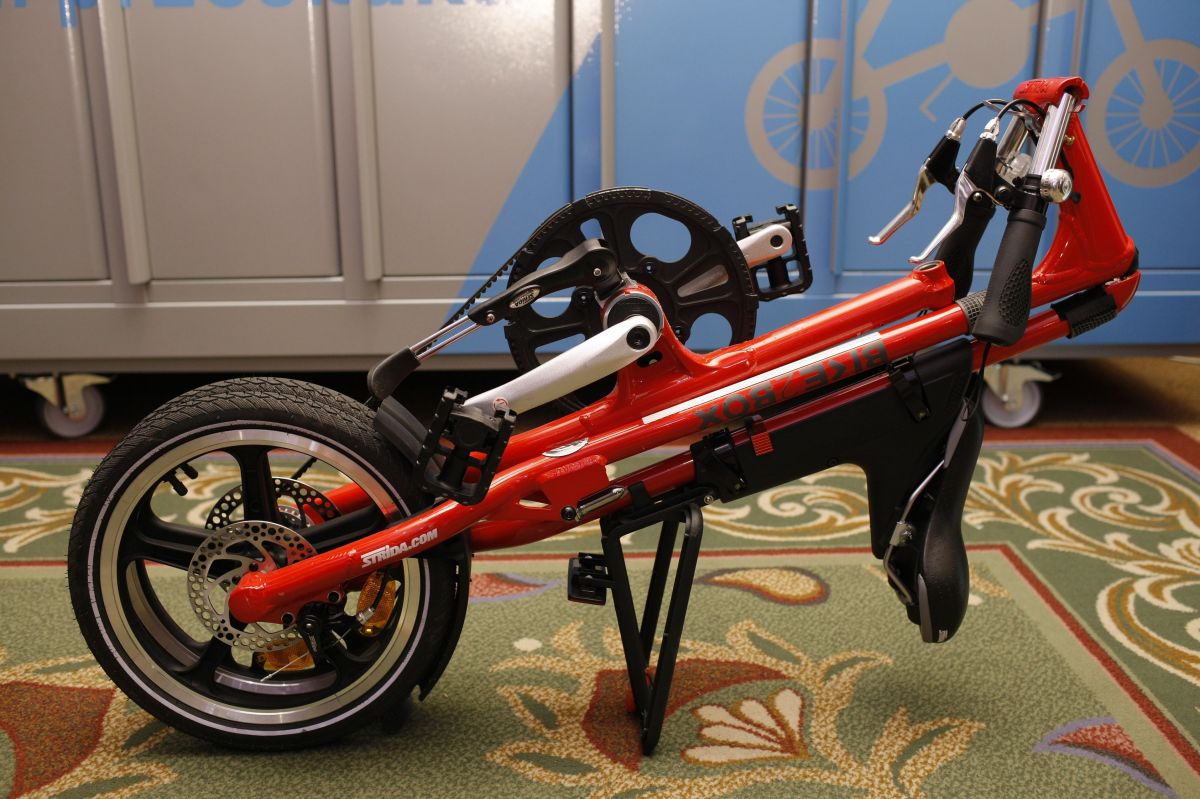
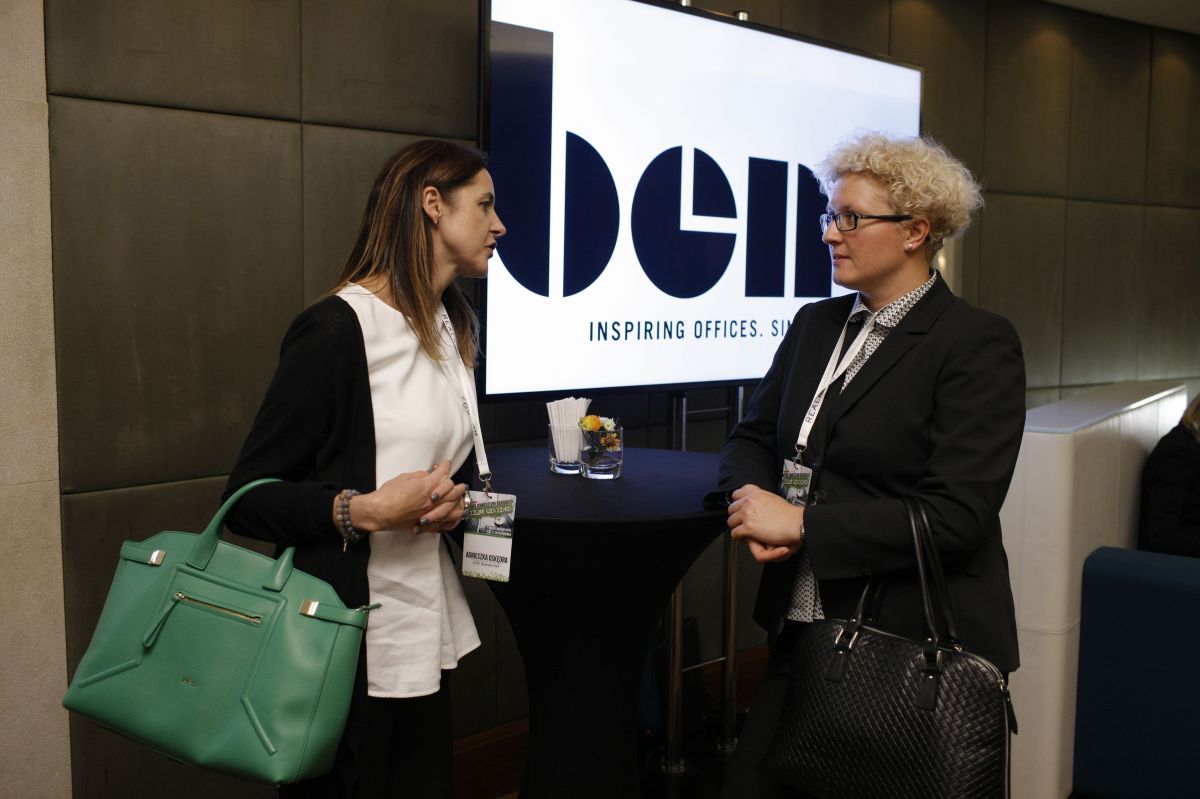
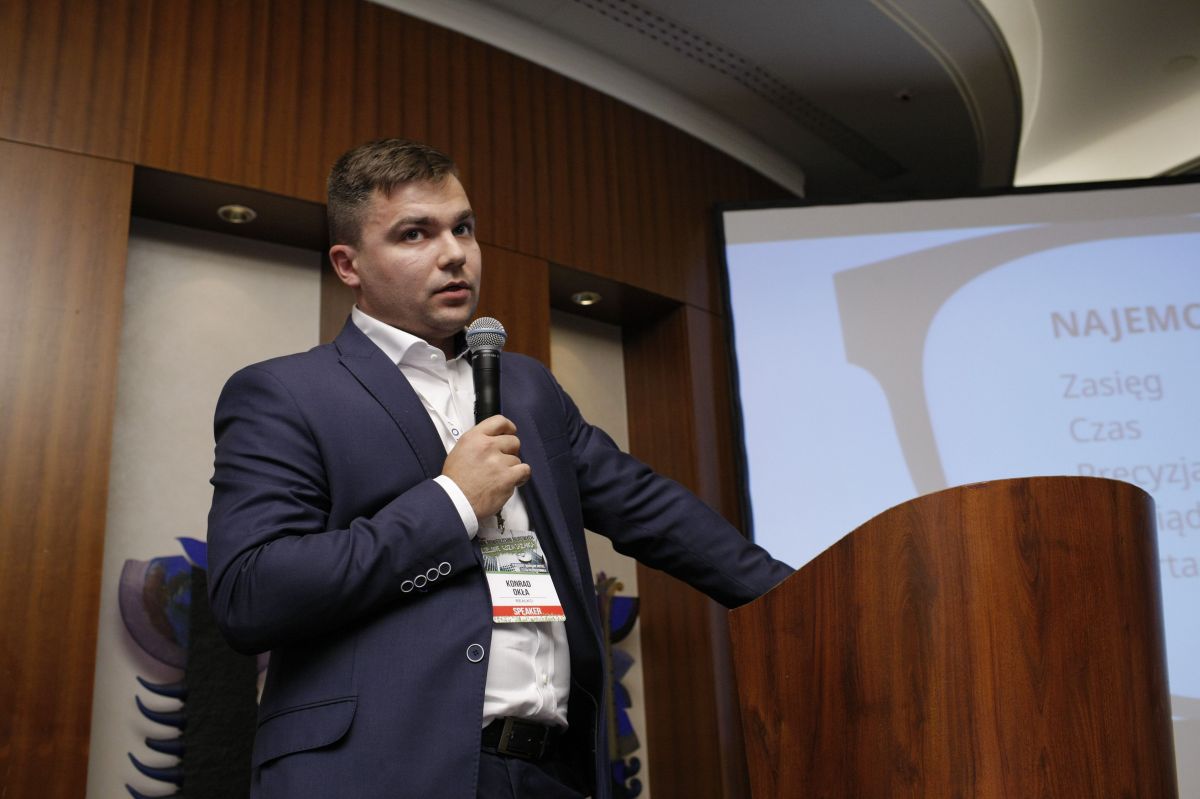

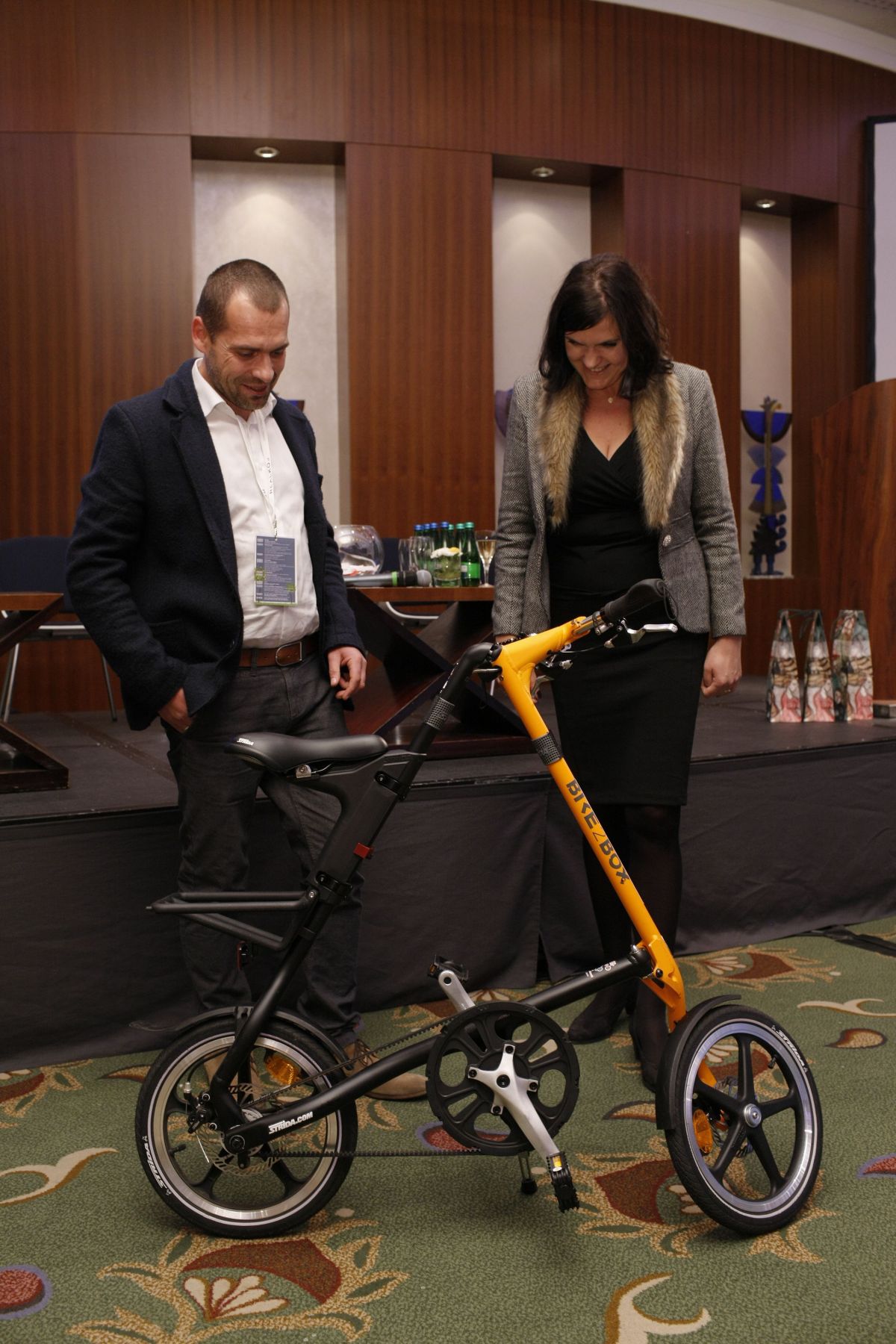
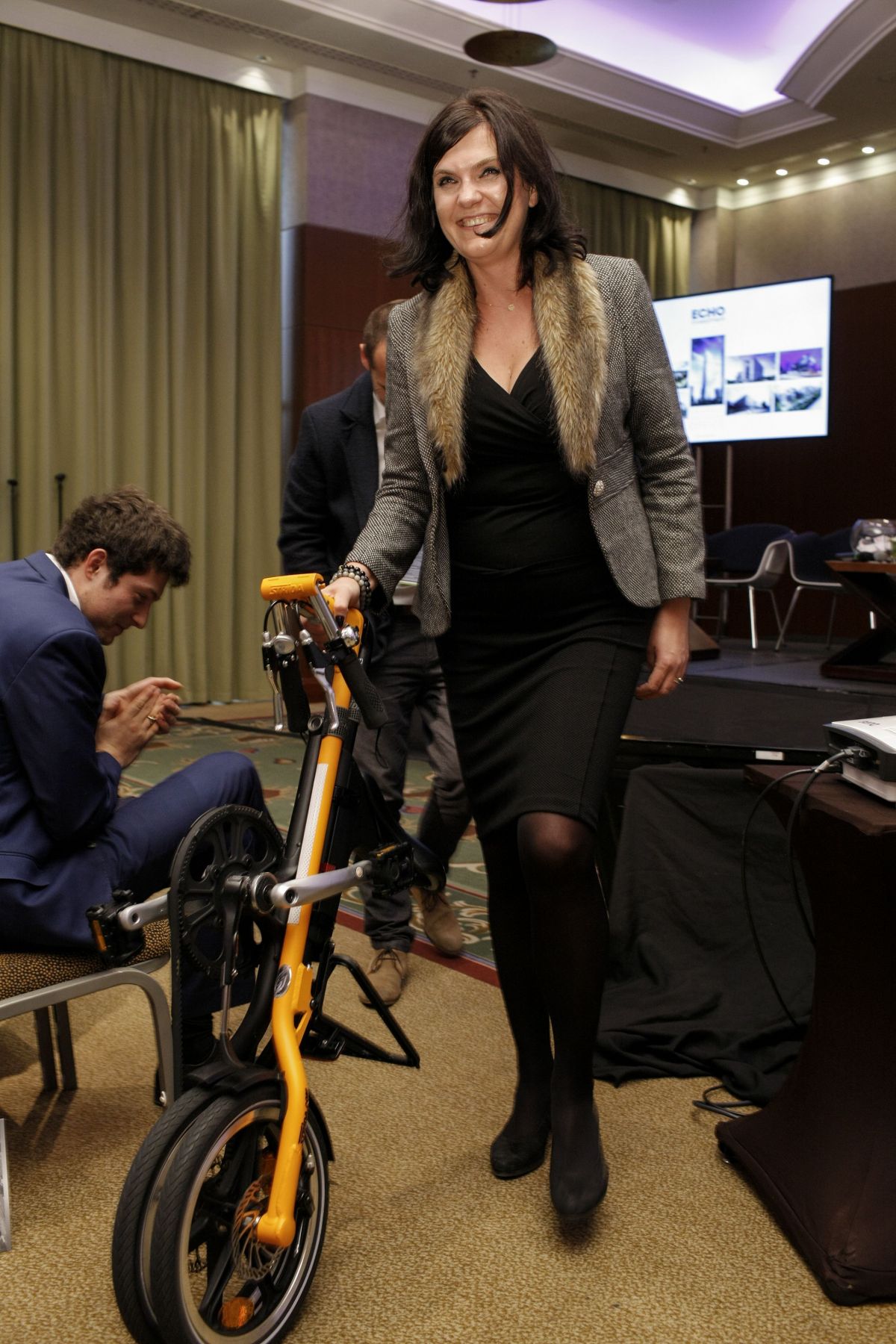
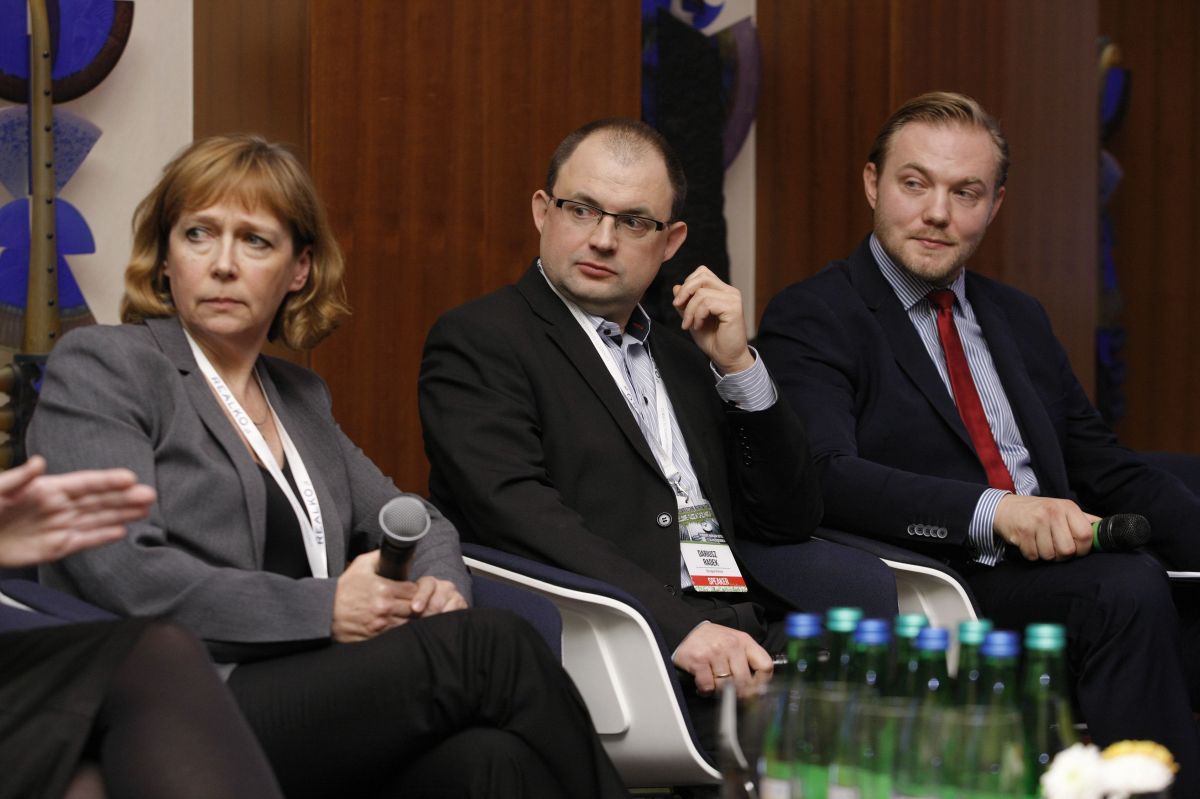
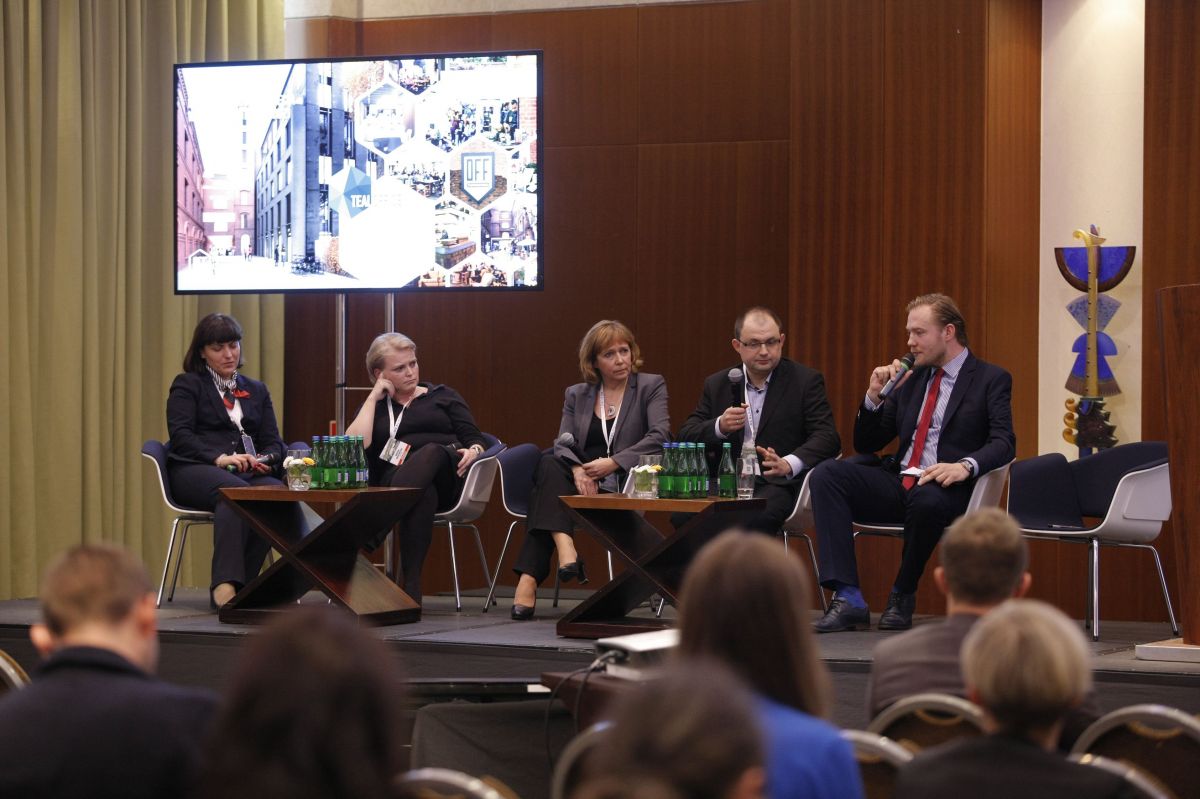
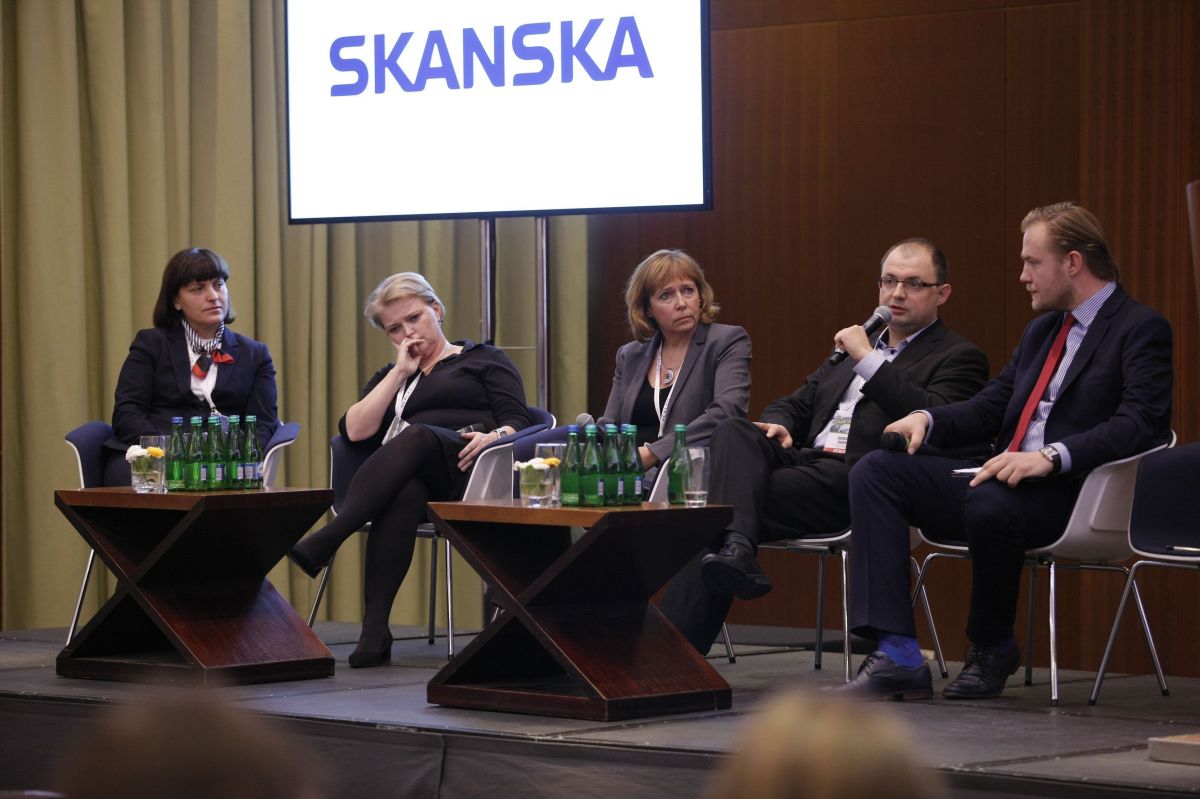
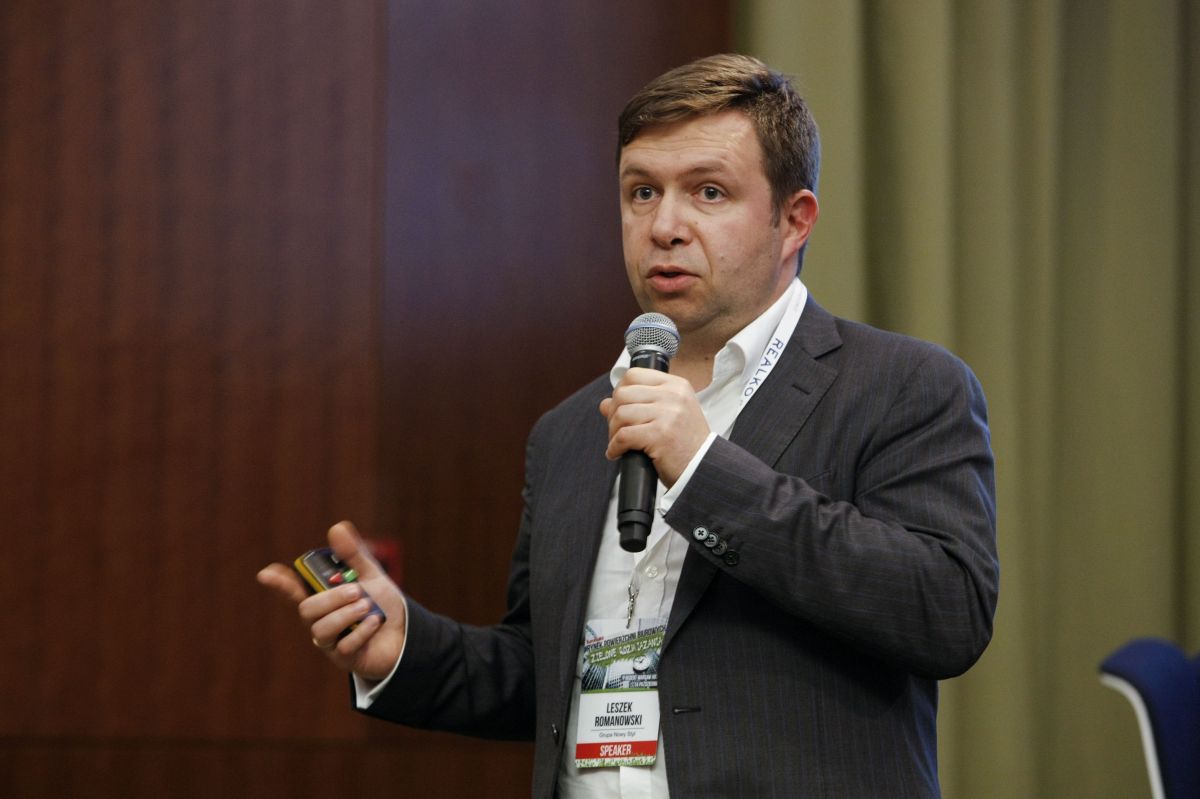
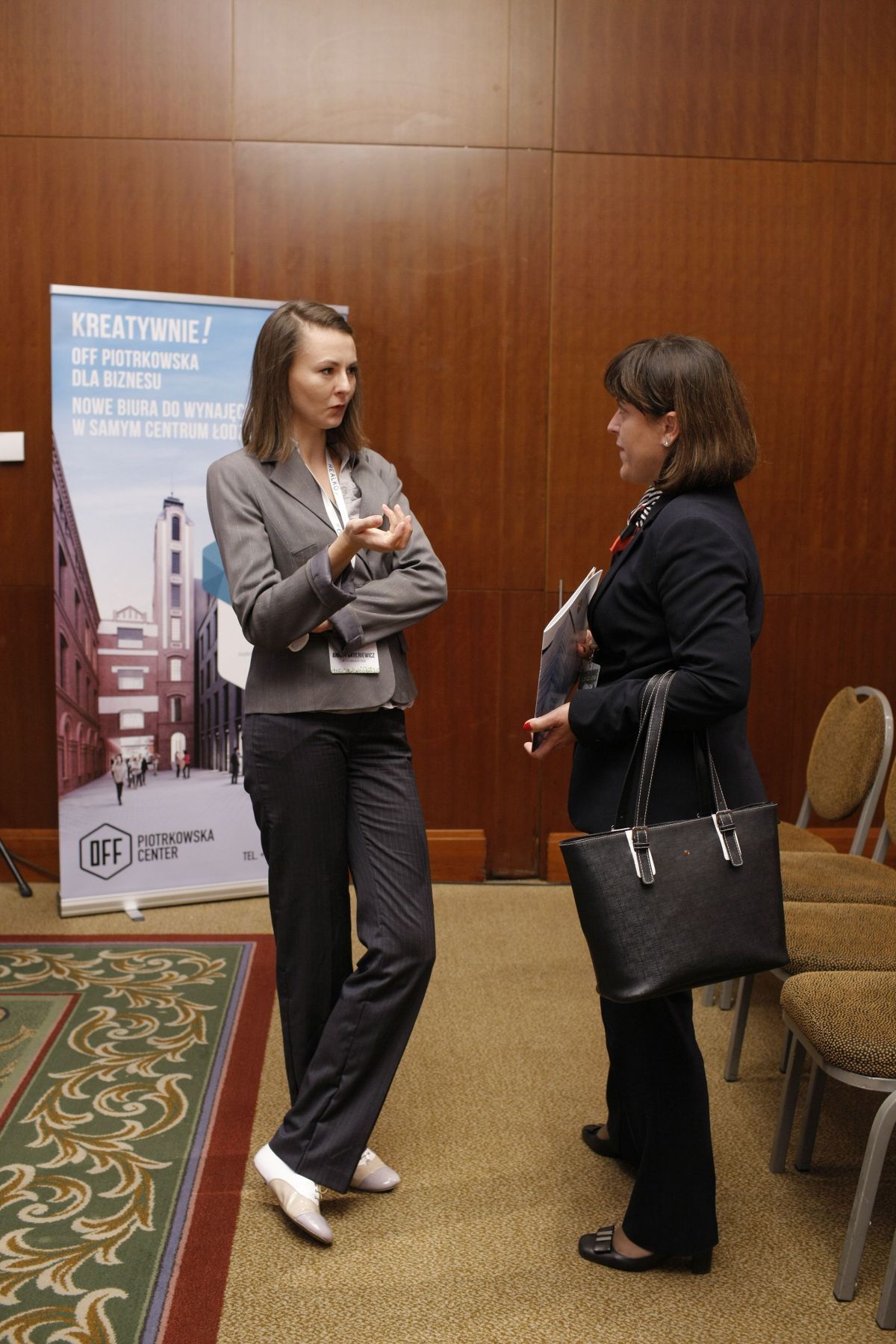
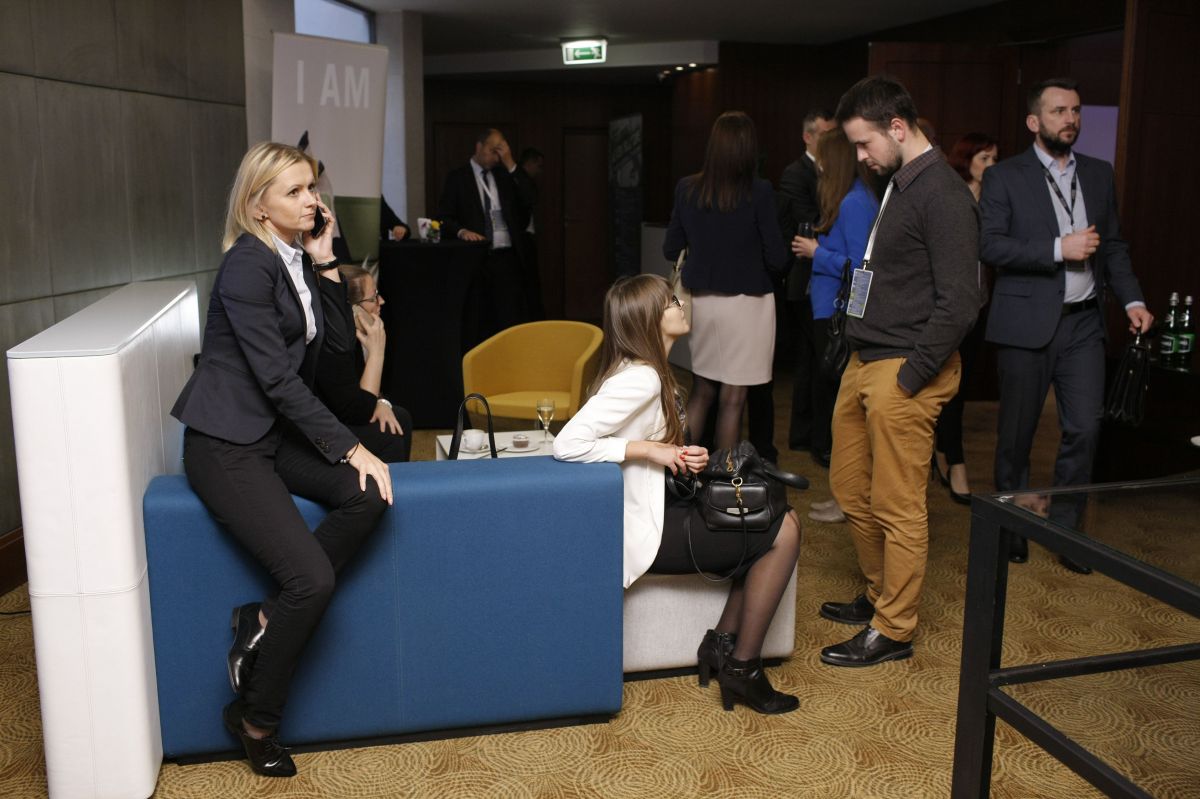
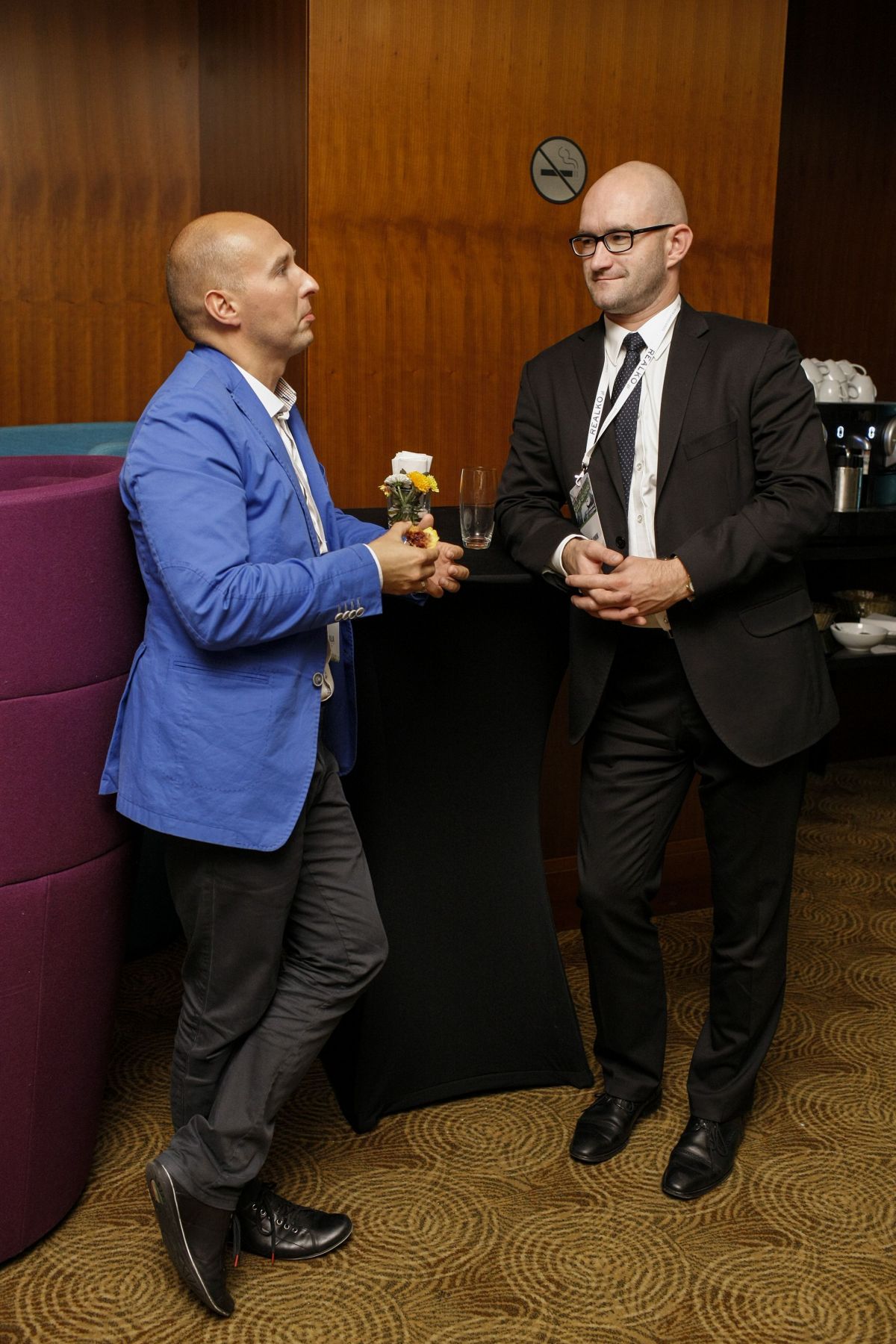
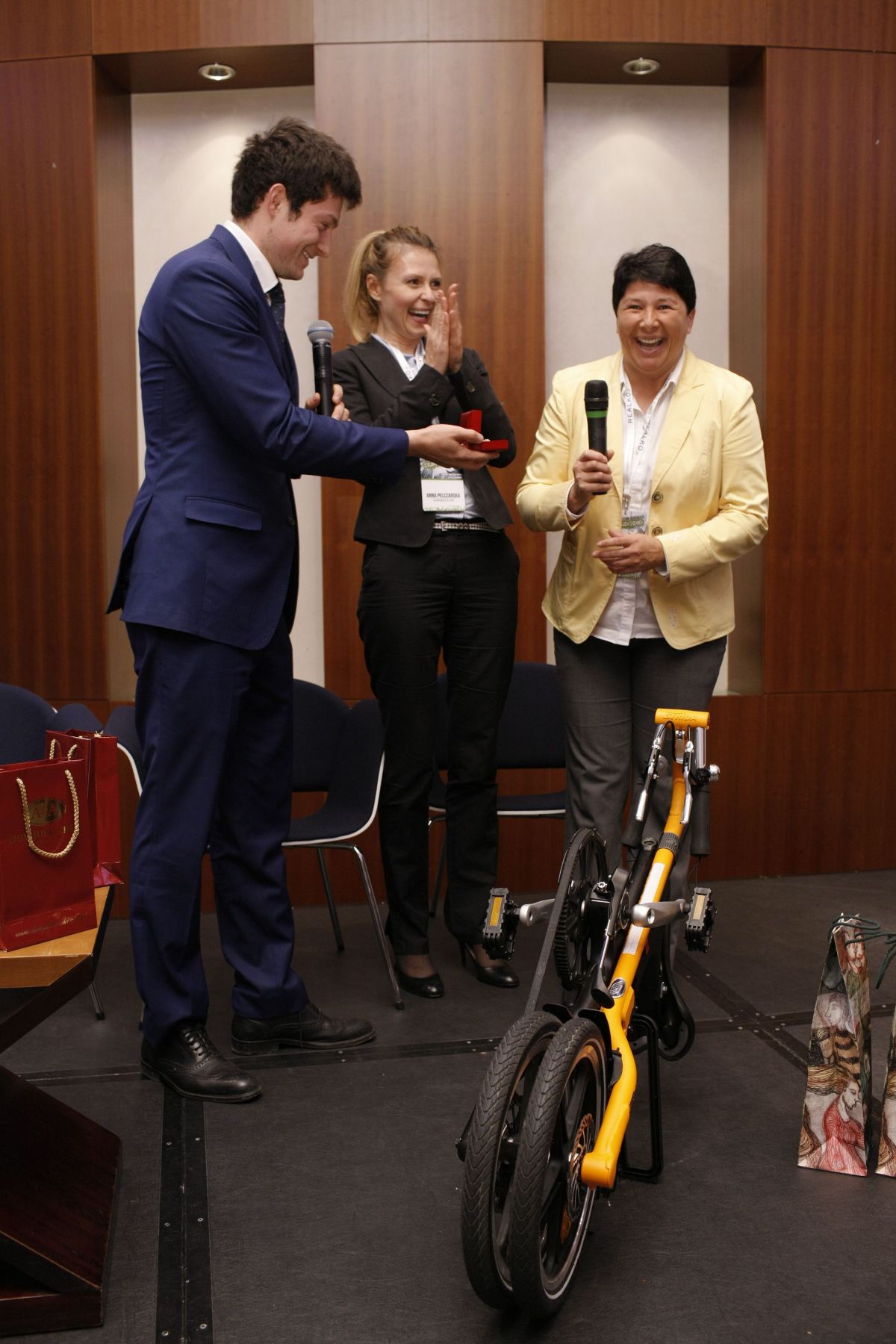
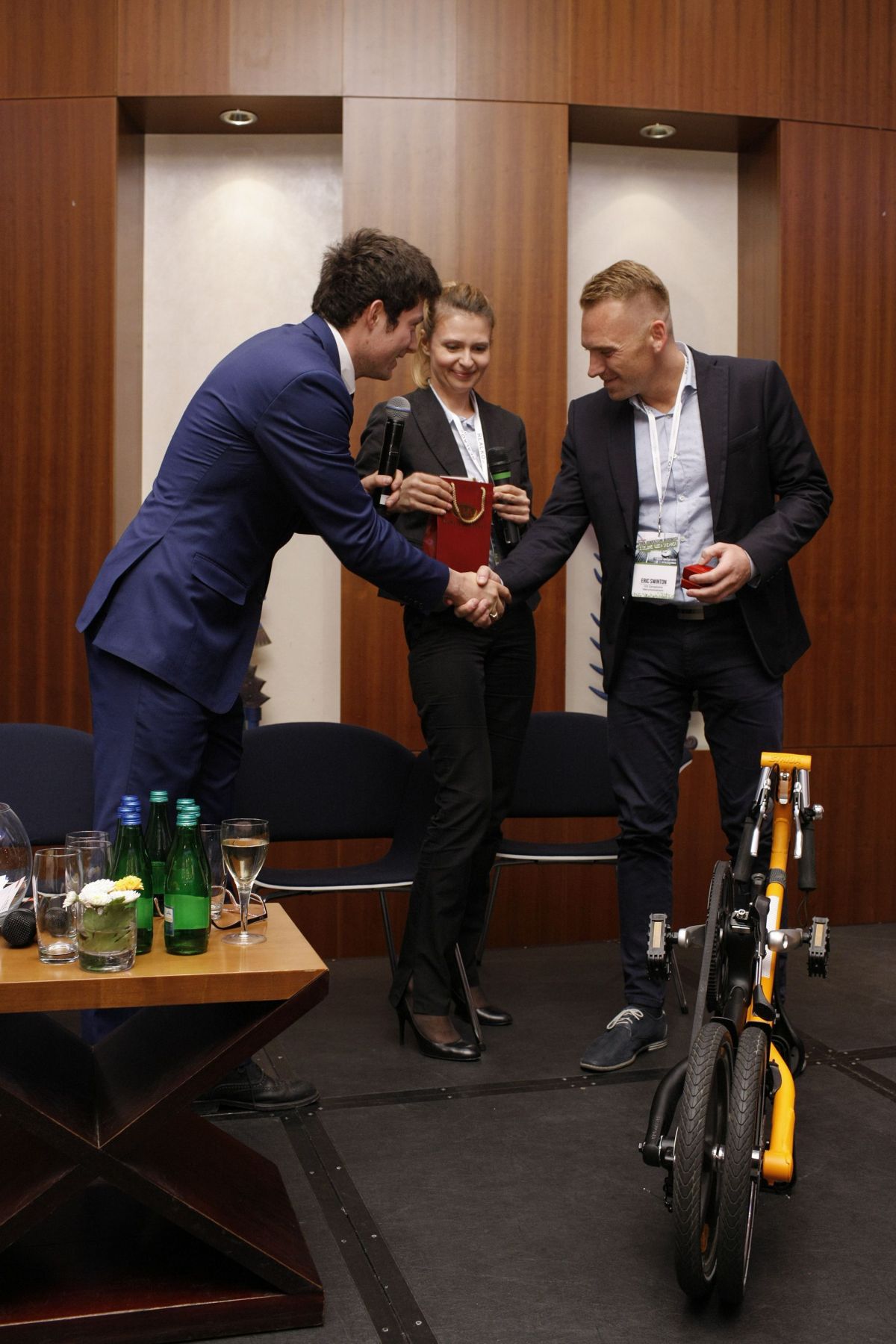

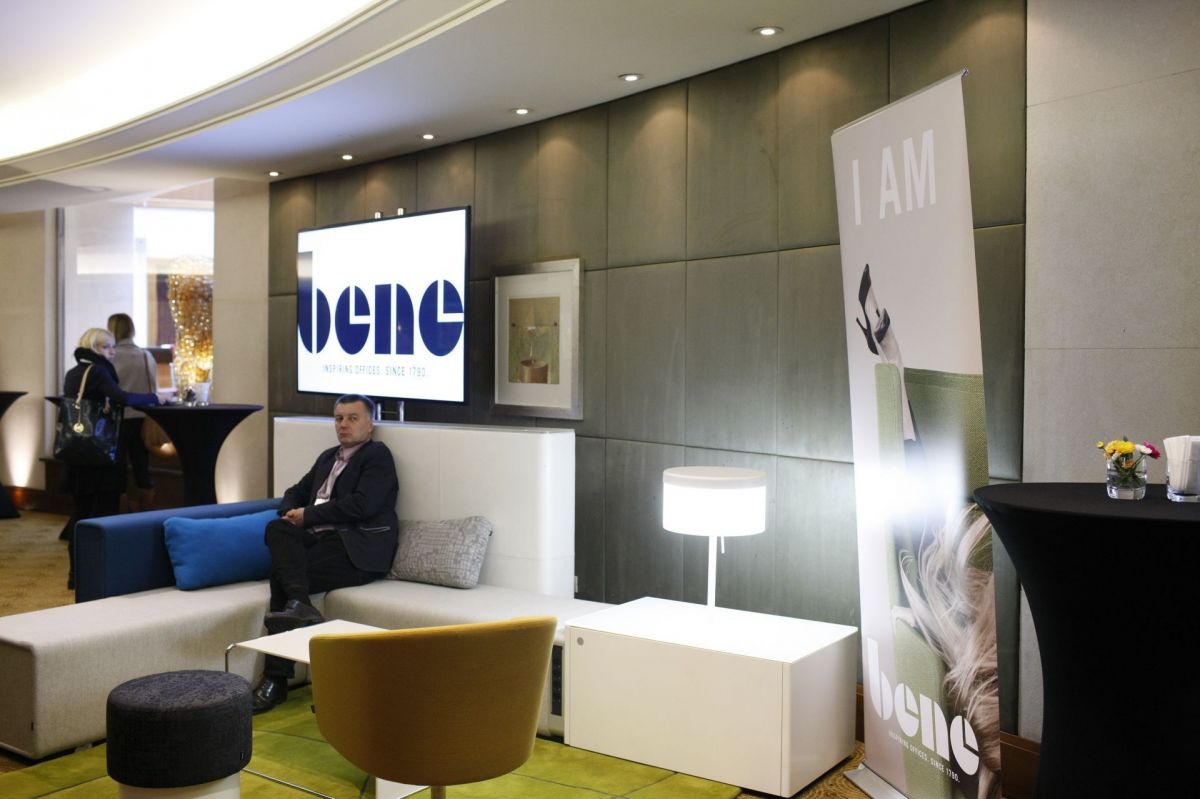
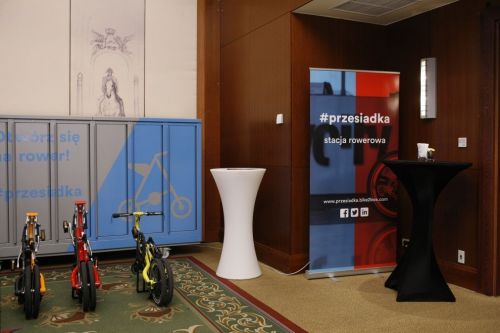
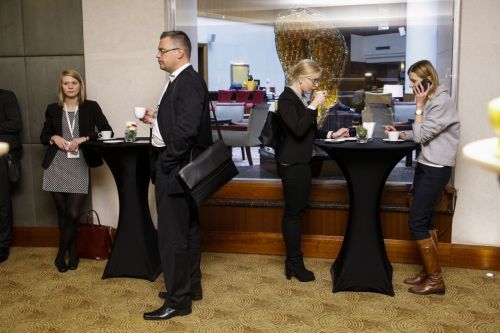
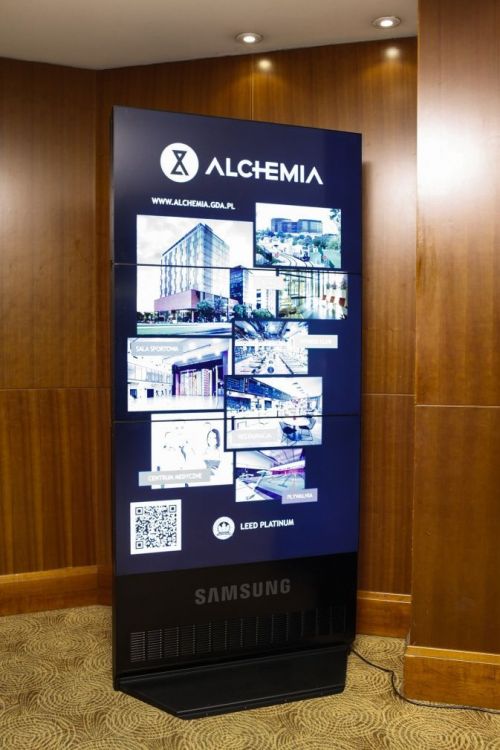
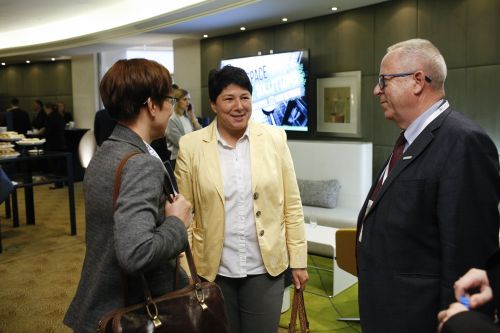
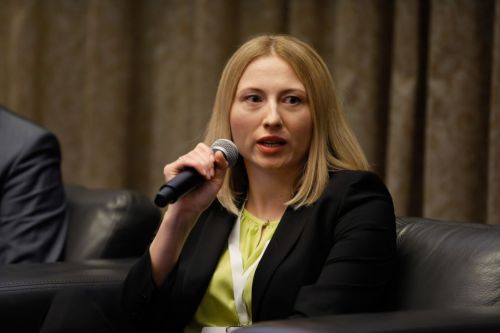
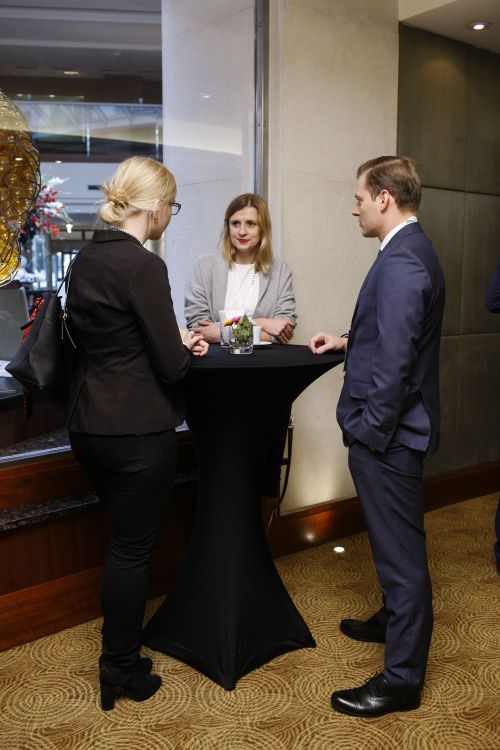
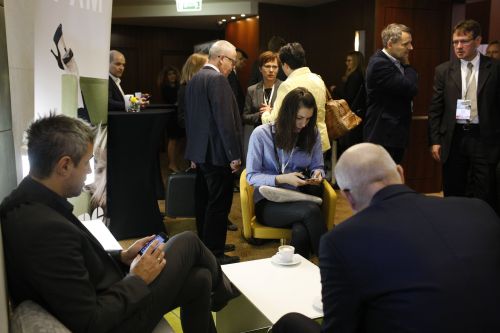

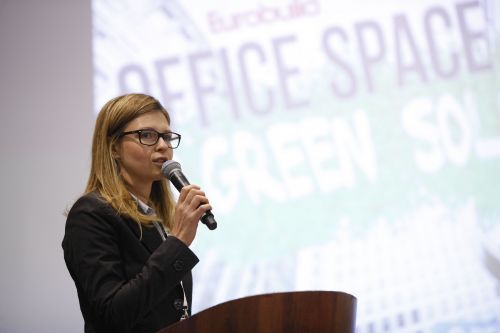
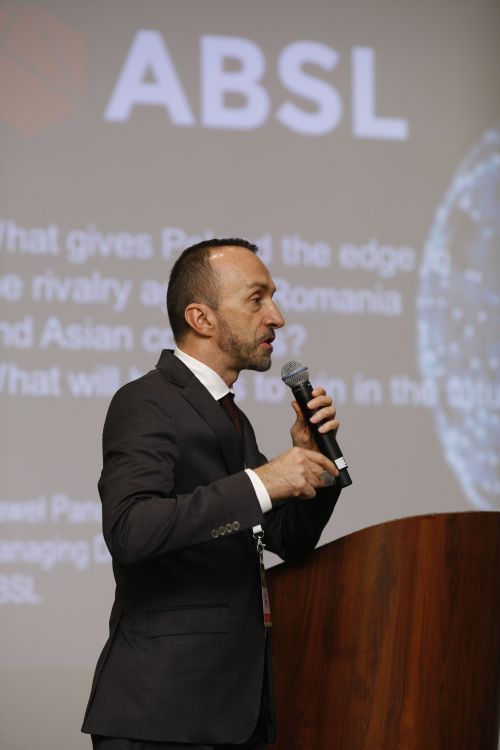
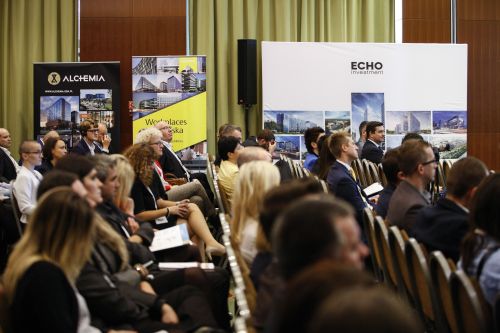
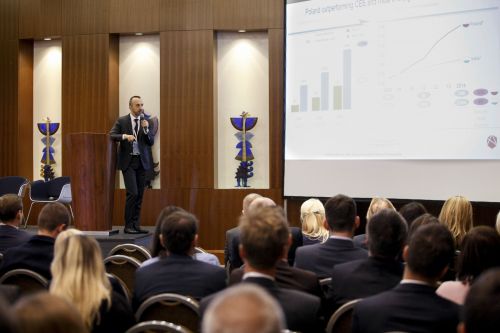

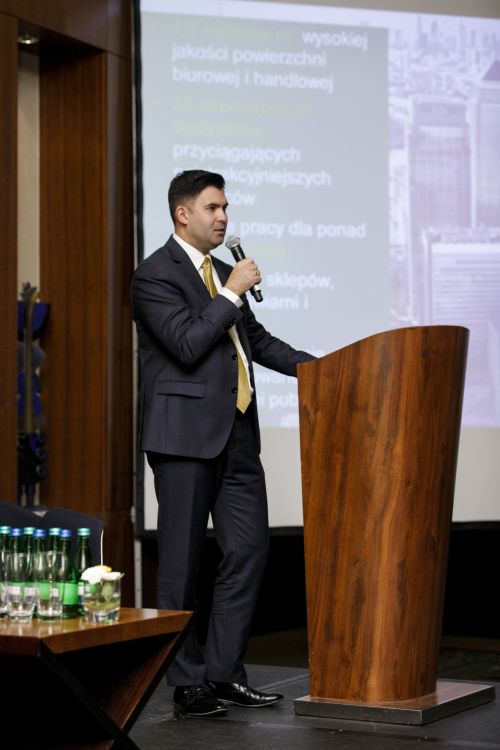
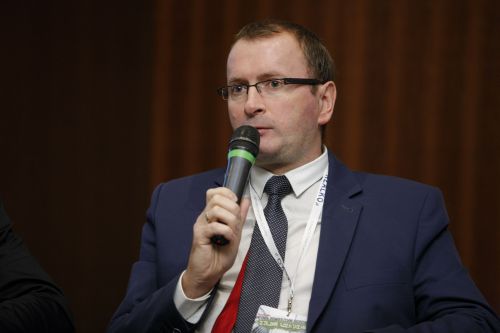
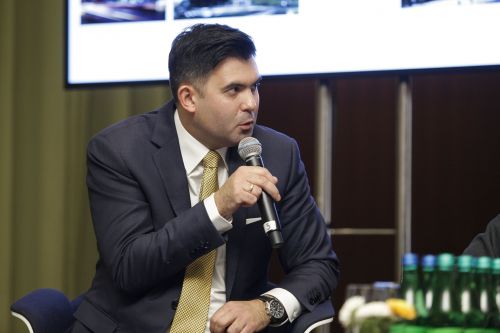
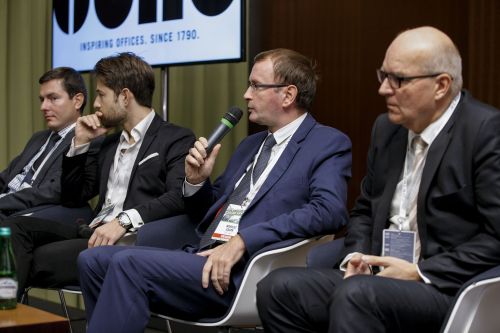
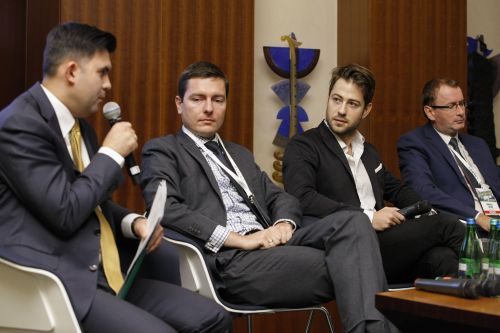

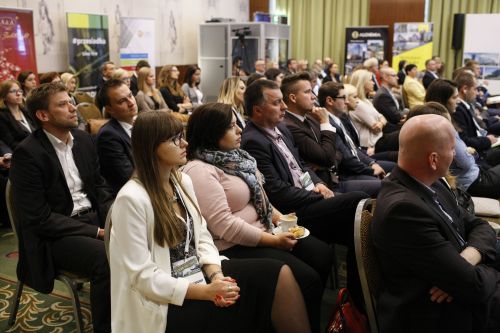
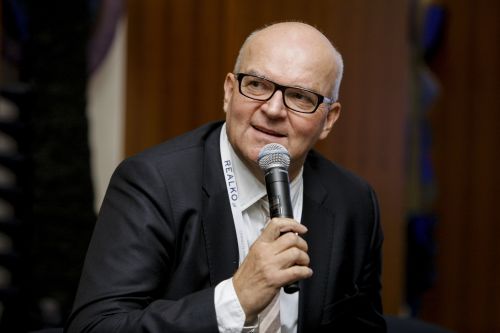
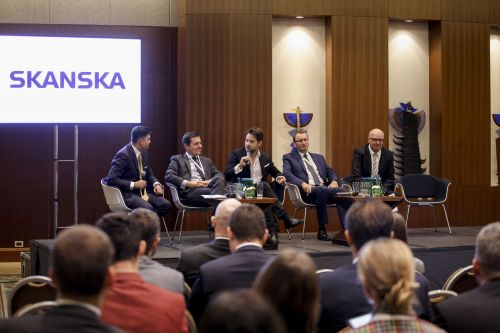
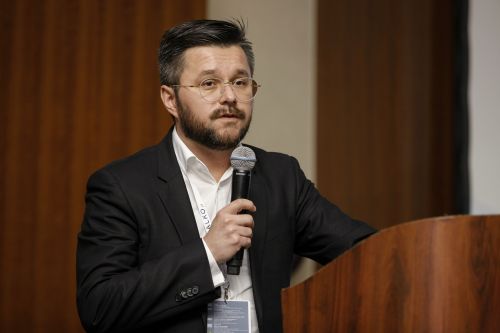
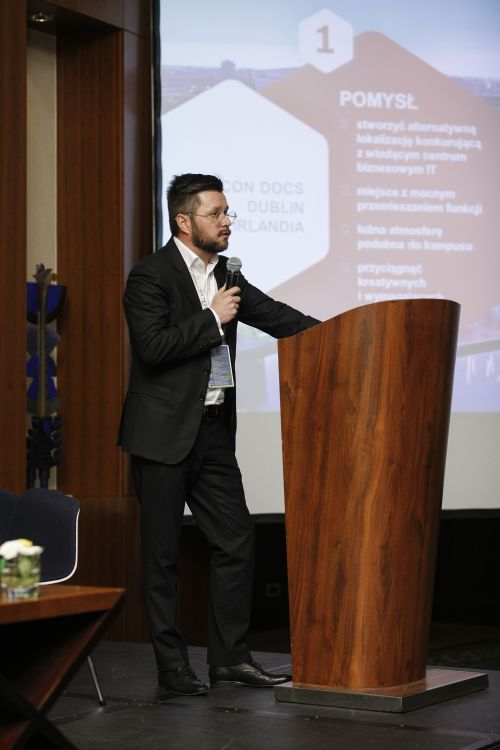
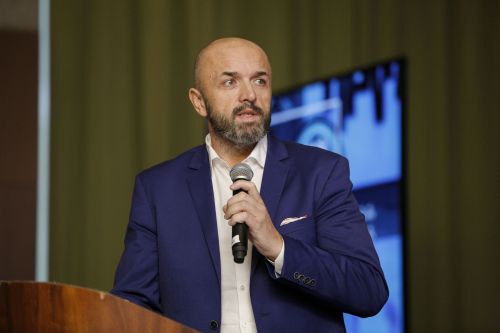
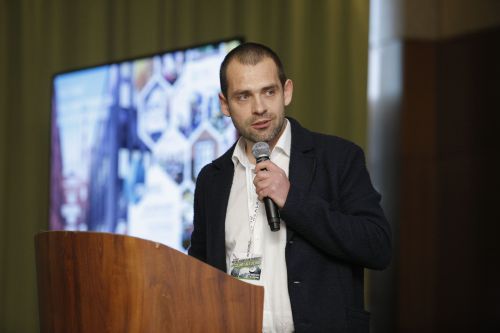
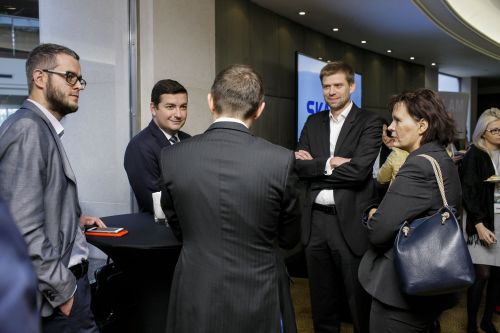
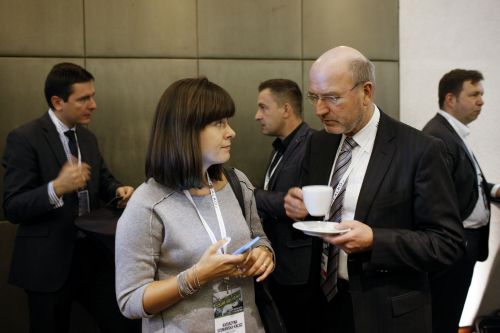

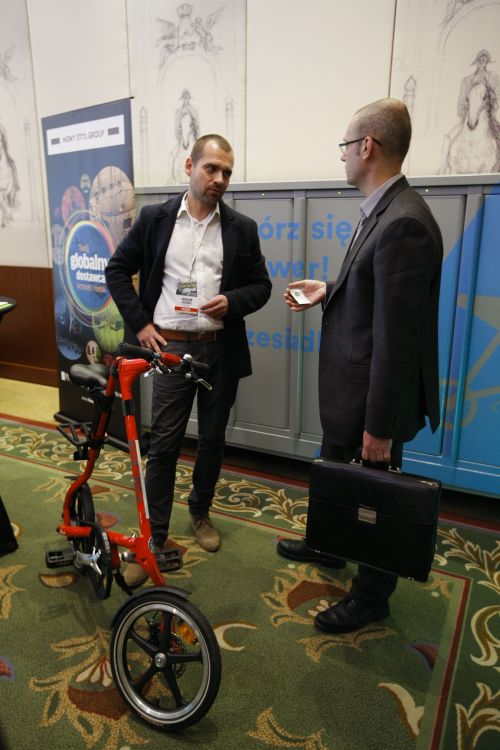
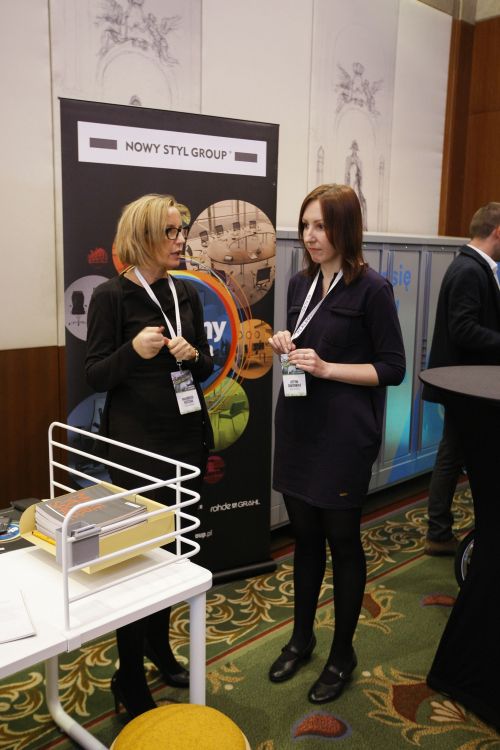
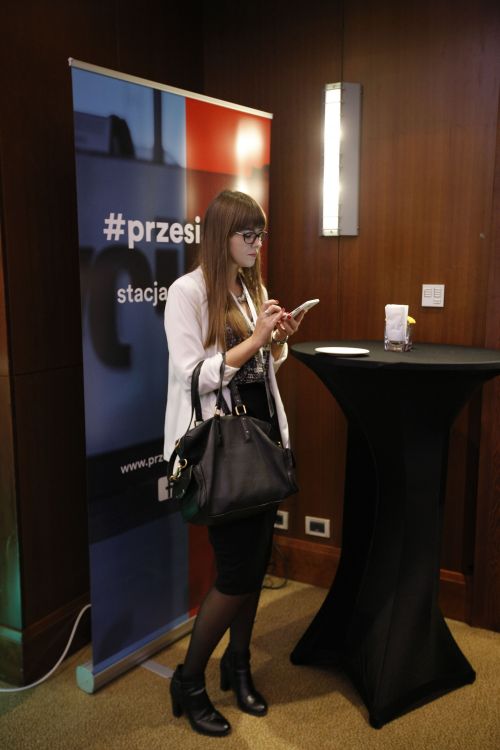
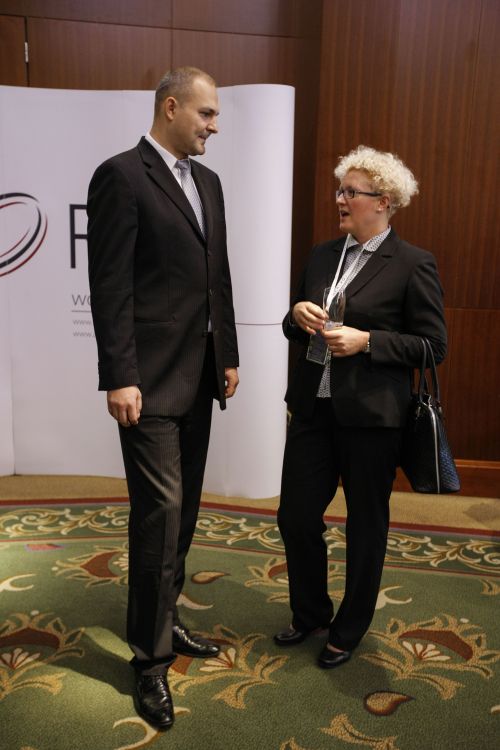
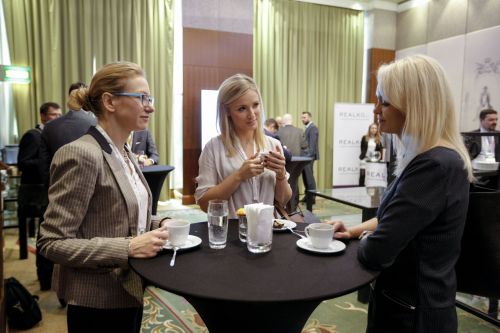

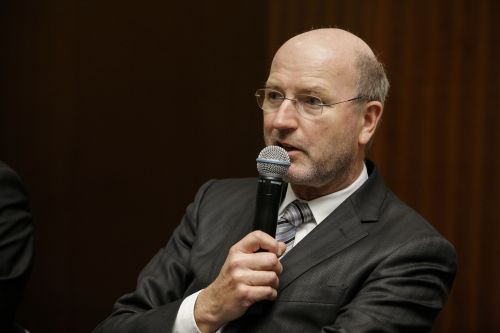
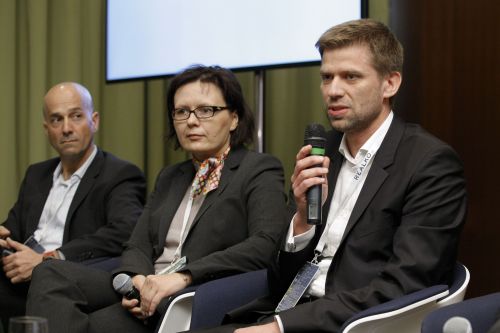
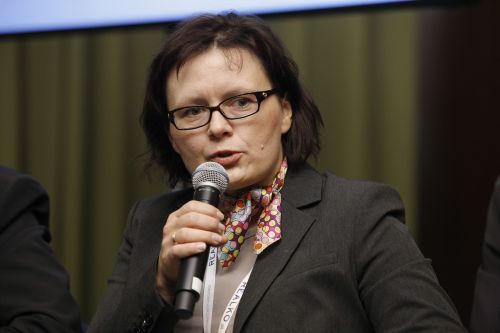
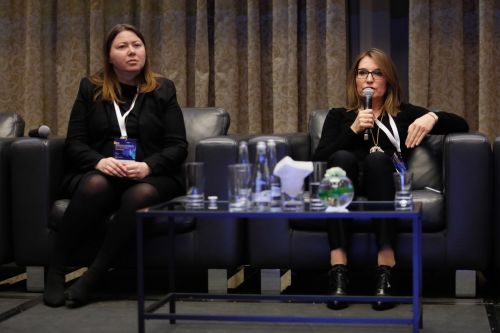
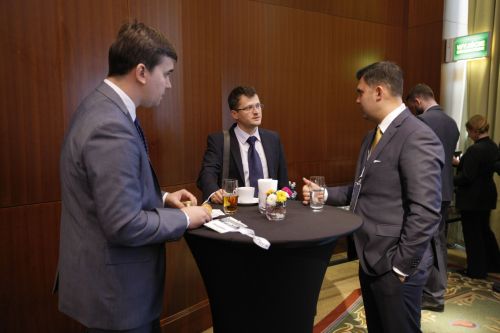
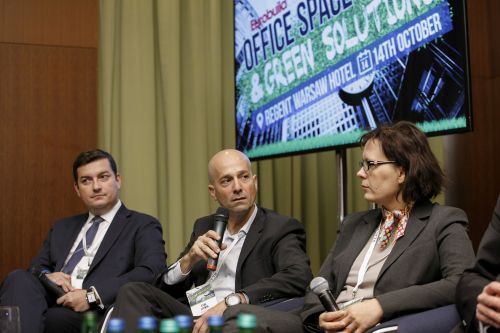
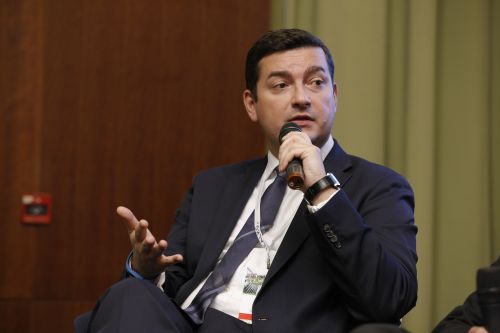
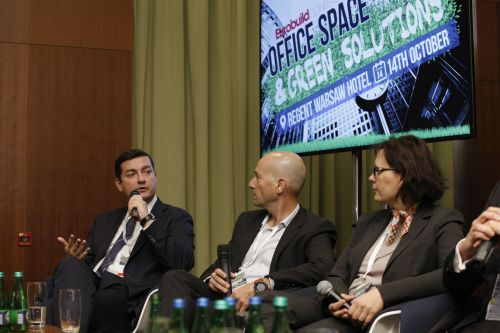
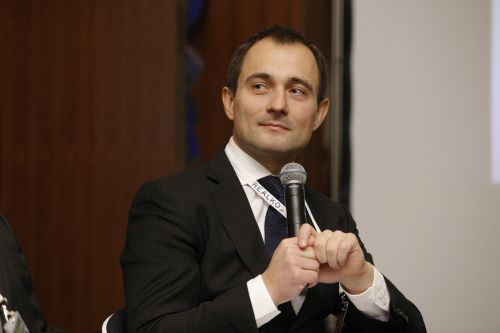
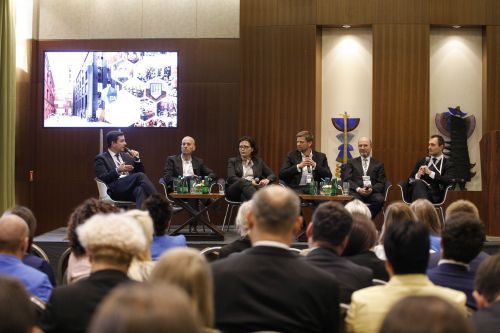
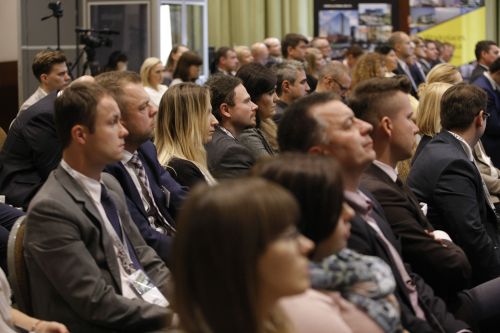
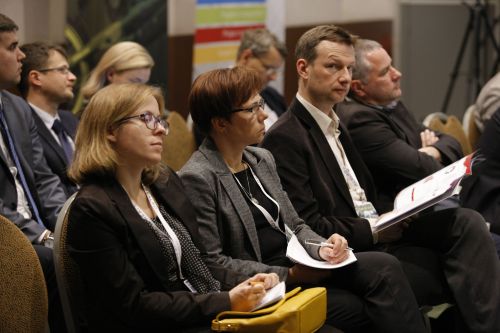
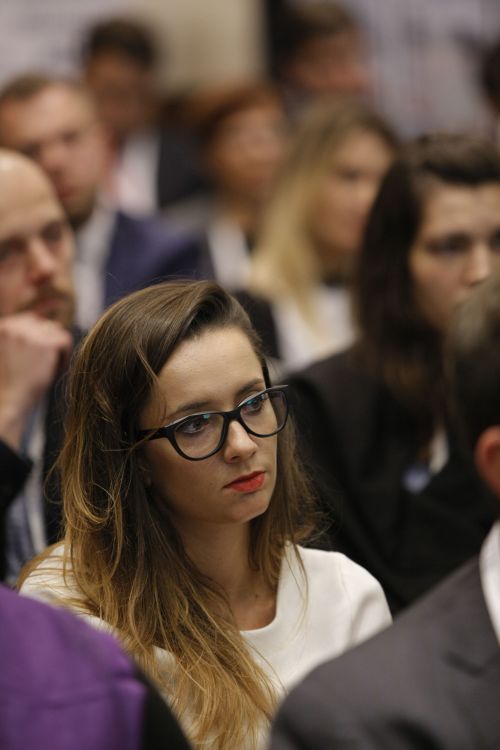
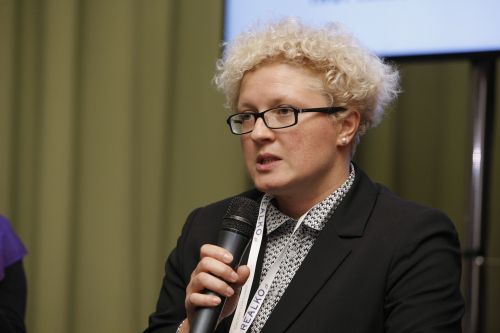
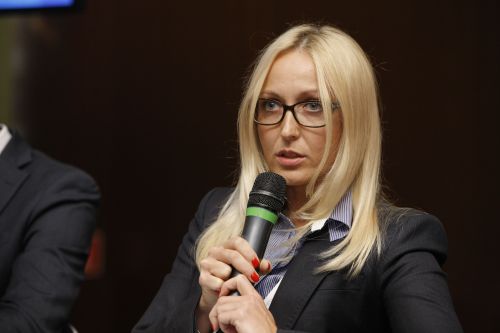
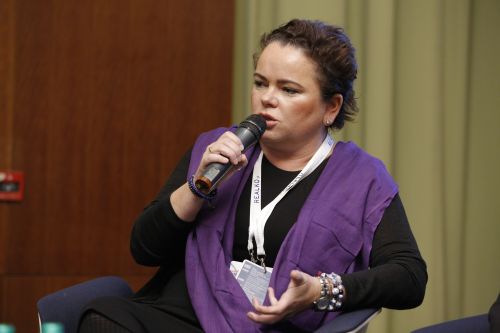
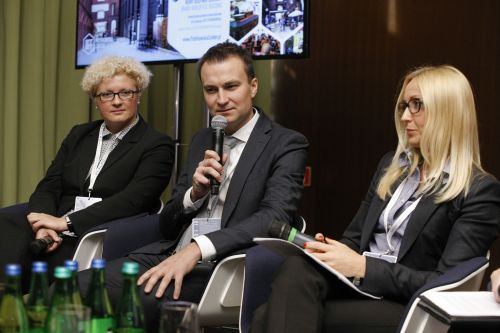
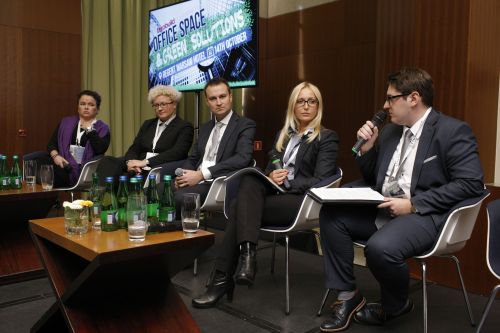
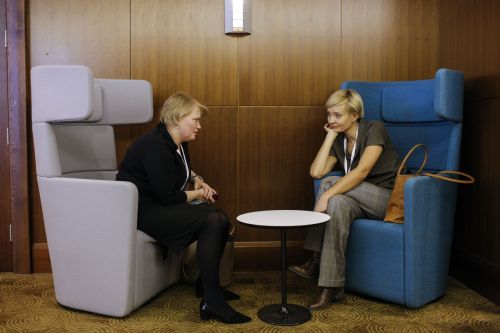
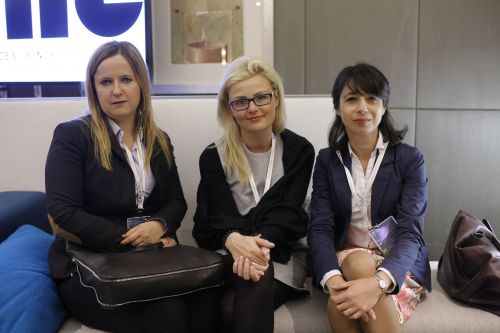
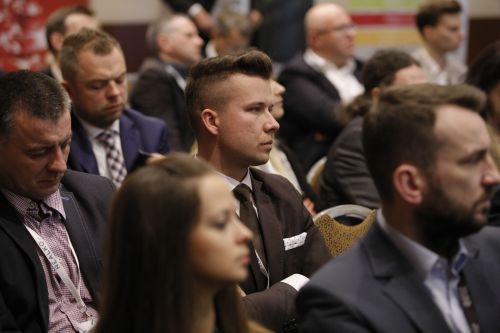

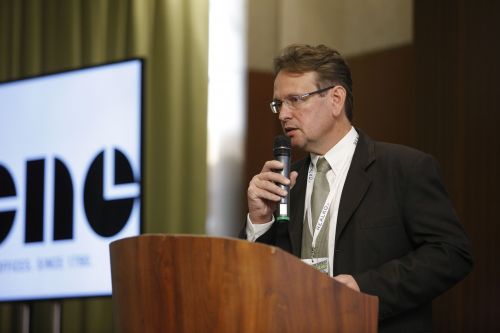
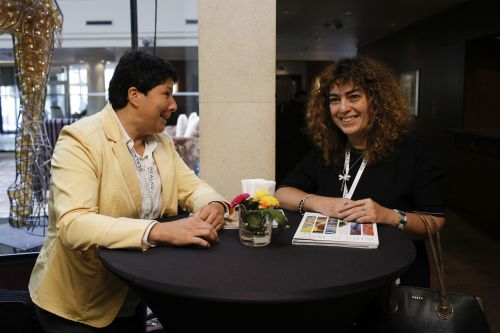
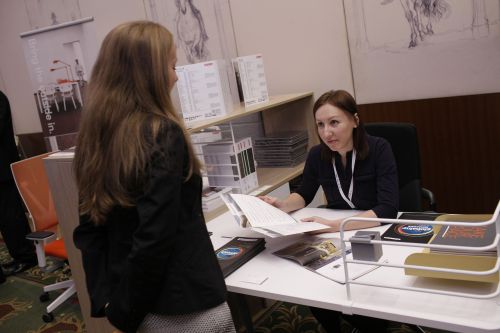

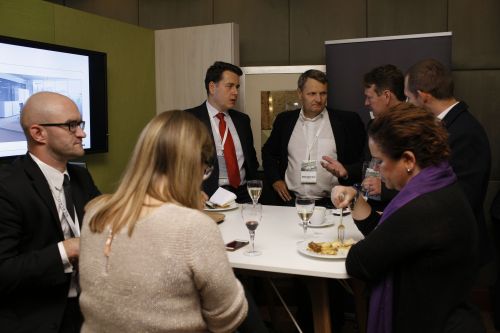
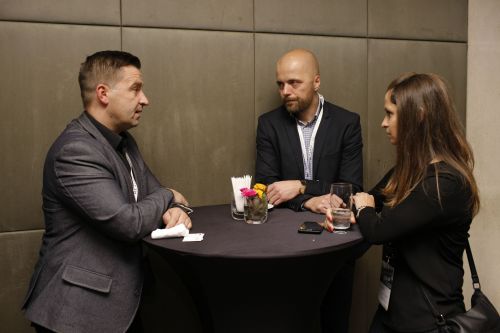
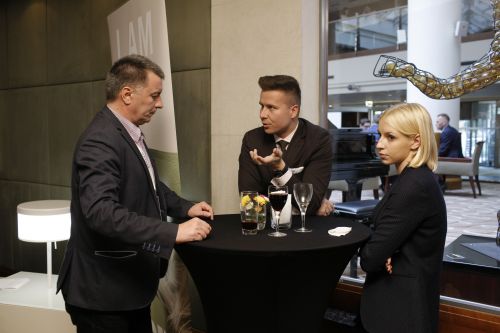
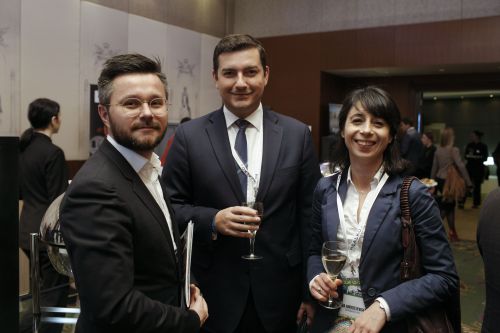

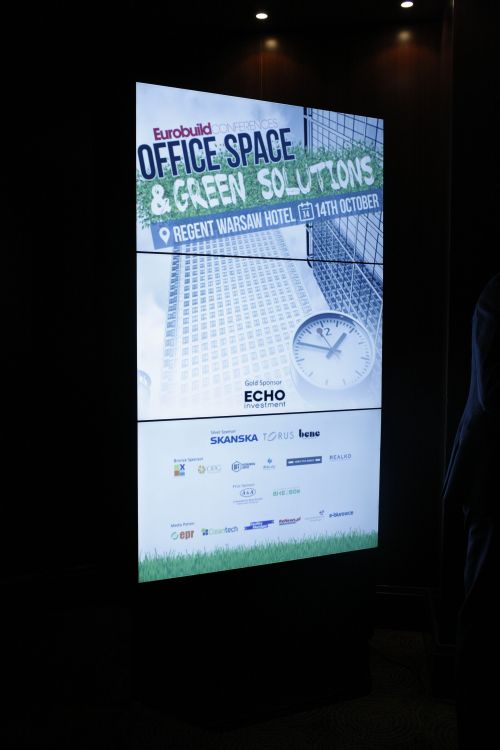

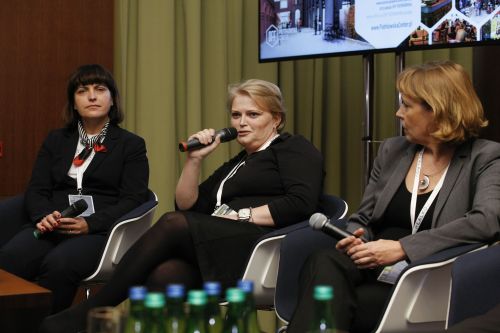
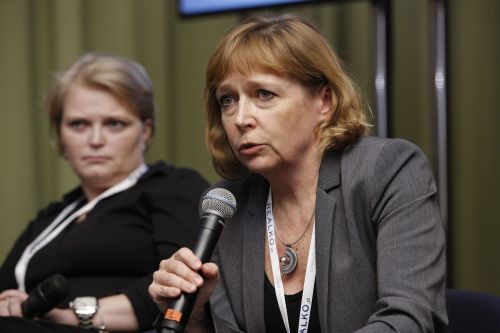
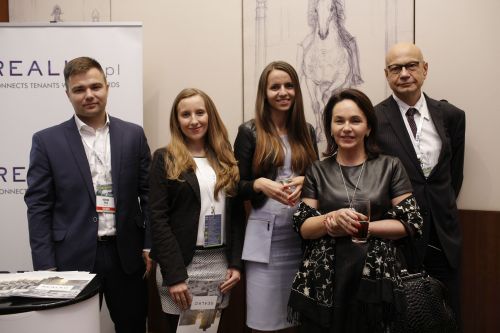
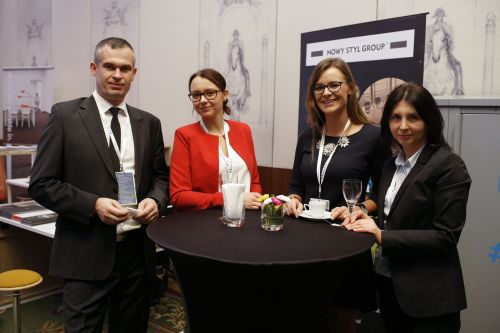
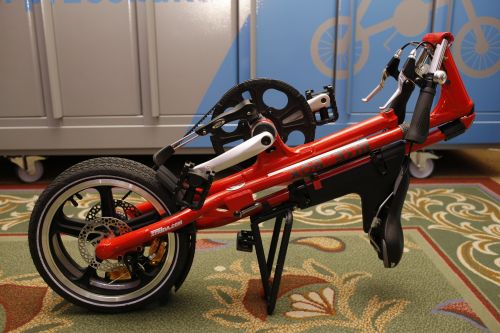
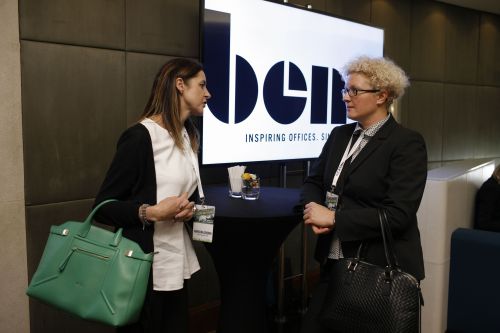
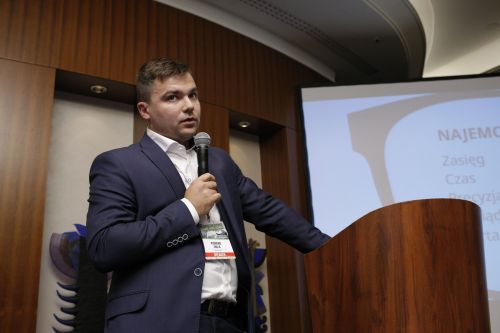

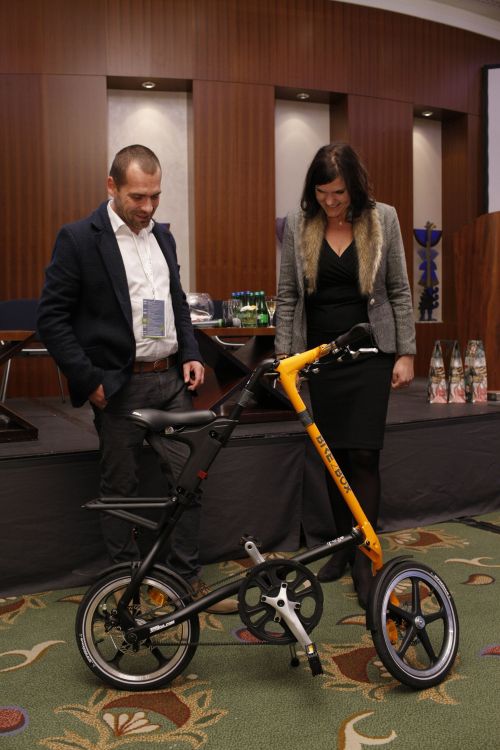
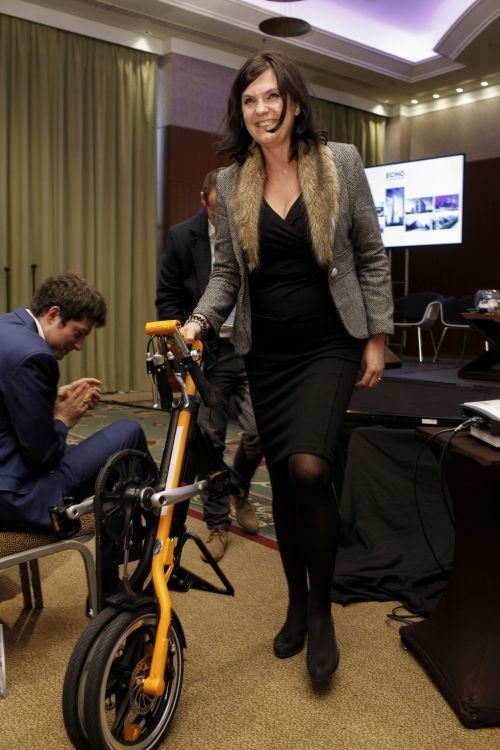
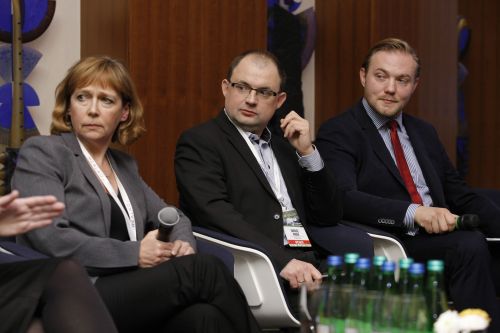
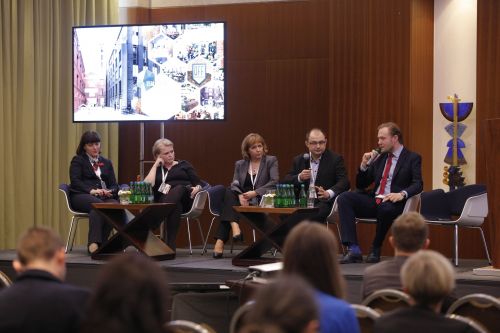
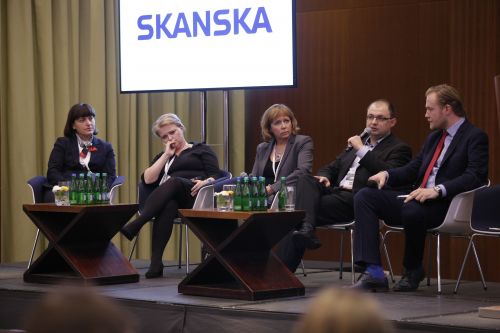

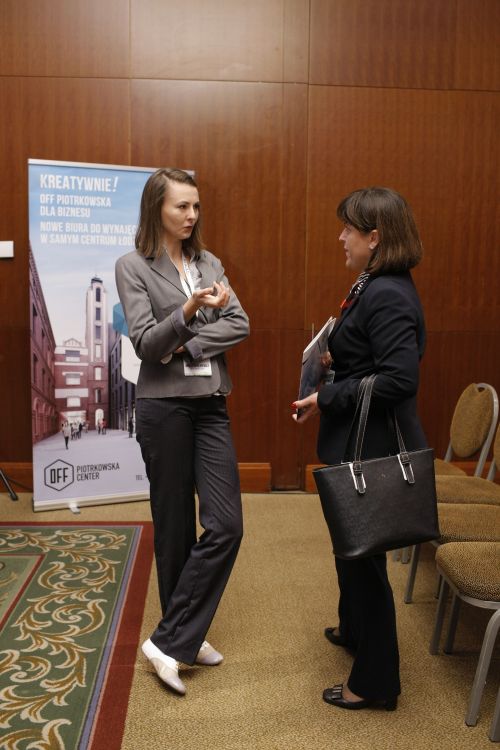
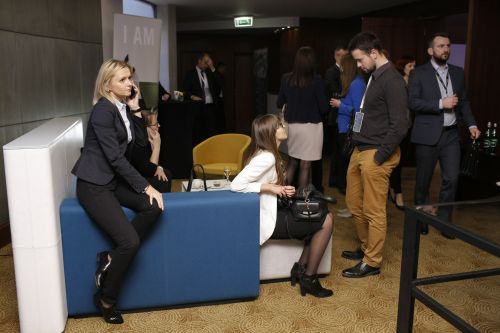
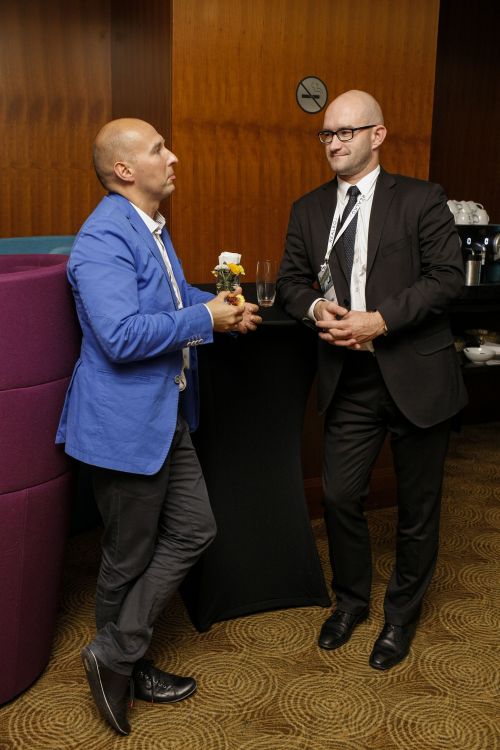
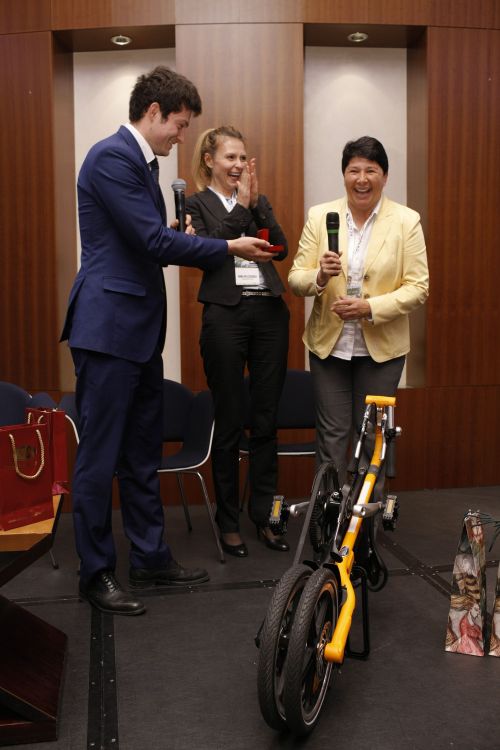
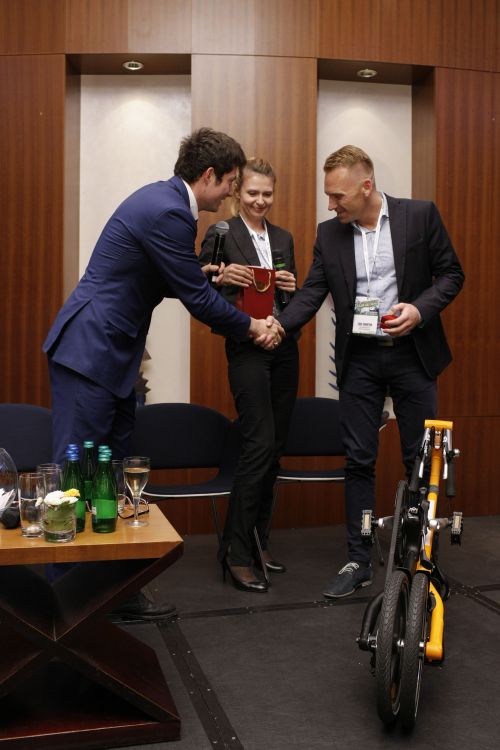

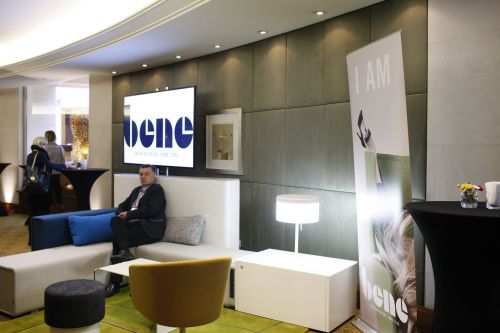
Employees in the sights of developers
During the Eurobuild Conferences: Office Space and Green Solutions conference, it emerged out that the future of office market in Poland lies not only in the hands of developers but also employees and tenants as well as investment funds.
The growth of the BPO sector is having a very significant impact on the development of the office market in Poland. “Companies that have already spread their wings in Kraków and Wrocław are thinking about further development and looking for locations, such as in Poznań, the TriCity and other, even smaller, cities and towns, which often lack modern office space,” explains Mariusz Wiśniewski of CBRE. “A city or town that cannot supply the requisite amount of space on request is crossed off the list,” admitted Michał Kornacki, a chief specialist from the Bydgoszcz Regional Development Agency. Lublin does have a plan to increase the supply of new office space in the city. By 2017, 90 pct of the city council’s departments are to move to new office space. “These will be newly-built areas, ecological buildings located in the town centre,” revealed Mariusz Sagan, the director of the strategy and investor service department at Lublin city hall. The city is also looking for an area of 7,000 sqm for municipal companies. Such leases from the municipality give the green light to projects that it would not normally be possible to launch without preliminary contracts. CBRE suggested that if the office market is to develop, cities will have to take care of good access to these projects. But: “The requirements of the private sector from the road management authority in Łódź will cost PLN 10 bln. Unfortunately we cannot afford to fulfil all the developers’ requests. We are not New York,” admitted Adam Pustelnik of Łódź city council. Bydgoszcz has found a way to encourage office developers to work. “The town has passed a resolution for a tax release on properties, including office projects,” revealed Michał Kornacki of Bydgoszcz city council.
Fashion or real savings
“Every investor is asking for green certificates. It is impossible to sell a building without such a certificate,” said Adrian Karczewicz, the transaction director of Skanska CDE. “Certificates ensure that a tenant can make savings and increase their efficiency. It is becoming the market standard,” claimed Eyal Litwin of Adgar Poland. Green certificates are also very important for Tristan Capital Partners. “100 pct of the buildings in our portfolio are certified,” boasted Karol Bartos, the executive director of portfolio and asset management at Tristan Capital Partners. There is also the prospect of a new wave of green and zero-energy buildings in Poland due to new regulations. “This is unrealistic. I can’t imagine billions being spent on refurbishment,” said Karol Bartos.
But such redevelopment does not have to be expensive. “If you want to, it is only your willingness that matters rather than the costs, because there are not too many of those. Sooner or later the majority of buildings will be renovated,” believes Maciej Kiepal, the sales manager for Poland of Armstrong Building Products.
The question is – is there any really benefit to be gained from such green certificates? “Yes, there is – you can simply secure more tenants,” pointed out Rudolf Grossmayer of UBM. “We now have more and more requirements for certified buildings from international tenants,” added Dorota Latkowska, a partner of Reino.
“The costs were what mattered in the past. Now it is the quality of the space for the employees, the standard of the architecture and the technical installations. And the prestige of the building,” argued Anna Andrzejewska of EY. “IT staff, when asked what they would like to change in their workplaces, said that apart from higher salaries they wanted better office space, among other things,” said Leszek Romanowski, the workplace strategy leader EMEA, Grupa Nowy Styl. “It used to be the case that better space for employees came seventh or eighth in terms of the criteria when searching for premises. Now they come second,” pointed out Joanna Nicińska, the senior leasing manager of the office project department at Echo Investment. “The fact that the good working conditions in terms of the space should be there is not so obvious,” she added. As Michał Styś, the vice-president of OPG pointed out, all workplaces are starting to look similar, particularly in new office buildings – and the only factor that can potentially be different is the atmosphere of the workplace. “We have seen various ideas about how to improve the atmosphere at work – office gardens, bowling, etc. – but they didn’t catch on. After some consultations with office workers it turned out what they needed was bicycle infrastructure,” explained Radosław Kozubski, the founder and managing partner of Bike2Box. However, the need for such facilities is a sensitive issue for tenants. “Some are looking for a building which that has a parking space for the president’s huge car – and won’t settle for anything less. They just want buildings that fulfil this criterion,” said Konrad Okła, the president of the board at Realko.
Tenants look
“We have provided our employees with a large amount of communal space. Large kitchens and many other smaller tea-points. We have also considered such other issues as: which department should be situated next to which in order to increase the company’s efficiency,” explained Katarzyna Cieplak, the property maintenance director at PZU. “PZU’s new office also includes bicycle infrastructure, showers and a canteen. “There are also pool tables, table football, patchwork furniture and wall graphics designed by the employees of the company. We wanted them to feel at home,” she added. For Mobica, however, the main requirement was clear: the location. “In Warsaw the office had to be next to the underground line, while in Bydgoszcz it had to have the best possible access from Toruń,” remarked Magda Majchrzak, the real estate, facilities and procurement manager at Mobica. Tilt windows were the most important thing for the IT staff at Mobica. “There was intense pressure for this. Meanwhile, the management included highly limited access to the office for outsiders. Apart from that, the unquestionable requirements included: a shower and a large, well-equipped kitchen, in particular including a dishwasher, which was the cleaning staff’s demand, as well as something often asked for – that the office should be... nice,” explained Mobica’s director, which, just like PZU and Capgemini, made one of the largest office relocations this year. “A terrace was very important for us. This was an unquestionable issue because we had got used to having a terrace in our old office,” added Dariusz Radek of Aviva Poland, which also moved offices this year.
And if it is no longer possible to adapt a building and is no longer suitable for its tenants? It can simply... be replaced by a new one. “I remember developing office buildings on al. Jana Pawła II in Warsaw. Their new owners are already thinking about demolition,” related Krzysztof Wilczek, the director of region north at Skanska Property Poland. “Polish offices will not maintain their leasing levels unless they improve their standards. Our acoustics are worse, that is, much louder than French ones,” added Leszek Romanowski, the workplace strategy leader for the EMEA at Grupa Nowy Styl. And he was not referring to the outside noise but the noise generating by neighbouring tenants. “This can be remedied not only by installing the right type of floors and ceilings but also the furniture and wall-to-wall carpets,” added Leszek Romanowski.
Vacancy not such a nightmare
In spite of the fact that so much is being built in Warsaw, the vacant space this creates can be positive for the market, according to some of the players on it. “Everyone is talking about 100 pct leases and the whole market is focused on this. But it does not make any sense,” argued Joanna Nicińska of Echo Investment. “Most importantly, tenants expect flexibility. So you need to have vacancy in order to offer this sort of flexibility,” she added. “If you have a very large lease contract, for example for ten years, but it does not cover the entire building and there is provision for flexibility in the contract, we have to lease the remaining area under very short contracts or leave it vacant,” added Krzysztof Wilczek.
At the end of the conference a lottery took place. Bottles of wine provided by Eurobuild were won by Anna Brewińska of OPG Orange Property Management, Paulina Bziuk of Tacit Investment and Konrad Okła of Realko. Diamond and peridot jewellery from A&A went to Renate Kremer of Conject and Eric Swidon of CDI Zarządzanie Nieruchomościami. Magdalena Szerenkowska of Philips Lighting walked (or rode) away with a Strida bicycle supplied by Bike2Box. Congratulations to all the winners!
Anna Pakulniewicz
























